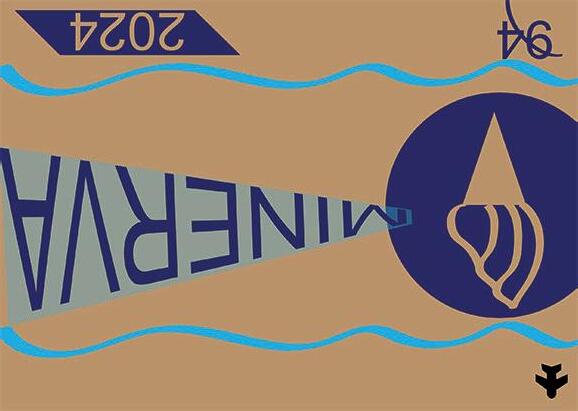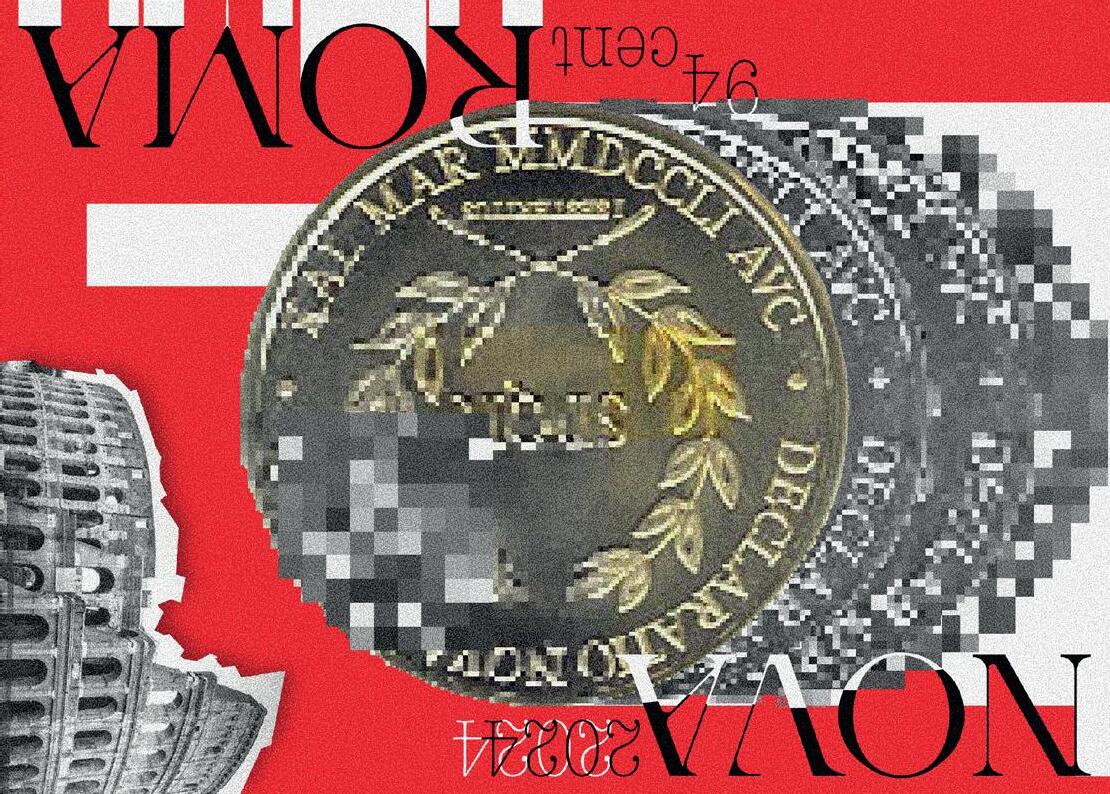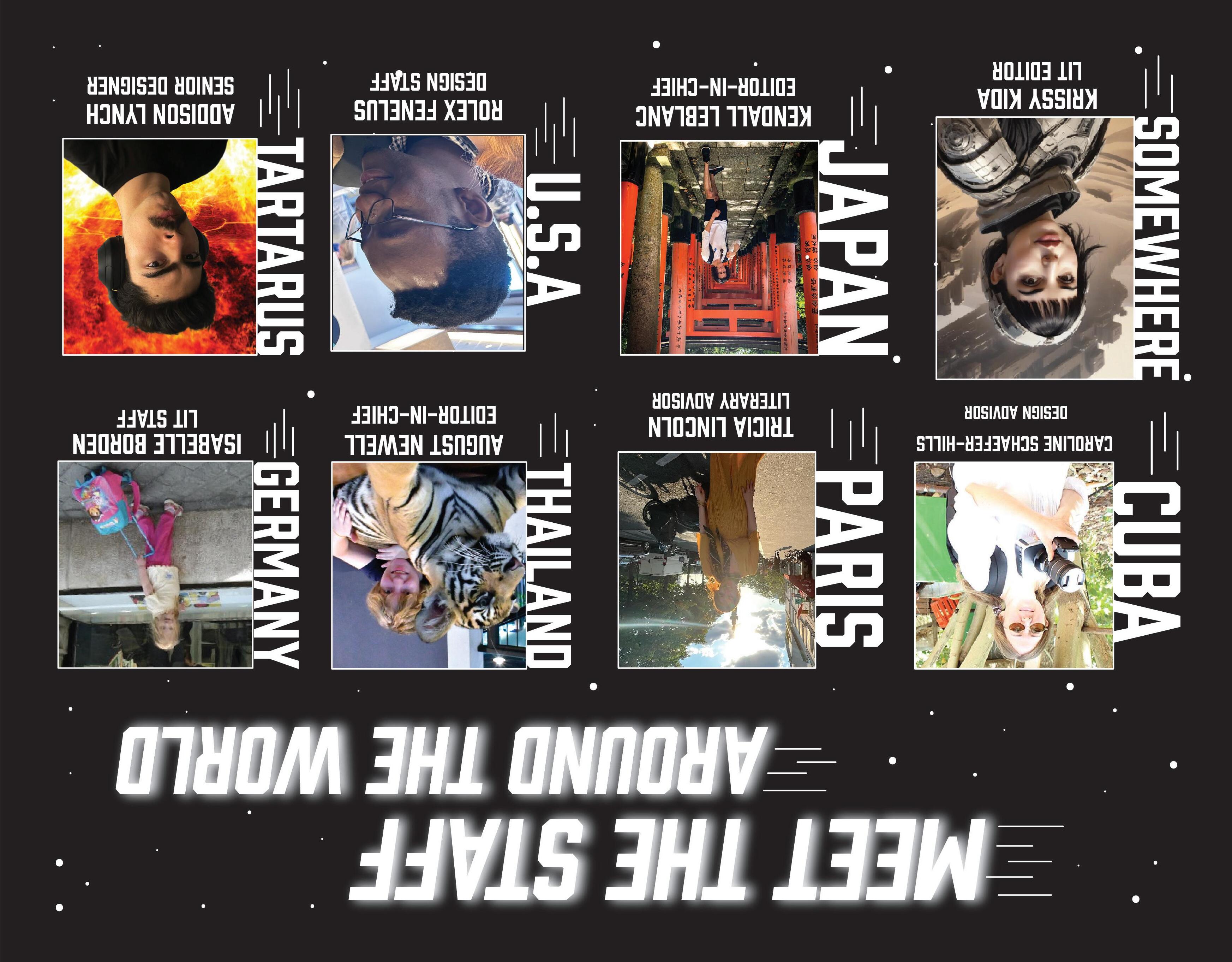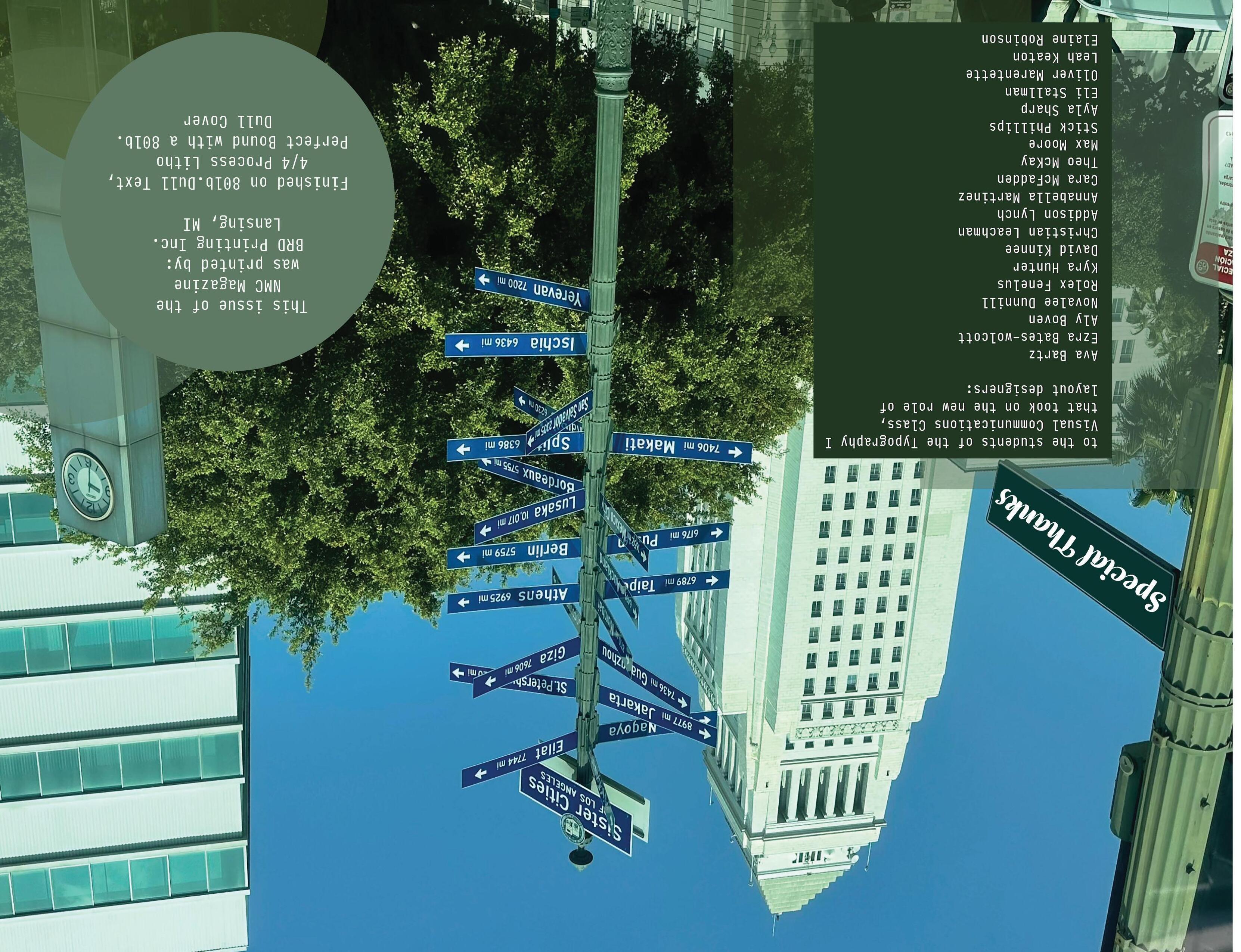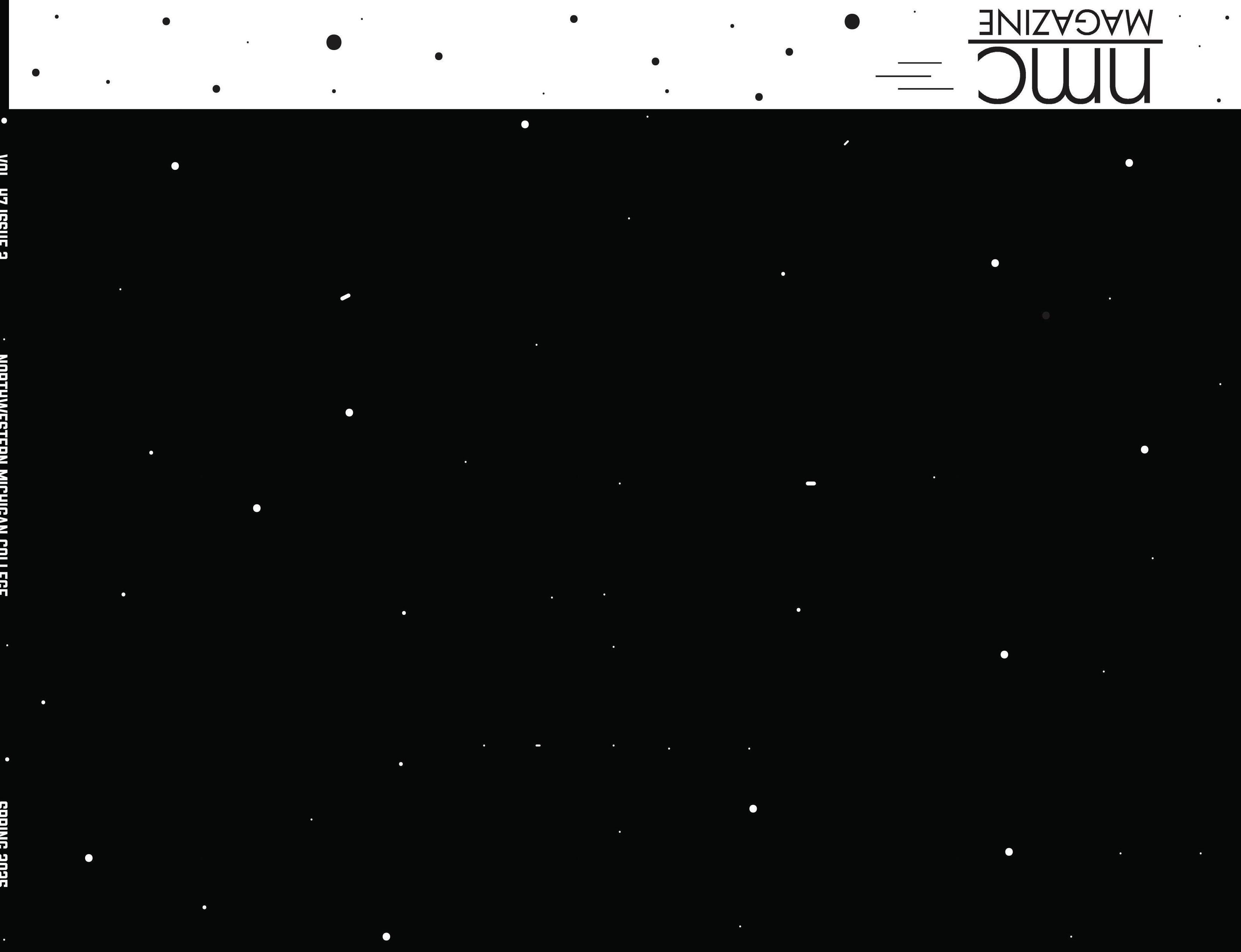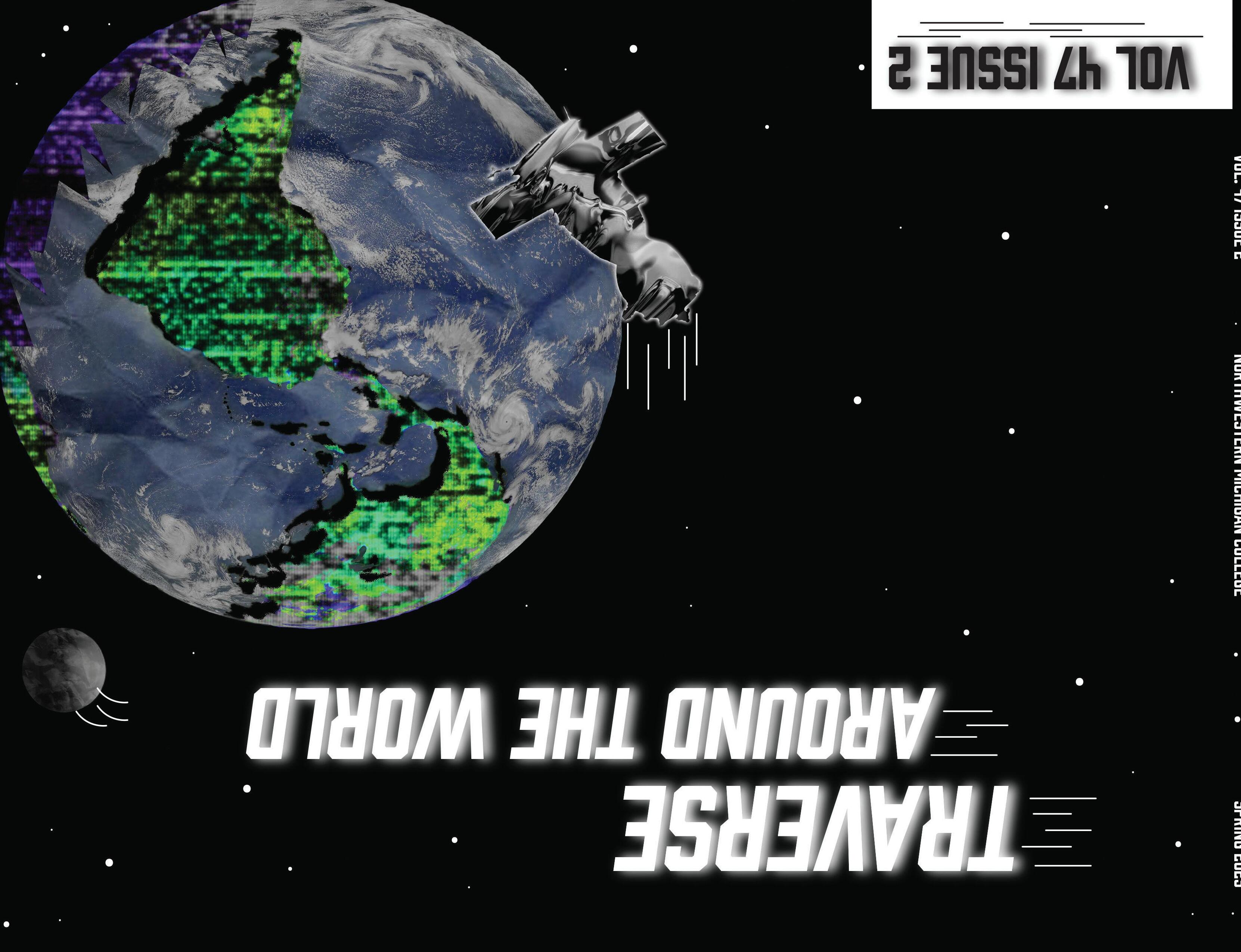
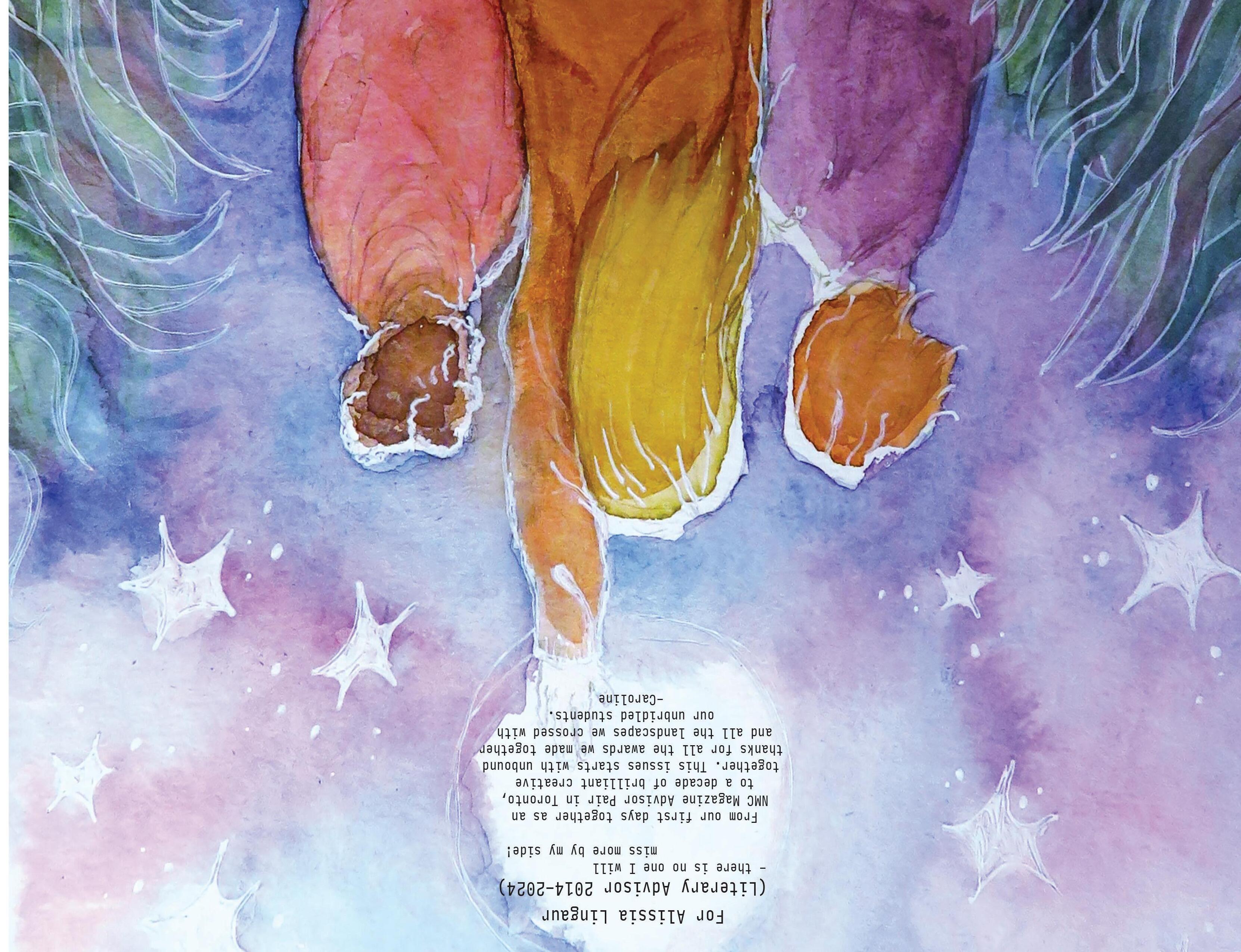



Dear Reader,
Traveling is about more than just the experience. It’s more than just the delicious food, the gorgeous scenery, and time spent with those you love (or alone..!). Traveling is not about what you can do, but what travel can do for you. Fundamentally, this kind of exploration is not for those who are close-minded. The traveler must be open to homesickness, uncomfortable interactions, and different local cultures as they tend to their travel schedule. In return, the traveler learns they have been given the best gift of all: a heart for acceptance, a mind that appreciates, and a gut that craves more of whatever THAT was, please! In this issue, I wanted the pieces to showcase these core gifts..
This issue comes at a very uncertain time politically. The rights and services that serve millions are getting cut day after day. During this time, I hope you can take pride in your creativity. These are your pieces that demonstrate hope, acceptance, and diversity (equity, and inclusion…). This is your book, your college publication! You are always welcome inside the magazine’s covers.
For you, reader, I hope this issue serves a much needed form of escapism. At the end of the day, travel should be fun! I hope you enjoy every page of this magazine. Thank you to the creativity of the staff, advisors, and those who submitted. Your contributions make this world a better place.
Sincerely,
August Newell Literary Editor-in-Chief
This has been a really fun issue to work on. The contrast between non ctional travel and simulated worlds sparked many creative and unique ideas for the issue’s look and feel. It also generated an exciting wave of creative submissions from fellow students this semester. This project is a group effort, so a big thank you to the entire magazine staff for contributing ideas and putting in the work to make this the best it can be. And of course, thank you for reading!
Kendall LeBlanc Design Editor-in-Chief









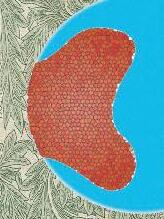


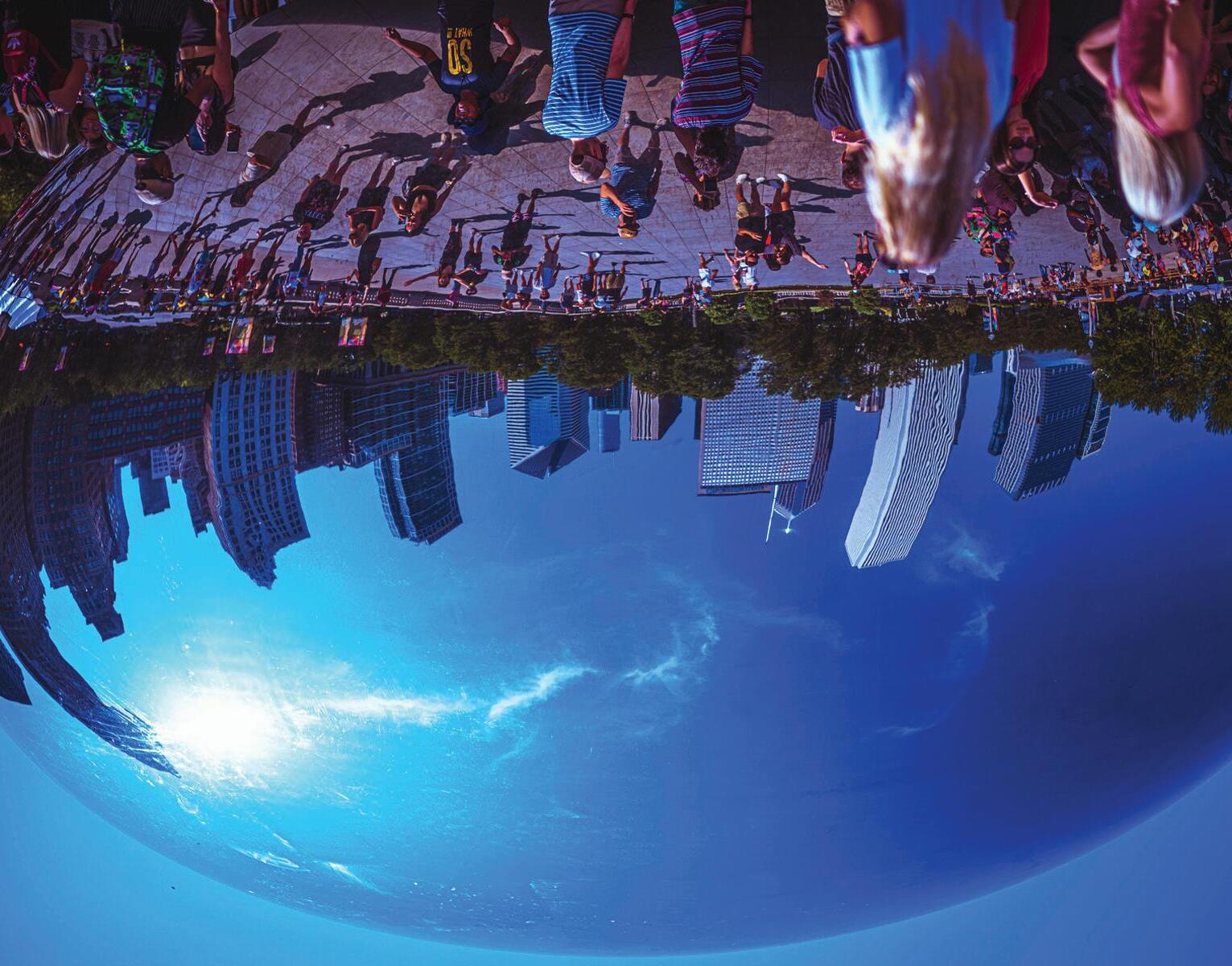
Lit Staff Travel JournalLiterary Staff 36.
35. Flying to NYCCameron Flees Scientific Illustration: A Journey Through Worlds of KnowledgeNatalija Stojanovic 39. Passenger
38. Freetown ChristianiaJackson Boyd 47. Calm Down IncenseAddison Lynch
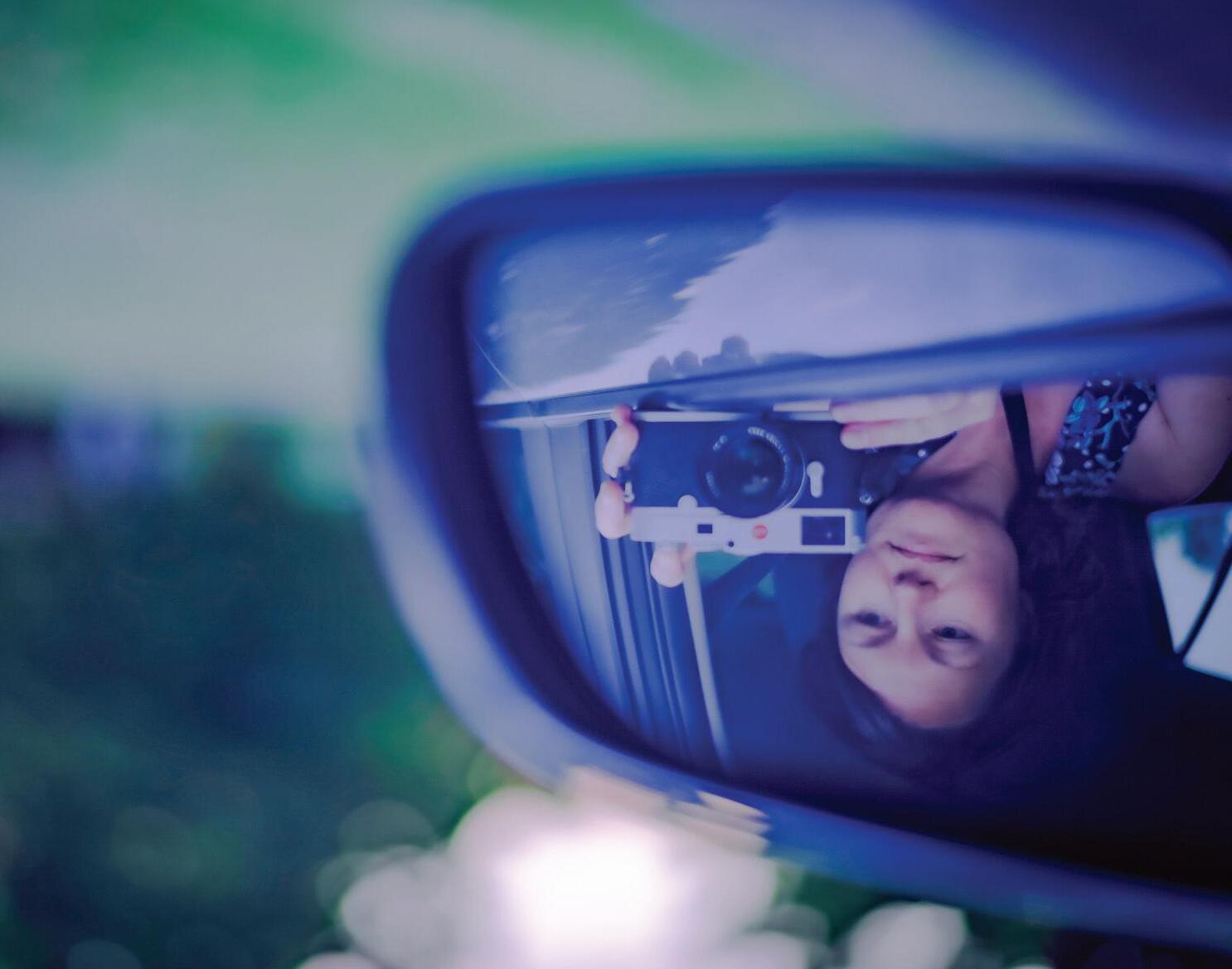
50.
51. Chandra Loses the Aetherdrift Draft Tournament, a.k.a. That One Time I Had a Panic Attack at a Go-Kart Track on My Friend’s Birthday - Liam Strong
Skeletons
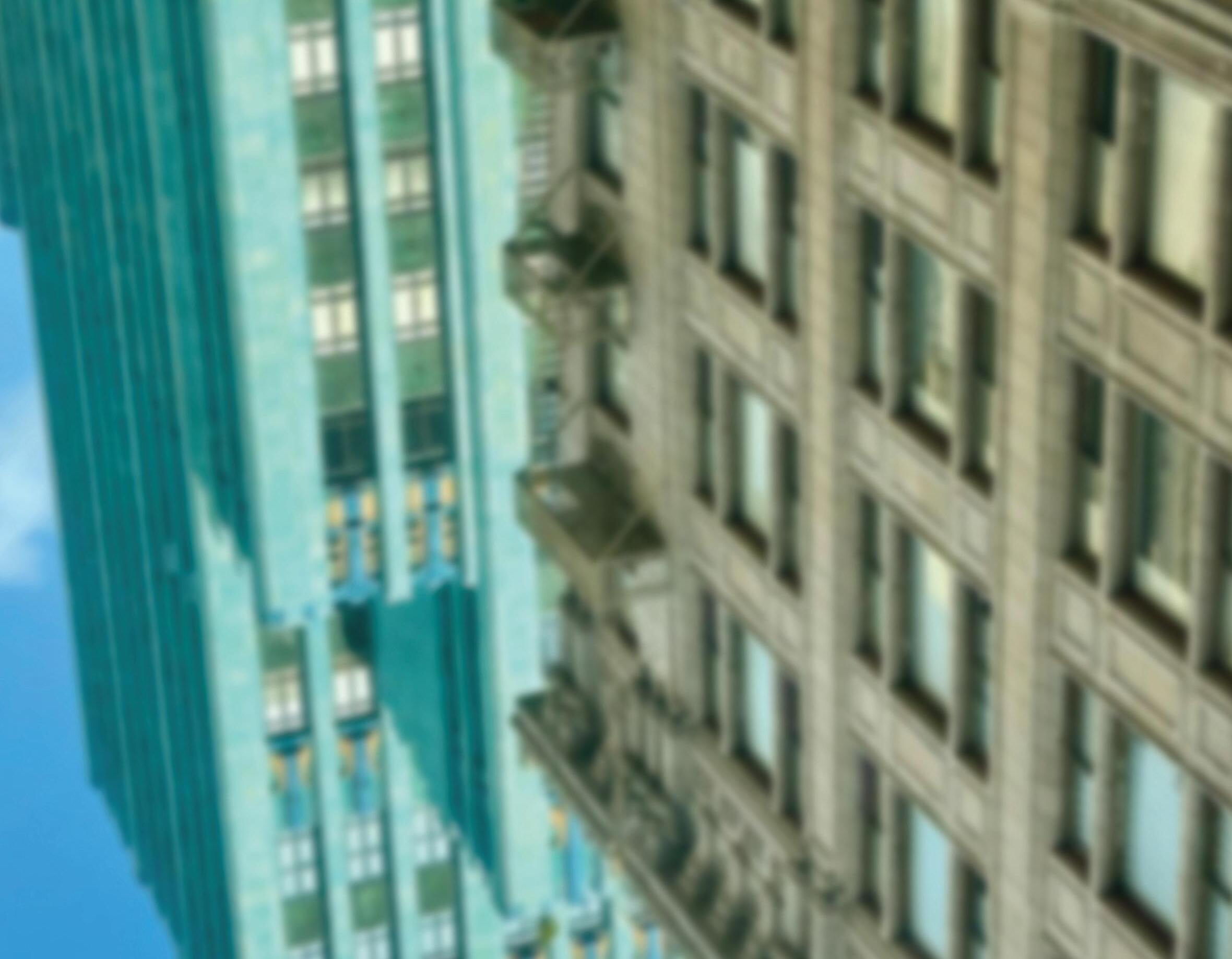
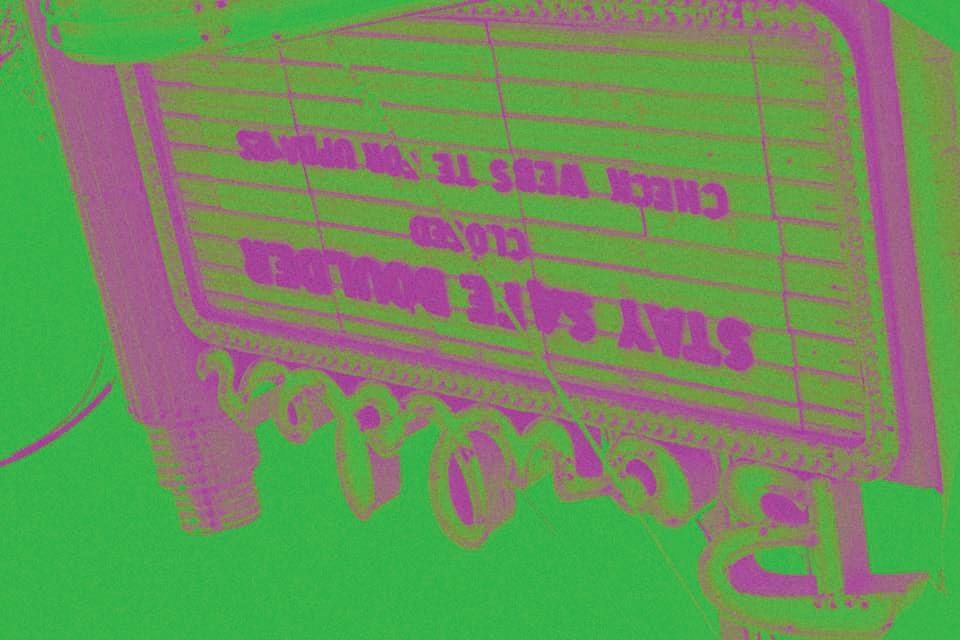
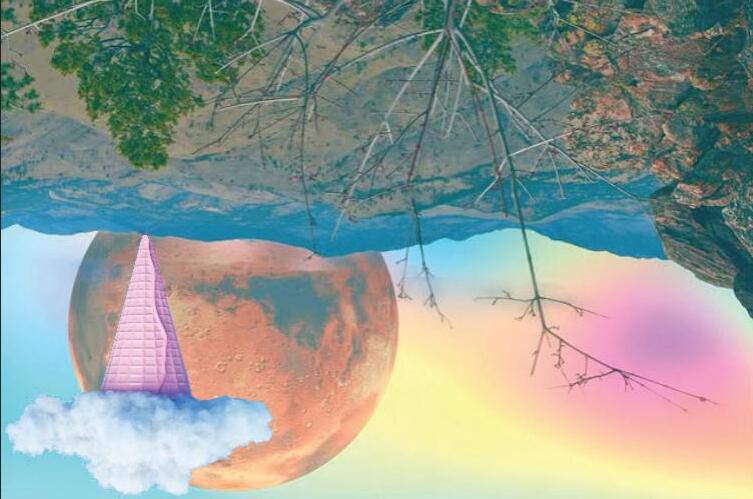
By Apple-Lee Anderson

April 25, 2020, 5:13pm: A central Kansas rest stop
Alex was starving and I had a Mountain Dew bottle worth of liquids to expel. When I came out of the bathroom Alex was walking her schnauzer, Prince, and drinking Campbell’s chicken noodle soup from a can. The only thing she had eaten all day. Barren Kansas stretched out around us. There was nothing but dirt and the wind slapping against our backs.
Leaving Tulsa, Oklahoma felt like the release of tension that comes with a hot bath.
Left behind on I- were “We Buy Houses for Cash” and those Trump ags where he looks like the Terminator. Now we were being bombarded by faded billboards advertising “Jesus Loves You,” rights
for farmers, and $2,000 payday advances. No one was taking them down, because who the hell had money to buy new ads? This desperation wasn’t new; it had just gotten louder. “I need a drink,” I said, already heading to the vending machine.
“I still have my iced coffee from earlier,” Alex replied.
While the machine was inhaling my dollars, I noticed a “For Rent” yer apping in the wind. I huffed.
“Leaving Tulsa, Oklahoma felt like the release of tension that comes with a hot bath.”
It’d be awhile before I could rent on my own again, I thought, remembering the pink eviction notice that had been taped to my last apartment only months ago. Once my new Mountain Dew clunked to the bottom I headed back to Alex.
“The amount of truckers here is making me nervous,” Alex commented as she tossed her half-eaten soup can into the garbage. She had been doing that a lot lately–starting things and not nishing them. rief does that I guess.
“Let’s just get back on the road,” I responded. “I’m desperately looking forward to putting these pro-life signs behind us.”

April 26, 2020, 8:18am: Somewhere on a Mountainside in Denver, Colorado
Alex was still asleep with Prince at our feet. I watched the sun make its morning debut. We had pulled on to the side of a mountain road at midnight, too tired to think, too desperate to care. Pink and orange streaks illuminated silhouetted pine trees I didn’t know were there. Not a storm in sight. Condensation clung to the windows, creating a soft haze from our slumber.
The trees felt like they were telling me secrets of the universe while I was awestruck from the view we didn’t even have to pay for. No eviction notices, no denied social security, no late rent fees. We existed only in that moment. Alex began to stir. “Whoa,” she whispered as she grabbed her phone for a quick picture to solidify the moment in eternity.
April 26, 2020, 1:07pm: Idaho Springs, Colorado
Alex was driving. “Bitter Leaf” by Lanks blared on the playlist I made for our trip. We had been driving for about an hour after exploring the scenery the mountain we slept on last offered. She dgeted and shifted in silence as she accelerated to pass a car. Since the death of her dad the summer before, this was the energy she carried. She was distracted.
The sun left us while the sky exuded an air of mystery. “Bitter Leaf” ended and a new song faded in when we saw a town with bright colored buildings that had faded over time. This was enough to pique our interest, so Alex took the next exit.
As soon as we left the highway, we were in the middle of what seemed like a small downtown area. The main street was one single road that had a few diners and one grocery store. The other stores had advertisements taunting us with the gemstones and rocks for sale showcasing
the rich mining history. In normal circumstances we would be elated to give business to these little stores; however, everything was closed.
So, we continued on imagining the treasures within.
The road circled around to a neighborhood behind the downtown area. At the end of the curve was a rundown skate park that was crumbling and rusted. Alex stopped the car. “We have to skate this,” she said with stars in her eyes. This version of Alex was so infrequent to see these days. Alex’s laughter rang out as she fearlessly carved the ramps, unafraid of tetanus. The fractured concrete made our feet go numb from vibrations. She was in her element. I didn’t know what had changed after this morning, but I knew Alex needed this moment.
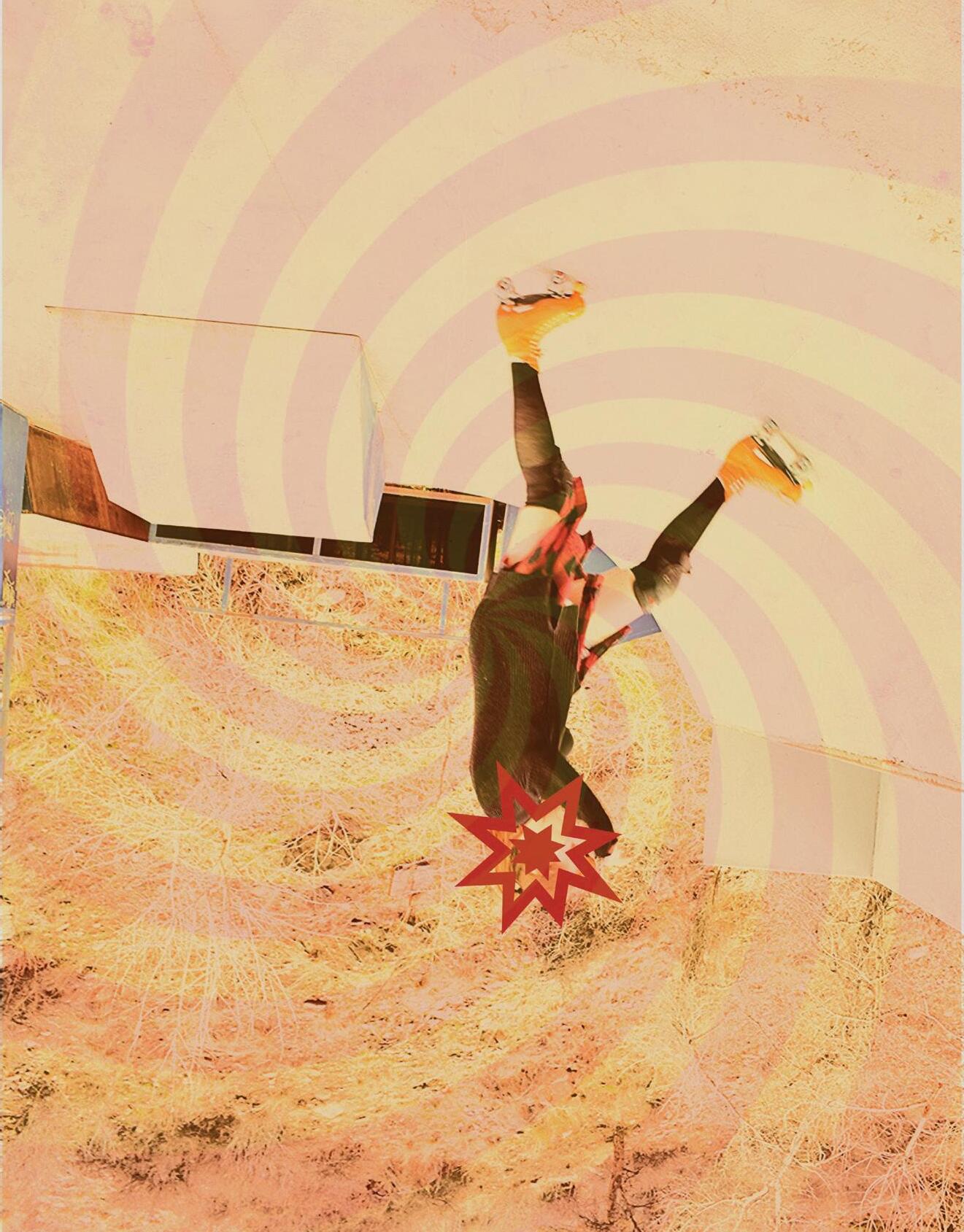
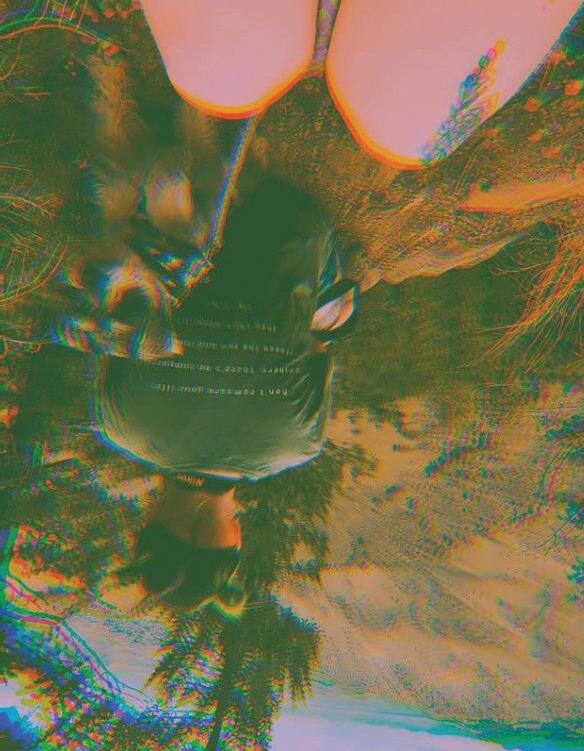
April 26, 2020, 8:03pm: Outside of Nederland, Colorado
Alex was doom-scrolling next me on the air mattress. Her ngernails tapping on the glass of her screen with each scroll. For the second time today we had set up camp, yet nding a new spot to rest for the night didn’t solve the anxiety that slowly consumed Alex all day. I was quiet. Seemingly slowing time, the force of the wind from hitting the car perpendicular boomed with each gust.
Tap, tap, tap, boom.
The car rocked back and forth. I was always amazed by how much could t in the back of my car. It only took three trips with my car full to the brim of boxes and bags a few months ago to move in with Alex. She was even 5’8” and could comfortably stretch out.
Tap, tap, tap, ding.
In the re ection of the window, I saw the noti cation on her phone. She clicked on it and a memory of
her and her dad when she was younger popped up. She was sitting next to him on their living room couch laughing about something. Her strawberry hair was backlit from the window behind them. She closed her phone.
As the sun set, Alex rolled over and said, “What if we just book an AirBnB?” This wasn’t just about sleeping indoors. This was Alex conceding defeat.
April 27, 2020, 2:28pm: Downtown Boulder, Colorado
Alex was walking faster than me. We had been walking through downtown most of the morning. We passed empty buildings with posters saying “We miss you” and “See you soon.” This wasn’t happening back in Tulsa.
Sure, curbside was an option, but it wasn’t the only option. In front of one shop was a woman sweeping up the dirt and leaves left behind from the wind last night. Her face re ected the longingness we had been looking for. The local government was protecting its people regardless of the consequences.
We passed a dilapidated church with a funeral home next door. Alex kept her head down as her hands receded into her hoodie sleeves. I knew now was not the time to say anything. The last time Alex had seen a funeral home was when she and her mother were forced to decide if they wanted to go into debt for a funeral or choose cremation. We turned a corner and we’re back at the car.
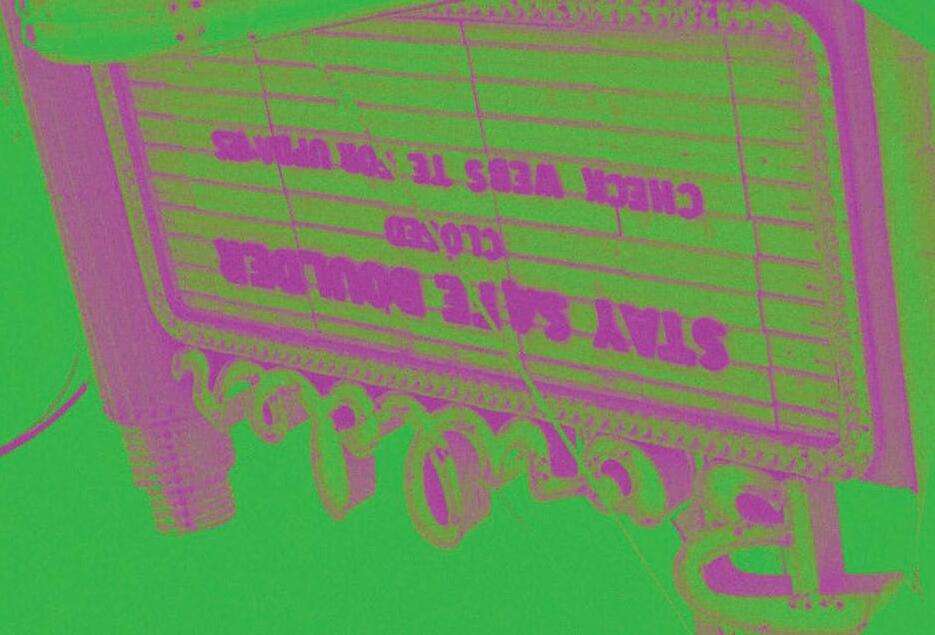
and we began our 719-mile-drive toward a state that not only refused to care for us, but delighted in the trauma it held over its people. As I stood in that empty downtown, I realized we hadn’t run toward something better–we had been running from something broken.
“Without a word, Alex started the car, and we began our 719-mile-drive toward a state that not only refused to care for us, but delighted in the trauma it held over its people.”
Without a word, Alex started the car,
April 28, 2020 2:03am: Back Home in Tulsa, Oklahoma
Alex was panicking but forcing herself to stay still. We made it home even though we got lost on a dirt road for an hour with no PS. It has been raining ever since we got close to Tulsa.
And sure, a little rain wasn’t anything to worry about if hydroplaning was the only concern. But this was Oklahoma. There was hardly ever just a peaceful drizzle. The rain grew heavier and heavier the closer we got to our house. Sure enough, as we pulled into the driveway, the alerts on our phones started going off and tornado sirens followed shortly after. We grabbed Prince and ran into the house. Oklahoma had been waiting patiently for us to come back.
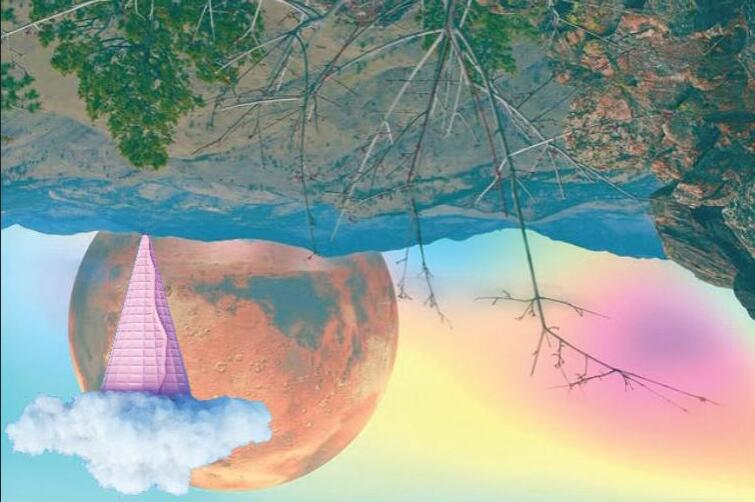
We heard the tornado’s winds whipping against the glass panes of the windows. Sitting in the hallway, I could see the fear stamped on Alex’s face. I’d dealt with more tornadoes than her. We de nitely didn’t need to tempt fate but this tornado wasn’t going to ruin us. I knew that much. Still, sitting in that hallway across from Alex, I couldn’t help but believe we had created the tornado. Once the windows went silent and the lights stopped ickering, stillness lled the house. Not the kind we had discovered during the sunrise on the 26th, or in Boulder, but the kind that leaves a warning behind. Alex once told me Oklahoma ranked as one of the states with the highest level of despair. She was right. This road trip proved that the local government was disguising its fear of losing money as concern for
its people. Alex and I exchanged a glance, both knowing it didn’t matter if we survived the tornado or the next three years.
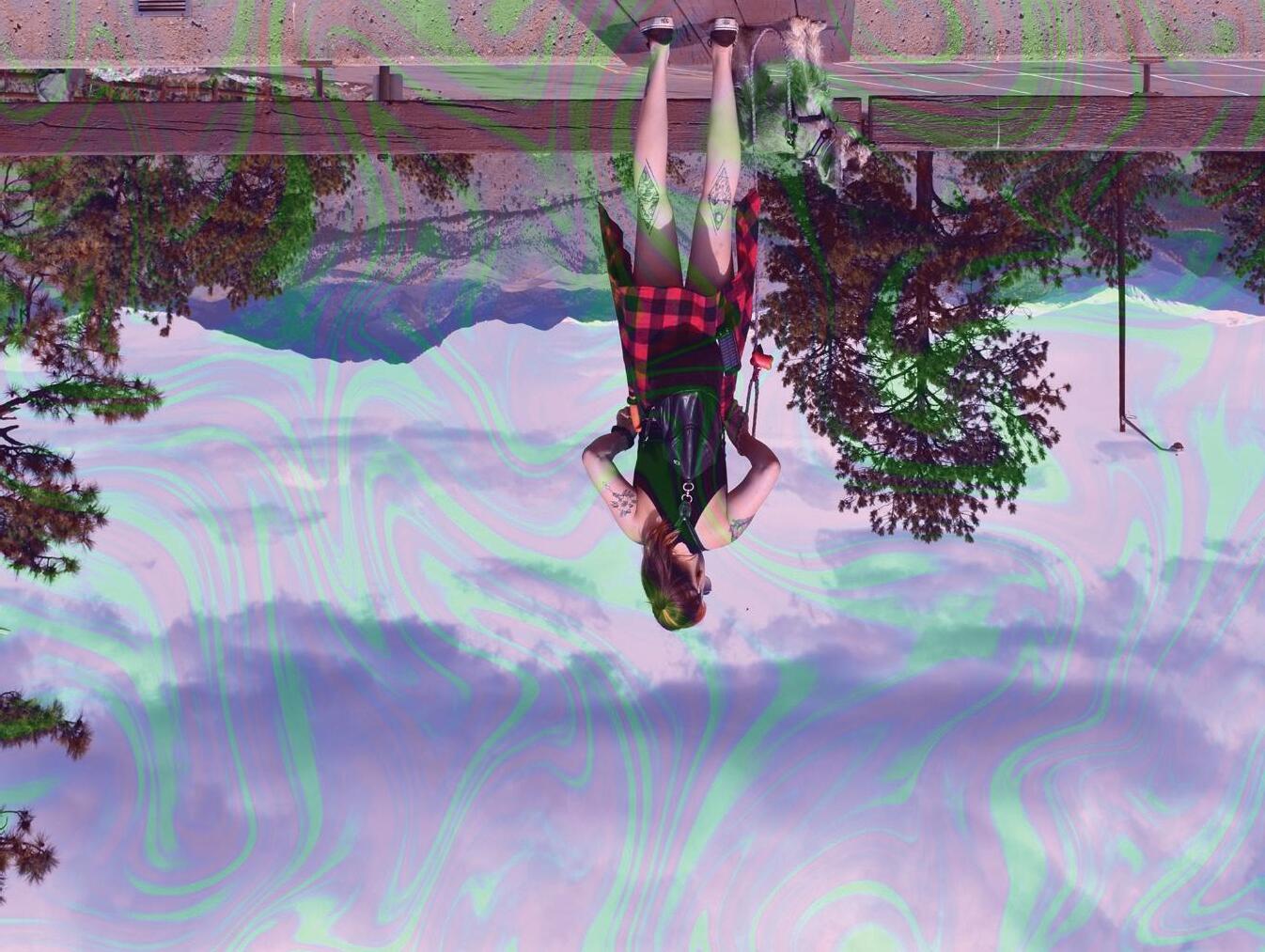
By Harlie Jakee
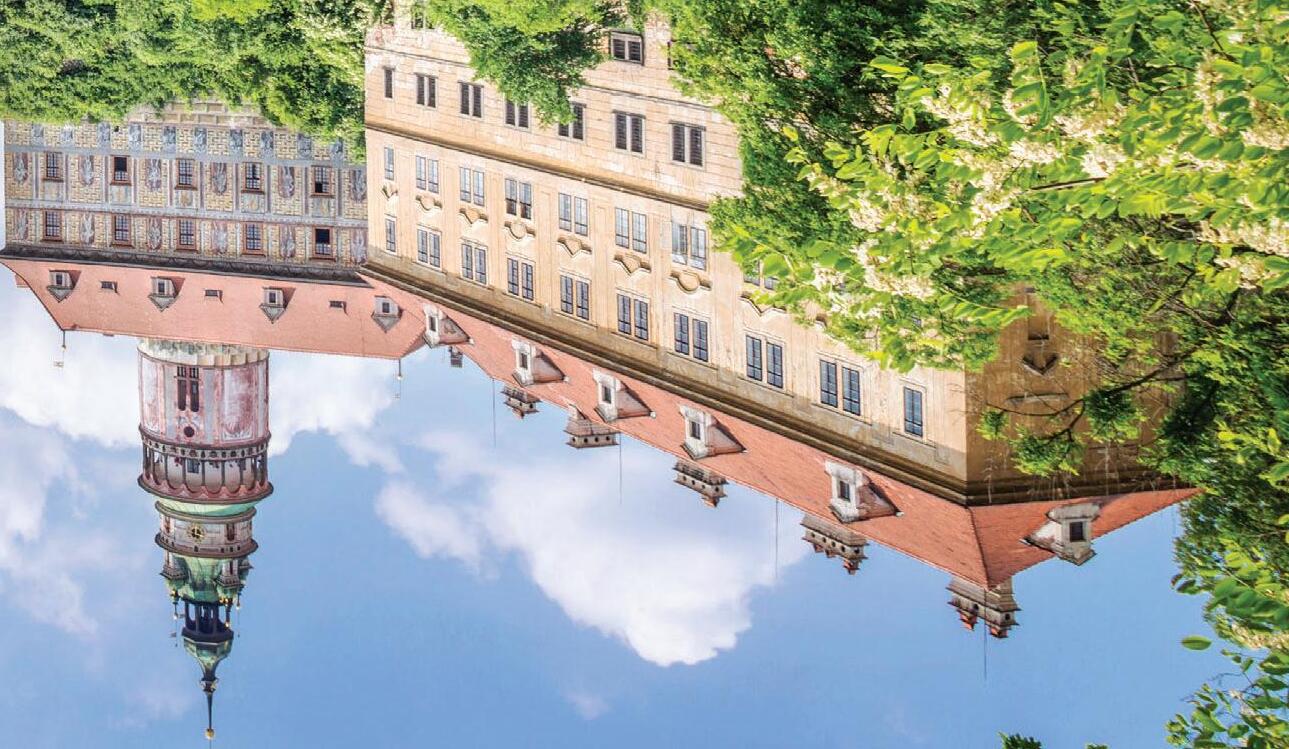

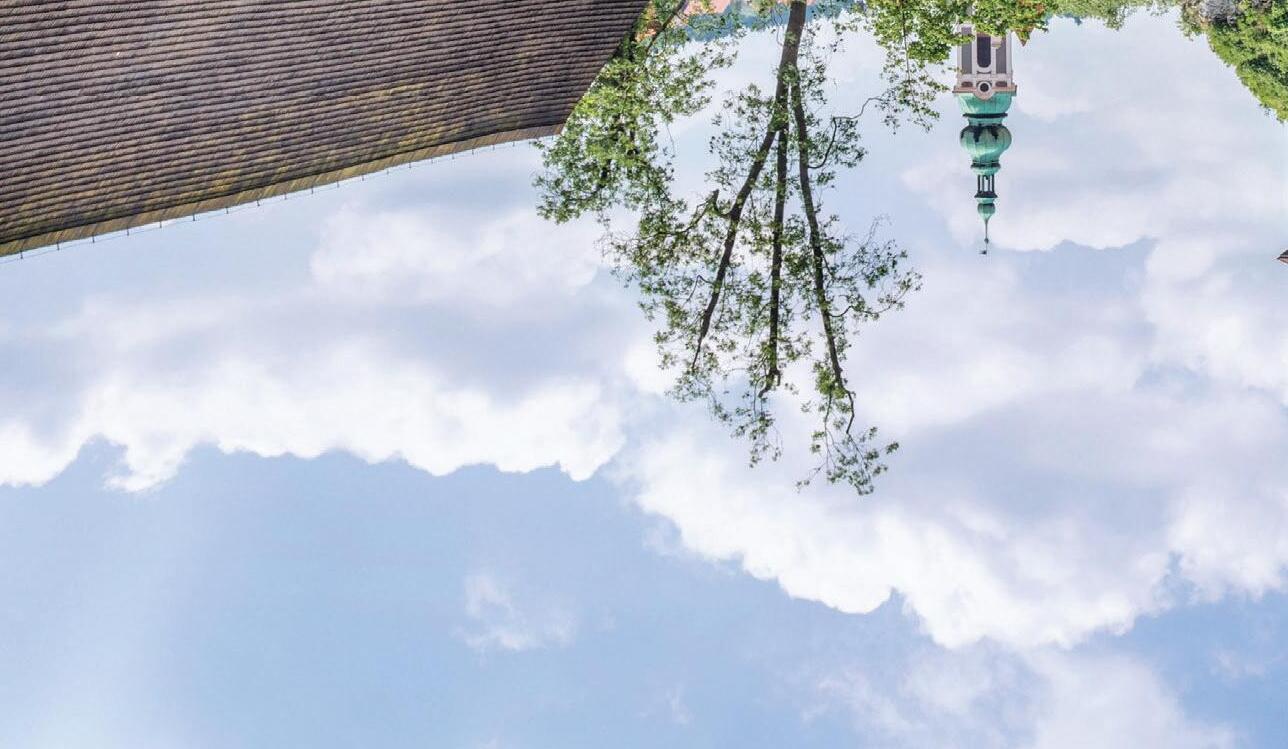
See it for yourself. Paddle for the planet.
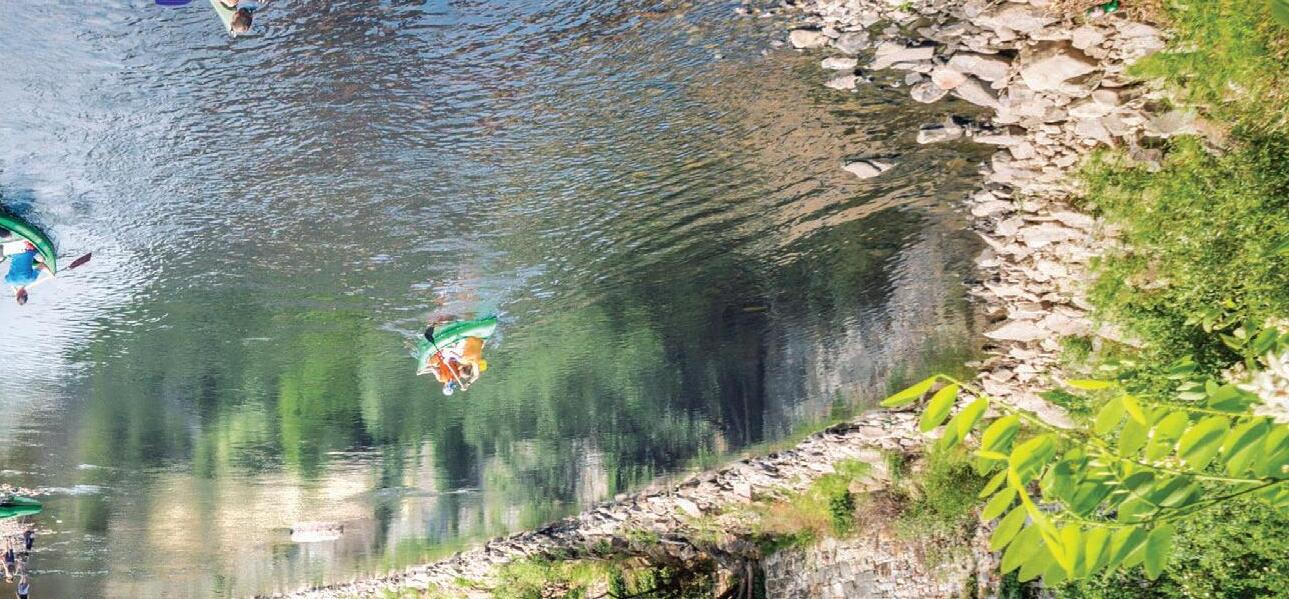
Imagine gliding along the 19 miles of the Vltava River that flow through Prague. Each paddle stroke through the shimmering water invites you to connect with nature, as the city’s parks, landmarks, and historic skyline pass before you. Embrace this unforgettable adventure and let Prague inspire you.


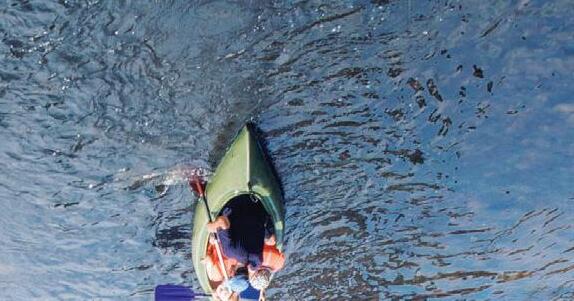
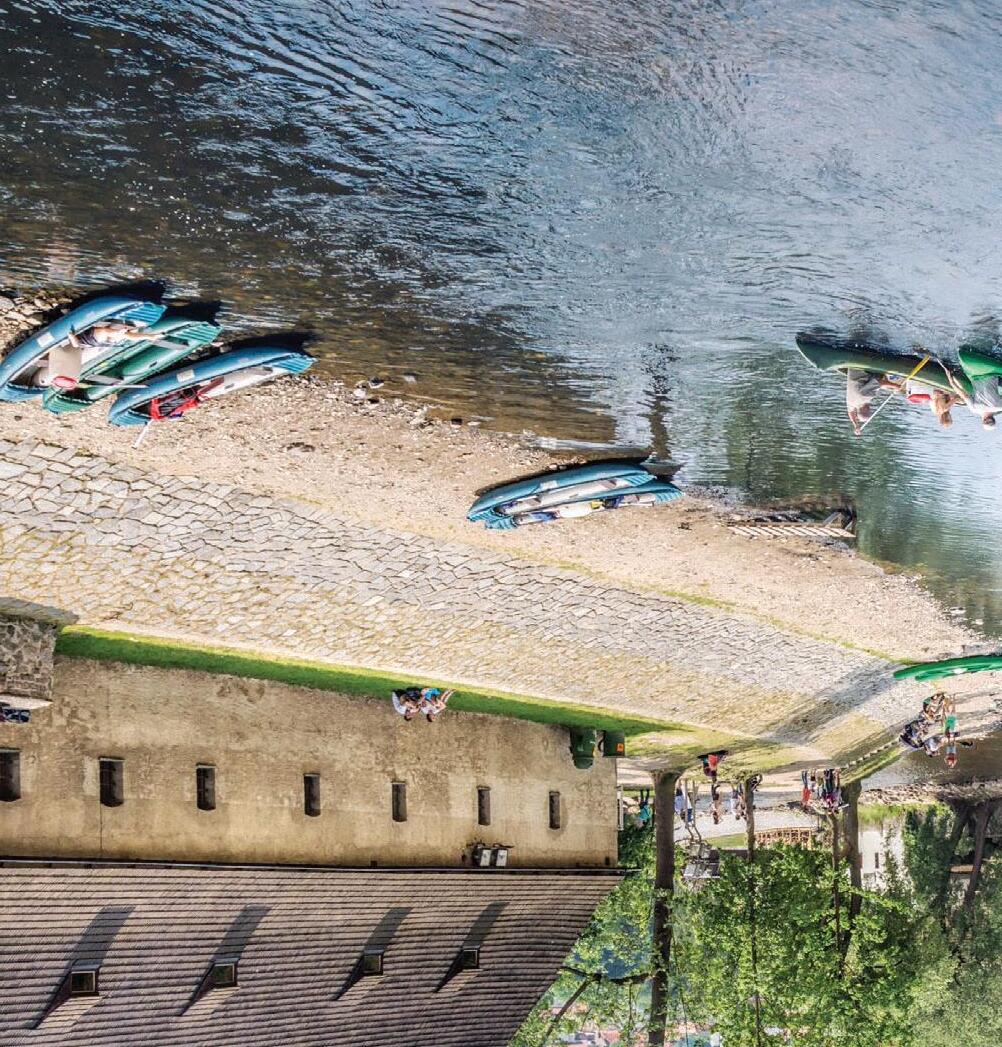




Explore sustainably


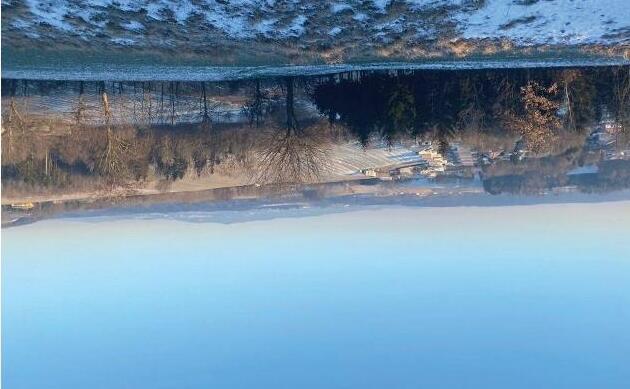
The pursuit of personal betterment may drive an individual to do extraordinary things. Some climb mountains in order to gaze farther and see clearer, others remove themselves from all distractions and live a life of frugality, while others donate their time to helping and supporting those most in need.
I have attempted all of these, and fell short. For I have traversed countries, voyaged upon seas, walked amidst ruins, and sheltered within jungles. And yet, when faced with the absence of that which I desire, I have failed. Repeatedly. On one such occasion I was traveling through Austria. By this
point, narrowly catching trains and sleeping in crowded rooms was familiar and tiresome. Even the excitement that I had once felt at hearing an unknown language had long faded, and I was homesick. I longed to know someone, and for them to know me. While traveling, I had applied to several jobs in an effort to foster friendship, and offer my skills to whoever may be in need. One such job had brought me here, to the little town of Pinkafeld.
For the next month, I was to assist a small group of free thinkers in converting a former nursing home into a holistic healing center. Among us, two Ukrainian refugees also gave their time, and it was in the kitchen, where they nourished and kept a steady supply of borscht and freshly baked bread. I was tasked with installing crude insulation throughout the complex, as the heater was broken and January was settling in. Meanwhile, the others struggled to offset the purchase of such a place, with yoga sessions, dance circles, and tobacco ceremonies. In the evenings, we would sit together and play memory games, laughing and joking in hushed voices, the glow of the replace casting shadows amongst us. It was pure and ful lling.
However, amidst that love and shared purpose, I found myself in discordance; for although I am a fan of borscht and freshly baked bread, I’m also a rm believer in the American dietary standards of salt, sugar, and meat. So, upon my rst free day, I decided I had had enough. My “being” could only be so pure. Waking early, I emptied my pack and set forth on the long winding journey to the city. With earbuds in, and the deserts of Dune setting the
mood, I trudged those miles through the elds, thickets, and backyards of stoic, austere Austrians. uided by google maps, with the sole intention of self-indulgence, I soldiered on. radually, the elds turned to trails, to streets, to roads. At last, I set my feet upon the main drag of Pinkafeld, where a bakery, Chinese buffet, and grocery store could be found. Once in the store, I played the squirrel, stuf ng my pack to its limit with chocolate, cheese, candy, beer, and cured meat. And with a grunt, I shouldered my pack and began to trudge my way back, planning my debauchery all the while.
My plan, you see, was to ration my haul. To reward myself each day with a nibble of cheese, a slice of meat, and a piece of chocolate. Thereby stemming off the wicked allure of delicious sweets, and the growing ‘pang’ of a carnivore living amongst vegans. But alas, by the time I had made it back, I had already burned through a day’s supply of indulgence. Of particular excitement was a cut of cured pork, but when I asked if I could prepare it in the kitchen, I was met with horror and disgust, that I would so wish to de le the purity of their kitchen. So in sullen silence I slinked back to my room and proceeded to indignantly thinly slice the meat, forced to consume it raw so great was my determination and self-pity. After a mere three days I found myself again without a succulent substance, and so faced the next few days living in quiet anticipation.
The following week, in an effort to assuage any suspicions, I decided to disguise my trip as an outing. I lled my thermos with my favorite tea and made a great
show of saying goodbye, hinting that I would be out and about for several hours. On my journey, I made note of a conveniently positioned bench which overlooked the countryside, and buoyed by the knowledge of a certain bakery, I bounced my way back to town.
Each week I would add new and exciting morsels to my swelling hoard of contraband. Although constrained to vegetarianism, my smuggling operation now kept a steady supply of chocolate, potato chips, candy, and hot sauce owing in. To my great pleasure, a few others had even started to indulge in the Tabasco experience, revealing their own vices in which we shared and grew
closer. During the day, I diligently scavenged the appropriate tools, insulated empty rooms, and split rewood. And in the evenings, I would sate my desire for the “tastier things in life.”
When my time in Austria came to a close, I felt uplifted. For although I had fallen short in some aspects (such as giving in to my baser desires), I had ful lled my obligation, met expectations, shared cultures, and made friends. What’s more, my stay reaf rmed my ambition to one day build a holistic healing center of my own. Somewhere where a weary traveler could settle in, be productive, and nd forgotten purpose.
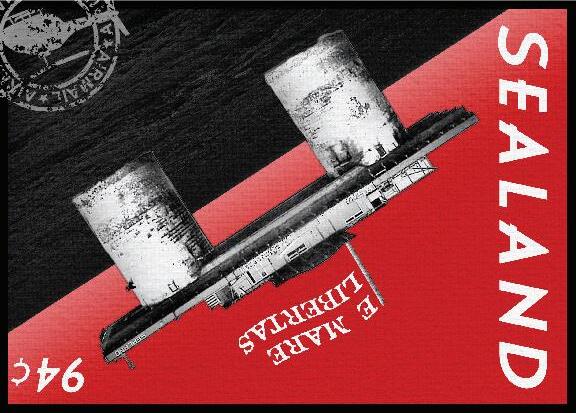
By Candace Riley
This is a scenic view including various textures that accentuate the complexities of 2D design.
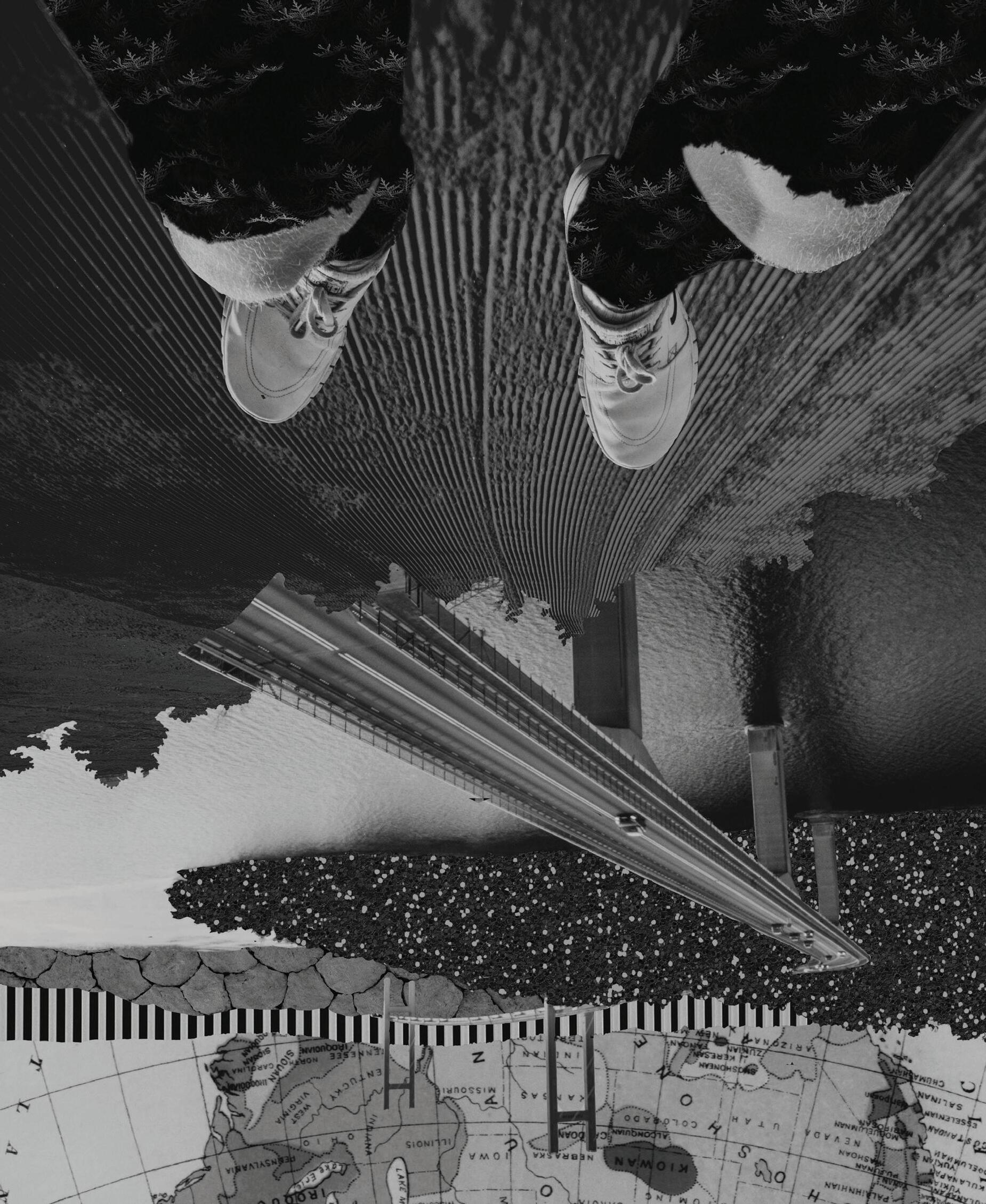
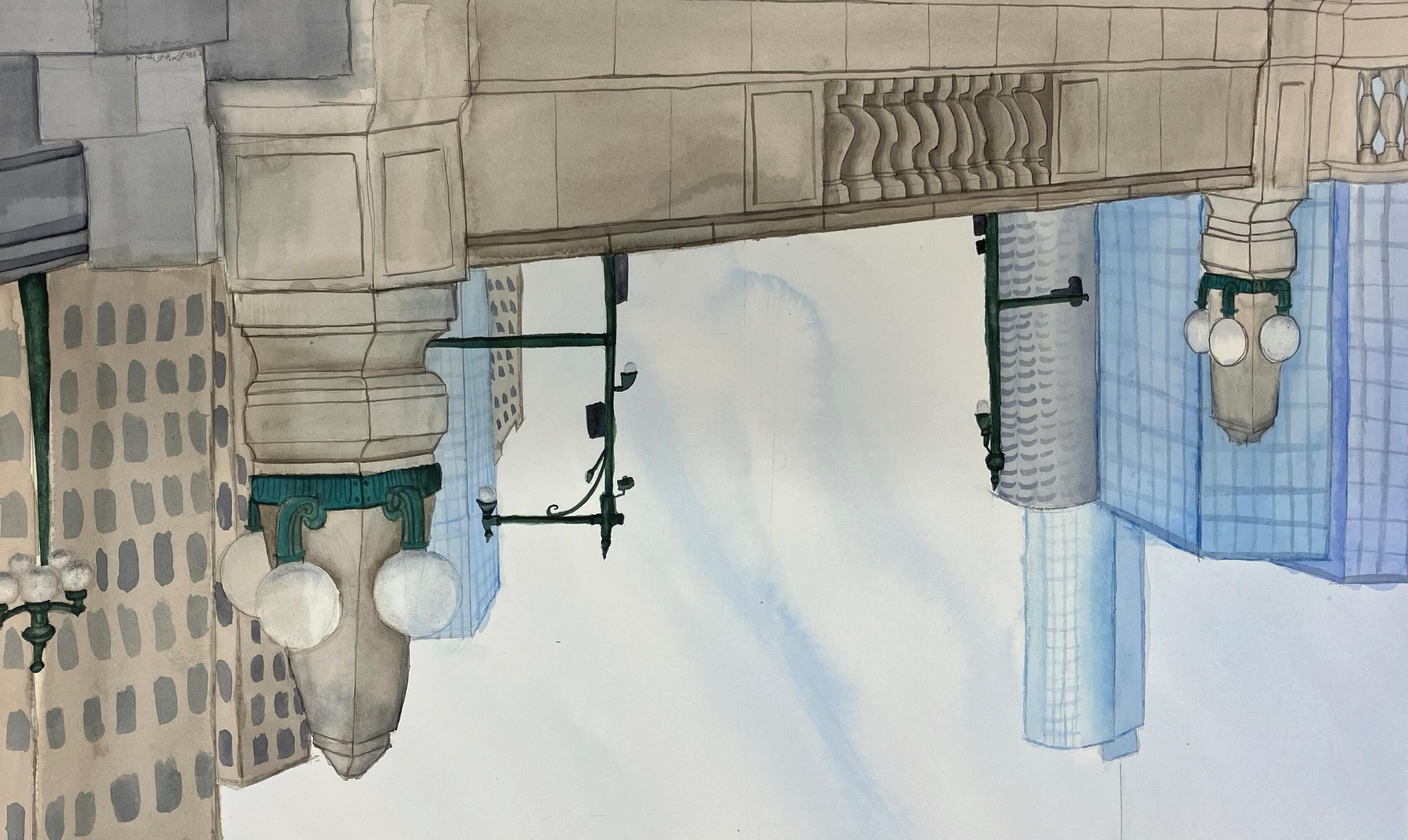
I created this watercolor originally as a gift for my father, the lime stone pillars seen in the painting are pillars he created working at his rst job as a limestone mason. and i nally go the chance to see them in person in 202 . it has become one of my favorite water color works I have ever made, and I learned a lot while creating it.
By Novalee Dunnill
By
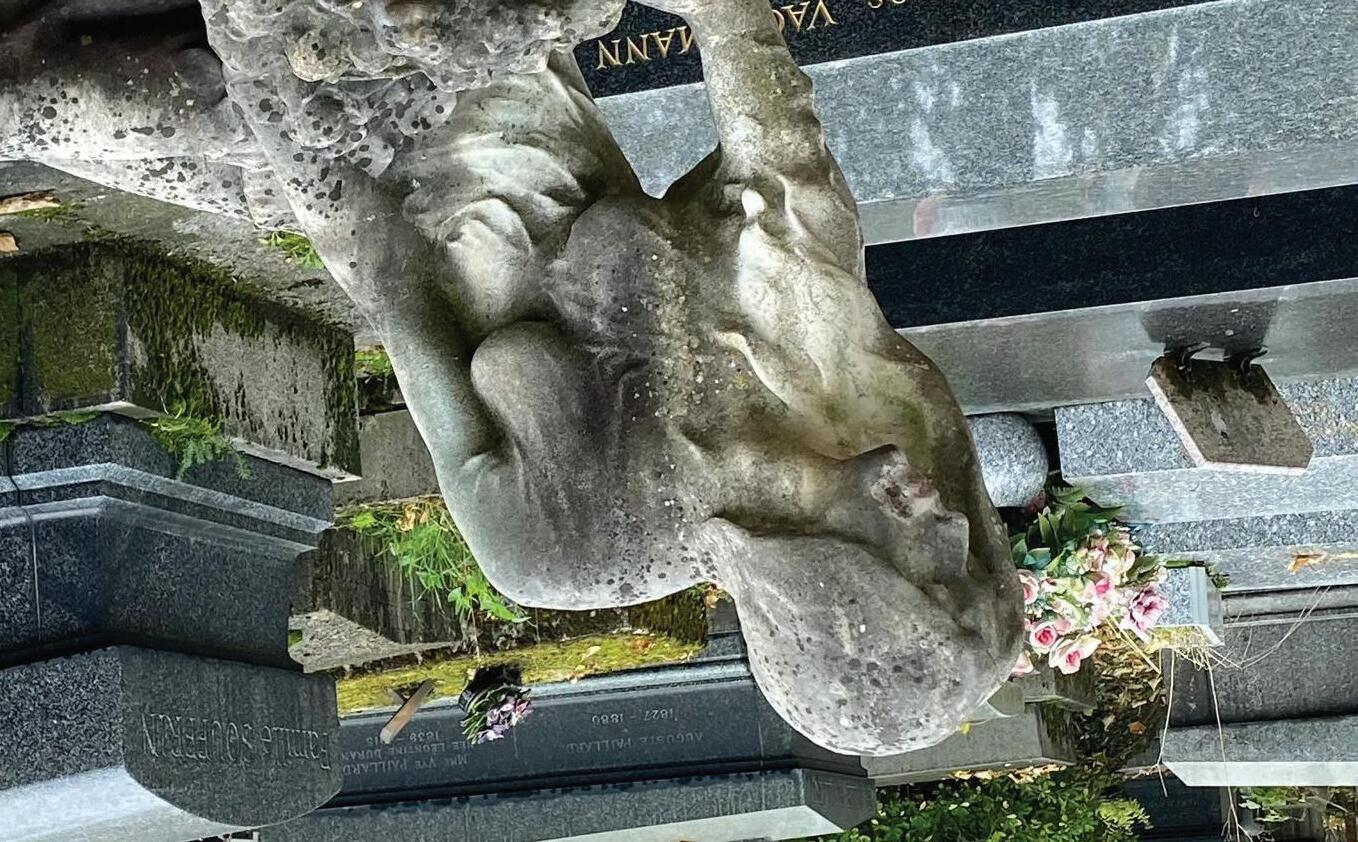
If you are alive anywhere it would be here among names you revered and others you scorned, where the dead still receive guests and their offerings on Chopin’s grave candles icker over his missing heart love letters in homage to Abelard and Heloise collect, when the breeze picks up unfold papery wings skyward, for Proust– madeleines on a stone turning stale if only returning to childhood could be that easy, that quick
When I stop at any orist open in le vingti me to get marigolds, salvia, or primroses for the wide stone basin atop your grave I need owers drought-hardy, sturdy enough to face the cold sun and bright wind as I plant them too high for tourists to steal for another
Each time it’s a matter of nding you, father, and I won’t dare open a map voyeurs in grief are welcome here with cameras and borrowed nostalgia but I have my spading fork, bottles for the pump, rags to clean and that feeling of something irretrievable, something escaping me again as I wander past the divisions muttering
If I pass the columbarium then turn, is it left or right through cobbled paths, Victor Noir fallen amorously on his back Léon Théry at his racing wheel, I think of you on your motorcycle through Europe onward by the grieving widow, up terraced alleys of wild bloodpurple cyclamen, forget parties and joints left at Jim Morrison’s, repentant angels with copper green arms imploring
If I can get to Wilde’s stone sphinx with gigantic wings , red lipstick kisses pressed against the glass, you’ll be six graves behind and there I’ll be in the back of strangers’ photographs pruning weeds that collect around the base of our family plot, my nails scraping back the lichen steadily working its way into the crevices of the carved names, with my skirt hem cleaning out dates when the rags are too dirty to use
In this massive garden of the dead, everything is alive or granted some form of afterlife, murmuration of voices in communion with mourners, shadows to twist and merge against trees that open as hymnals
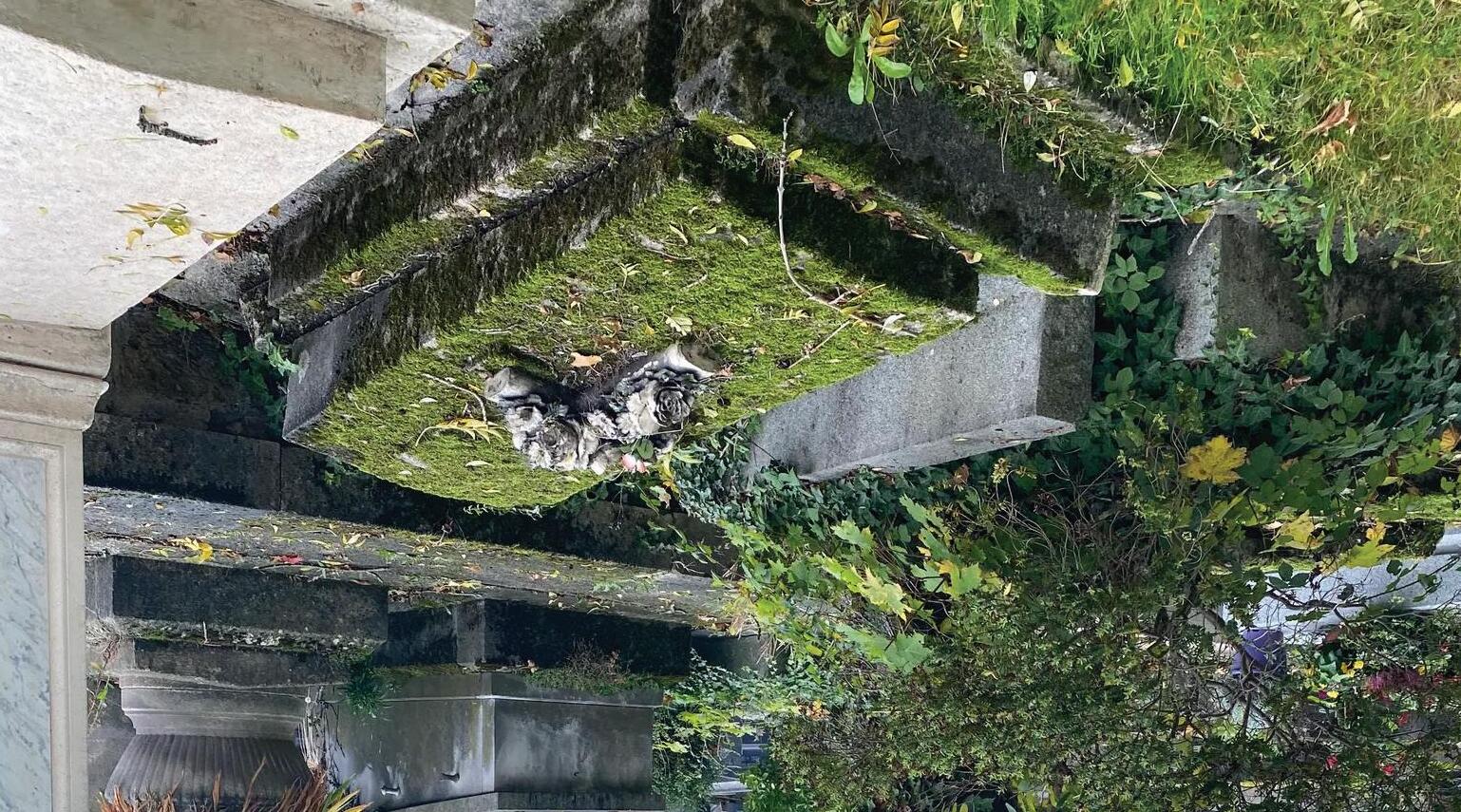
Here the horse chestnut and maple live forever, giant breathing lungs and all the passerines: small goldcrests with their thin tinny notes treecreepers with hooked curved claws like a hand in rigor mortis stock doves dark-eyed and sociable as ever constant snails a feast for the song thrush to break open their shells against graves
Is there a cemetery more green and sulphurous than this, more ripe with varied tragedy, permeable membrane of the present if you’re still mourned, still remembered, is that an immortality the door opens eerily, sick with longing into the past
I step in, as I have into mausoleums left unlocked muted light through a panel of stained glass; dirt dust foliage everywhere
Or quieter still down into your tomb the day they opened it cluster of yellow roses in my hand, my brothers-in-law holding my arms helping me as the only one going in to place your urn near stacked cof ns it being deeper, more cavernous than I thought, with that particular odorless cold of enclosed stone where nothing roots
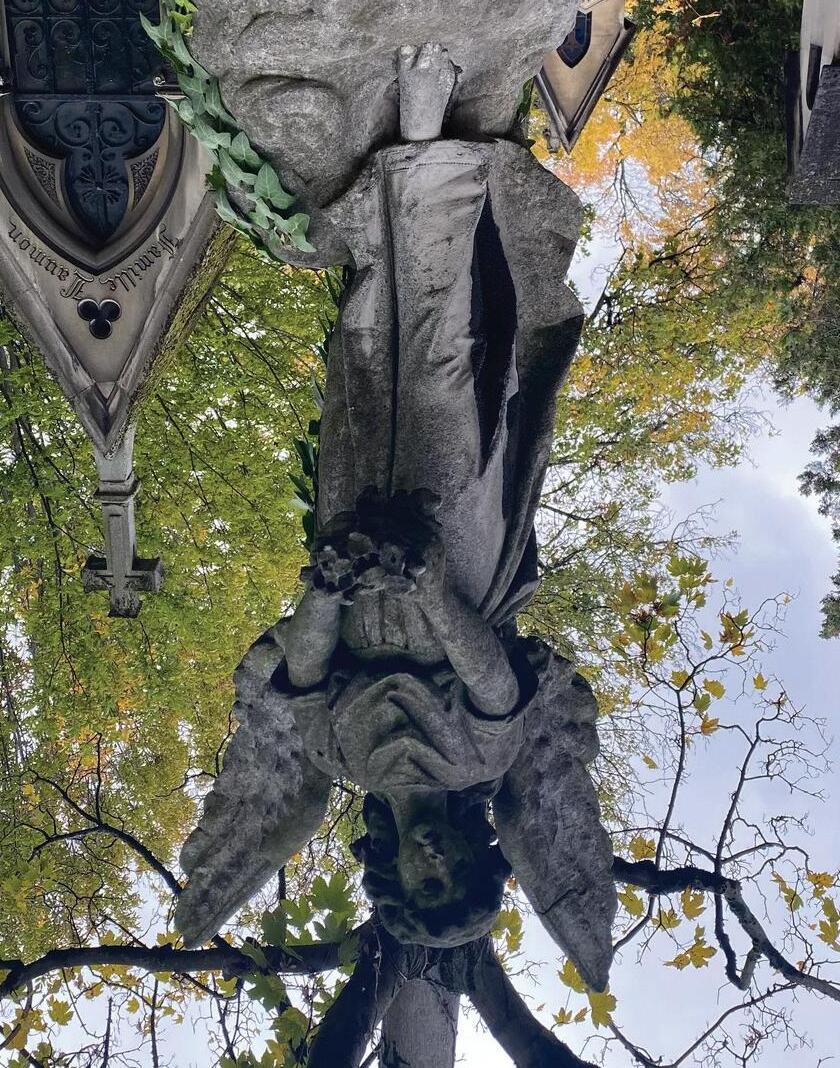
Now I’m here
I don’t want to have to explain anymore, to search, to wait in expectation of an apology, as if the last of my hoarded forgiveness could be released instead I sit with you, talk to you, behave as tourists do as though the interred are still in want I say I’m sorry, I’ve wronged you, continue to wrong you not seeing you clearly in life or death, not giving you the grace or mercy you deserve
Twilight here to an earth of foxes, pale ghosts of white orchids, ossuary of bones behind aux Morts
Beyond the cemetery what’s holy in this city keeps only the earliest and latest of hours the tower blinks off before midnight, limestone river snaking through the heart of the divided banks that much blacker for the loss of light
In the early morning in our apartment I’ll rise to the sound of bells clanging stopping at your favorite boulangerie for a baguette on the way to the Tuileries our favorite ritual to sit near the delphiniums and lupines not saying anything, just eating
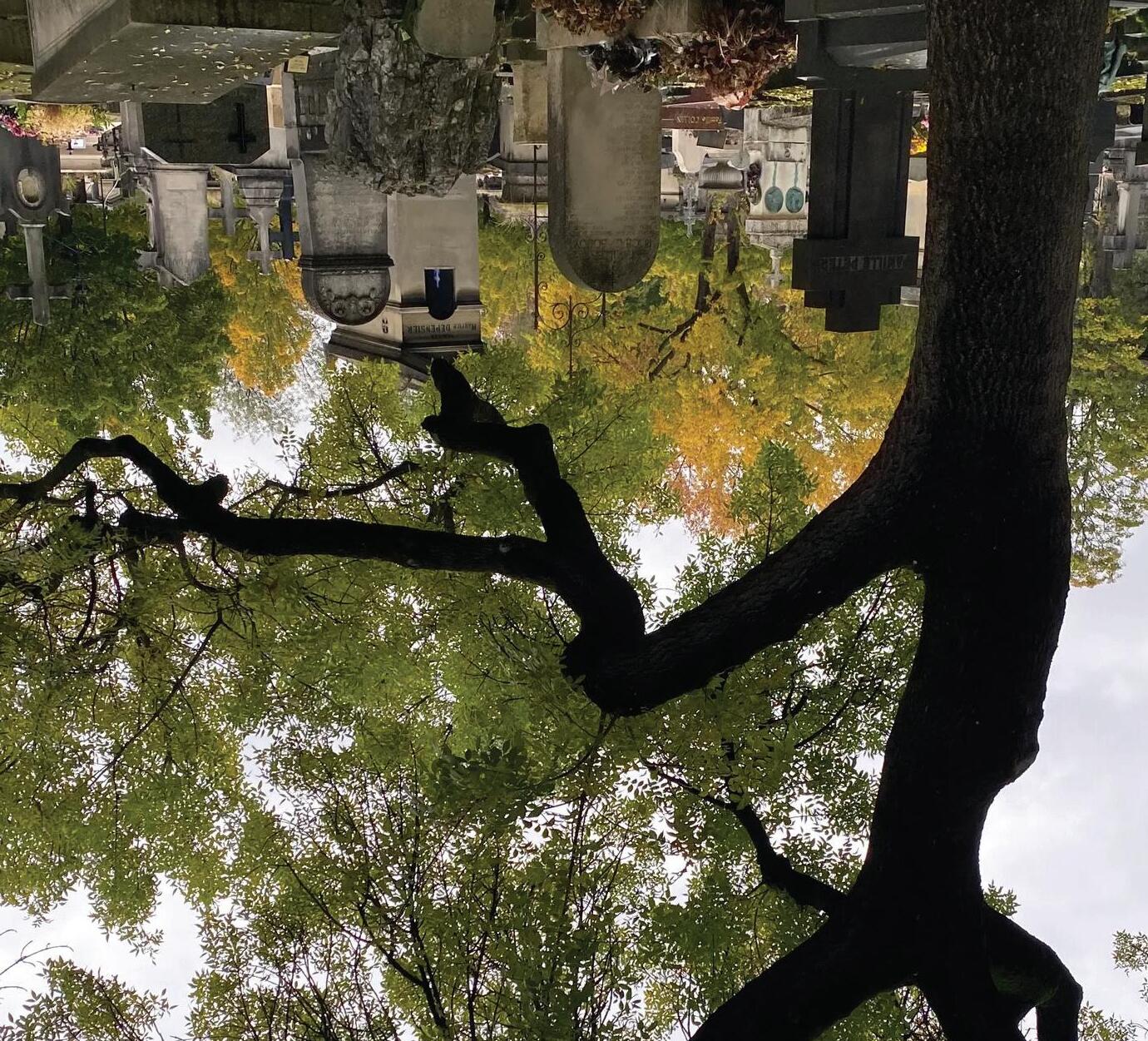
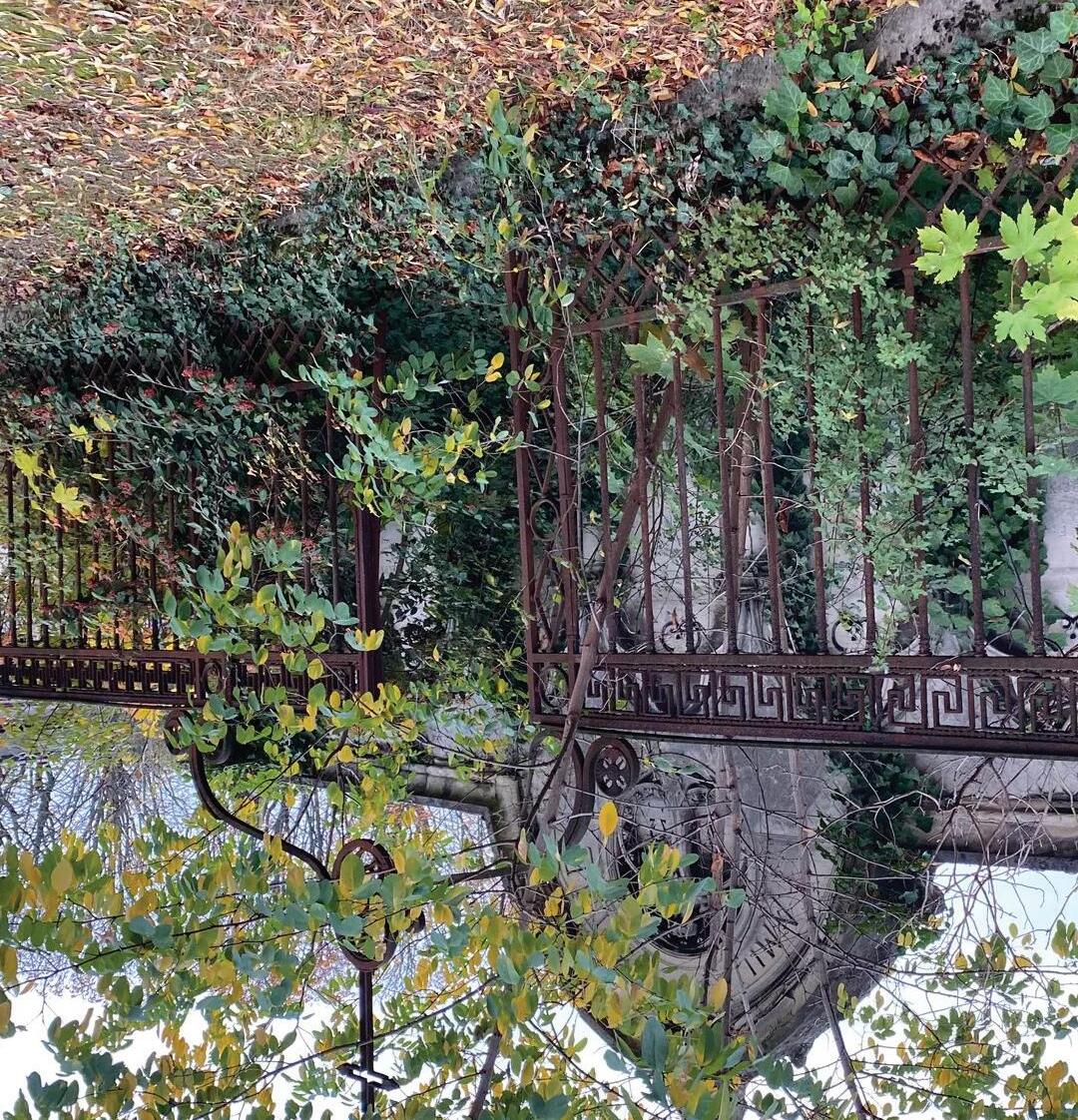
only the park is closed for renovations and when I slip through one gate I quickly forget how I came it is like this with me always, adrift in the spiral snailclock of Paris
When I wrench my way out another opening it’s pouring rain and I’m lost again in the city we loved
I’ll dig out your old meticulously handwritten directions crouching under trees trying to read until ink bleeds outward and all I see is a blue blotting beyond the bridges I know
the paper now so thin, wispy and useless as ash in my hands the truth is despite all of your trying, without you I never learned how to nd my way home
In my watercolor class this semester, I created a sketch for our current theme of “worlds” and I felt it t perfectly with this semester’s magazine issue. I was inspired by this picture that looks as if it was in Utah, which means a lot to me because of the connection the place had to my uncle that recently passed away. I am creating a piece in memory of him, and I wanted to share the sketches I created. It is an the impressionistic style, where I focused mainly on form, lighting, and accurate color. I changed up the composition by splitting it in half for a unique look.


By Cameron Flees
Cameron Flees is an 18 year-old female student at NMC. It is her rst year in college as a freshman. She loves to create art and is majoring in raphic Design. As of right now, she is working in Fine Arts to strengthen her education for her future career.
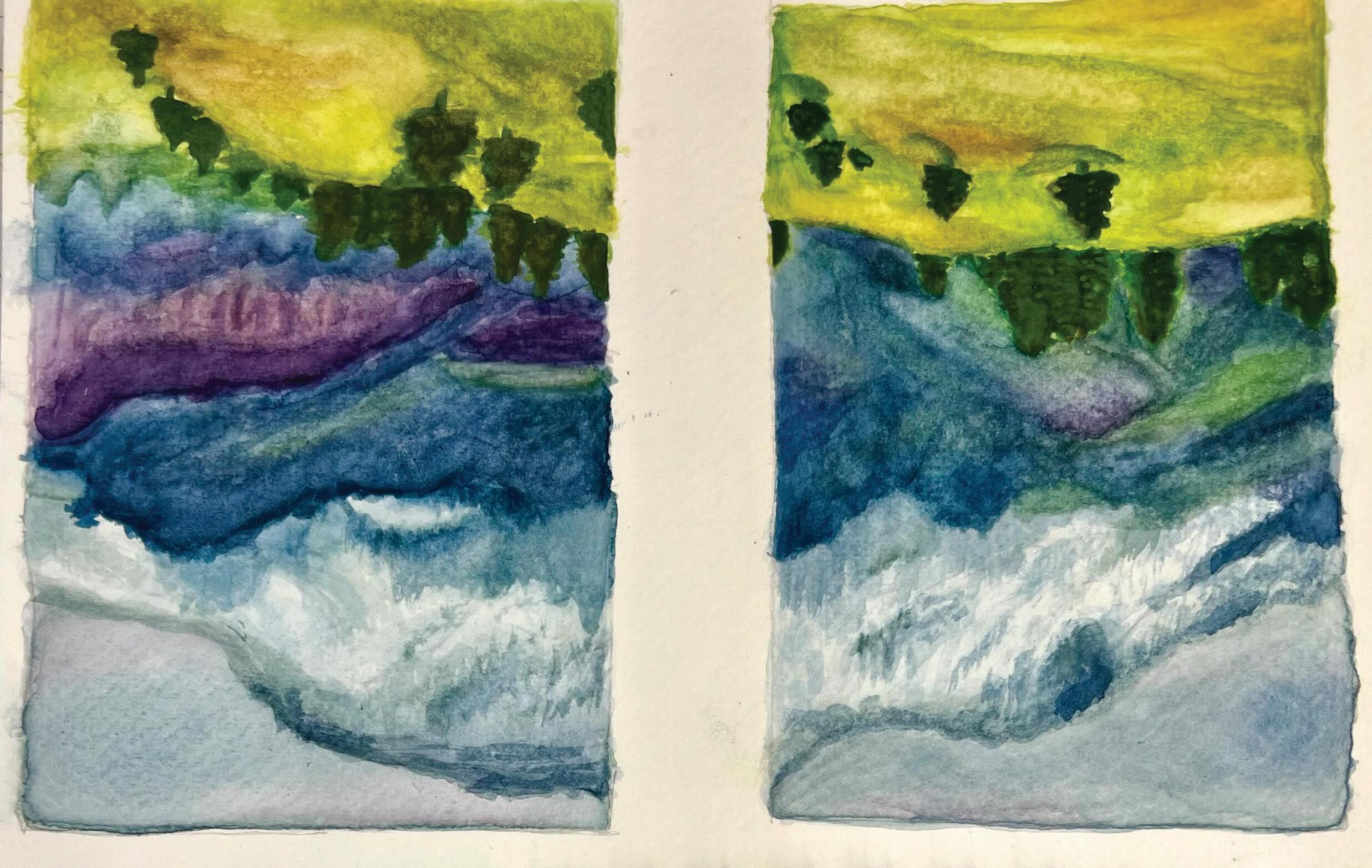

The construction area at the Planting Seeds model preschool in San Lucas, a town between uatemala City and Antigua, is busy. At one end, a girl sits with magnetic blocks, building a structure with a peaked roof. “Mi casa,” she explains, then she takes it apart and begins building it anew. A boy kneels on the other side of the plastic building block storage case. He quietly lays out the remaining magnetic blocks, attaching them in a straight line across the oor. He pauses and tries to also build a house, but has trouble getting the blocks to attach upright for the walls. The boy moves his hands away and the blocks fall. He laughs in delight and begins laying them across the ground again. A very young girl joins the others and shyly holds up a few ngers when asked how old she is. She grabs a foam puzzle and settles close to my side. Each puzzle piece is carefully peeled out from a fruit puzzle, with shapes such as a banana, apple, and avocado. The girl’s ngers move fast as she puts it back together. She sets down a caterpillar puzzle—this one is a bit more dif cult. More pieces, all with unusual shapes. After placing the face, antennae, and then two decorative
owers along the top, she moves onto the body of the caterpillar—the tricky part. She puzzles out a few pieces but becomes stuck after a while. Since I don’t speak Spanish, I don’t have the words to communicate. Instead, I run my nger over the front side of one piece. It is very bumpy. Then I run my nger over the front of the puzzle outline. Also bumpy. She repeats those actions, then I ip over the piece, showing that the back side is smooth. The girl smiles in understanding. She eagerly picks up the pieces again, and while she struggles with a couple dif cult shapes, she nishes the puzzle almost entirely on her own. A fourth child joins us, another boy. He uses the magnetic blocks as well, masterfully attaching and dangling them over the edge of one storage shelf. Then a fth child arrives—construction is a popular area this day. The fourth child stops the new boy, insisting the whole group counts together. “Uno, dos, tres, cuatro,” they all say, as the fourth child points in turn to each child already in the area. Again. “Uno, dos, tres, cuatro.” The area has hit its limit of four children. However, this is something these children know how to properly handle.
The fth child looks over to the two who had been in the construction area the longest. “Puedo tener un turno?” he asks. May I have a turn? After a brief discussion, both children decide to switch stations, freeing up two spaces in the area. Planting Seeds’s multi-year classrooms allow its preschool children to support, and learn from, each other. Thiago is one of the ve-year-olds at the San Lucas model preschool. His mother Selena explains that since attending, his temper has had signi cant positive changes. He also shares more with Selena and shows more empathy at home. Selena hopes Thiago will continue to develop social emotional skills and values during his remaining time at Planting Seeds.
Parents also bene t from the additional programs that Planting Seeds offers. One such program is Parent Training. Selena, a single mom with supportive parents, nds great value in this program and believes it is very important. She explains that a lot of parents grew up with physical punishment. At Planting Seeds, the preschool parents learn alternate ways to treat their own children, such as using patience. The parents also learn about emotional development. Parent Training
goes further than that, Selena says. She’s learned strategies to help Thiago work on skills, such as ne motor control, at home. She has also learned more about proper nutrition and how to nurture Thiago with love. Since Thiago started school with Planting Seeds, Selena feels that she is both closer and more open with him. She describes Thiago and herself as contrasts: he’s extroverted, she’s introverted; she views herself as closed off, and him as loving and attentive. Selena says that Thiago’s experience with the preschool helped them establish a daily routine they lacked before. She now also feels less shy and understands how to remain calm. Thiago has many friends across all age groups at the Planting Seeds model preschool, and has developed a love for singing. Selena will be happy for Thiago’s future as long as he’s “able to do what he wants to do.” She wants to be able to both support him and be there for him. For the present, Selena appreciates how much Thiago has “grown as a person,” the love he has for the preschool and its teachers, and the good attitude Thiago now has toward life.
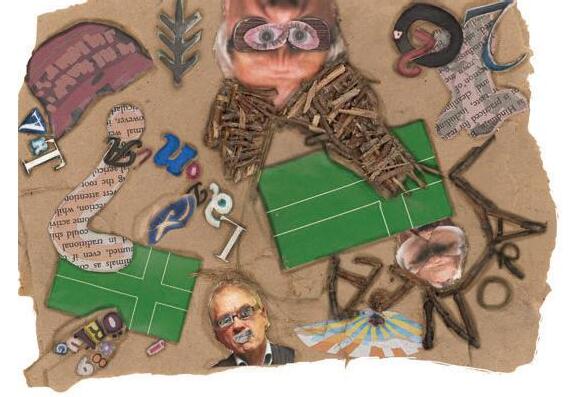
By Candace Riley
This series is intended to unify countries through the similarities despite having different landscapes. Each country uses basic farming necessities; water, fertilizer, weeding for success. Candace is a full time manager, buyer, and graphic artist in pursuit of continued education. They are thoroughly enjoying sharpening their graphic skills.
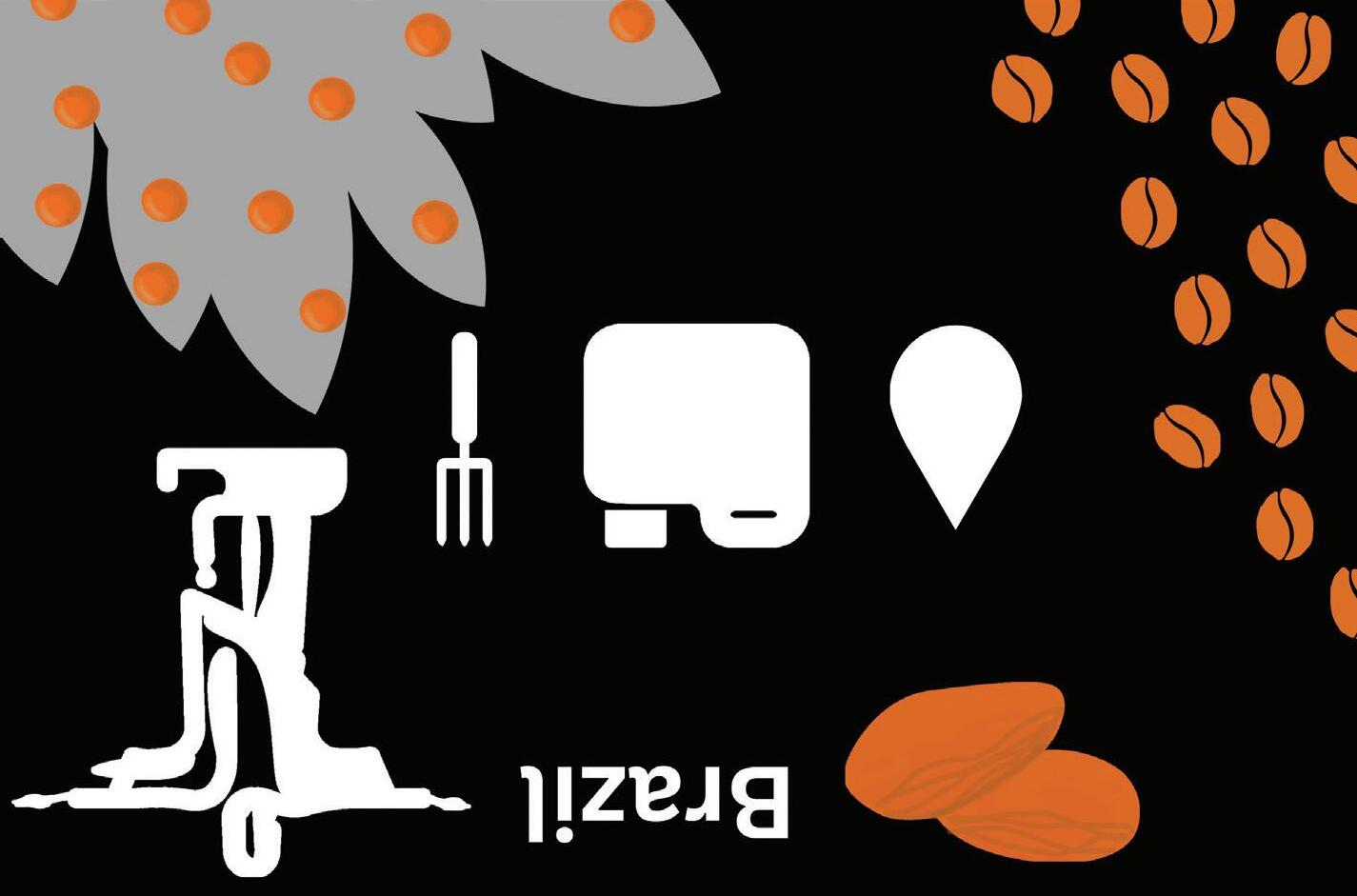
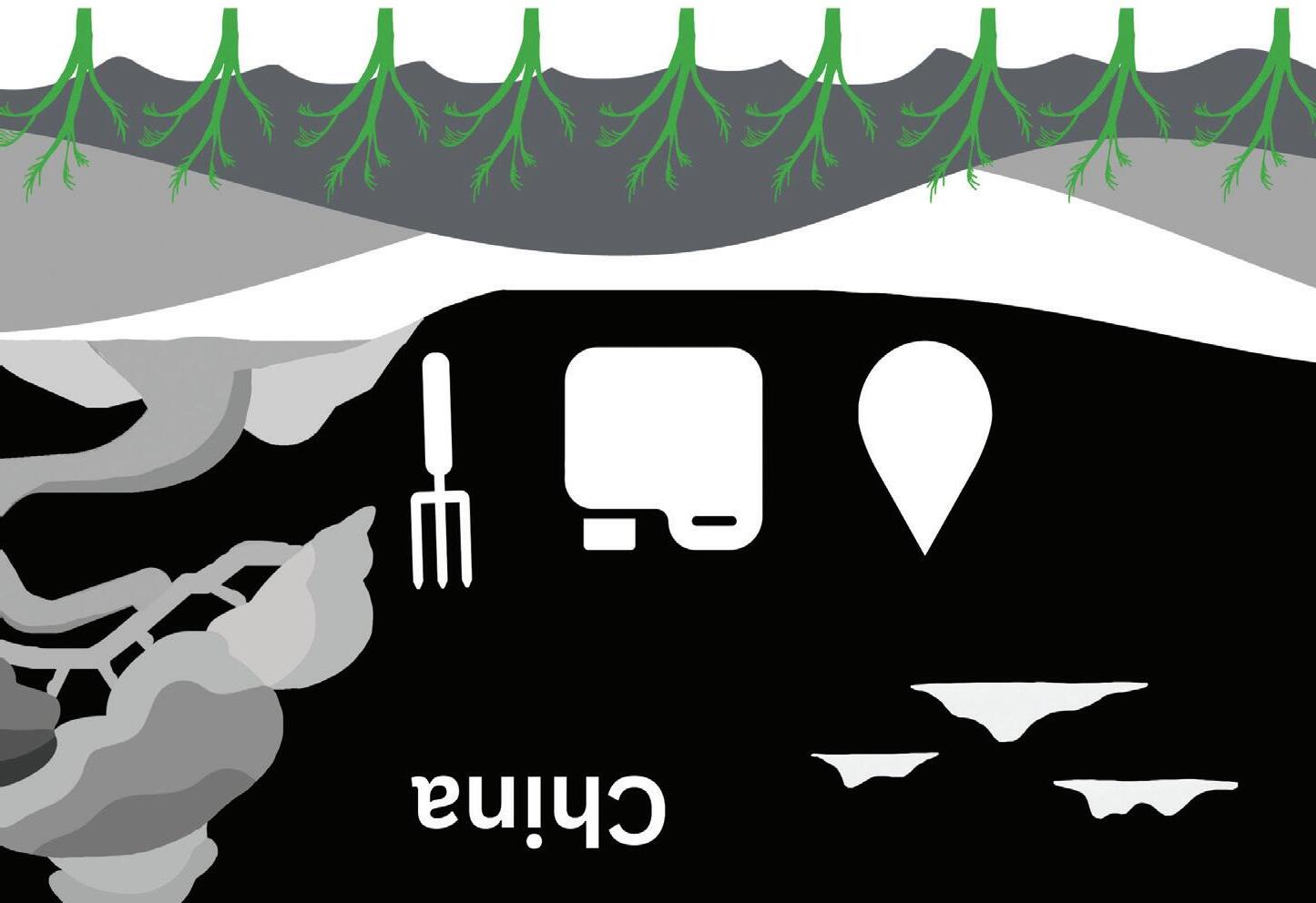
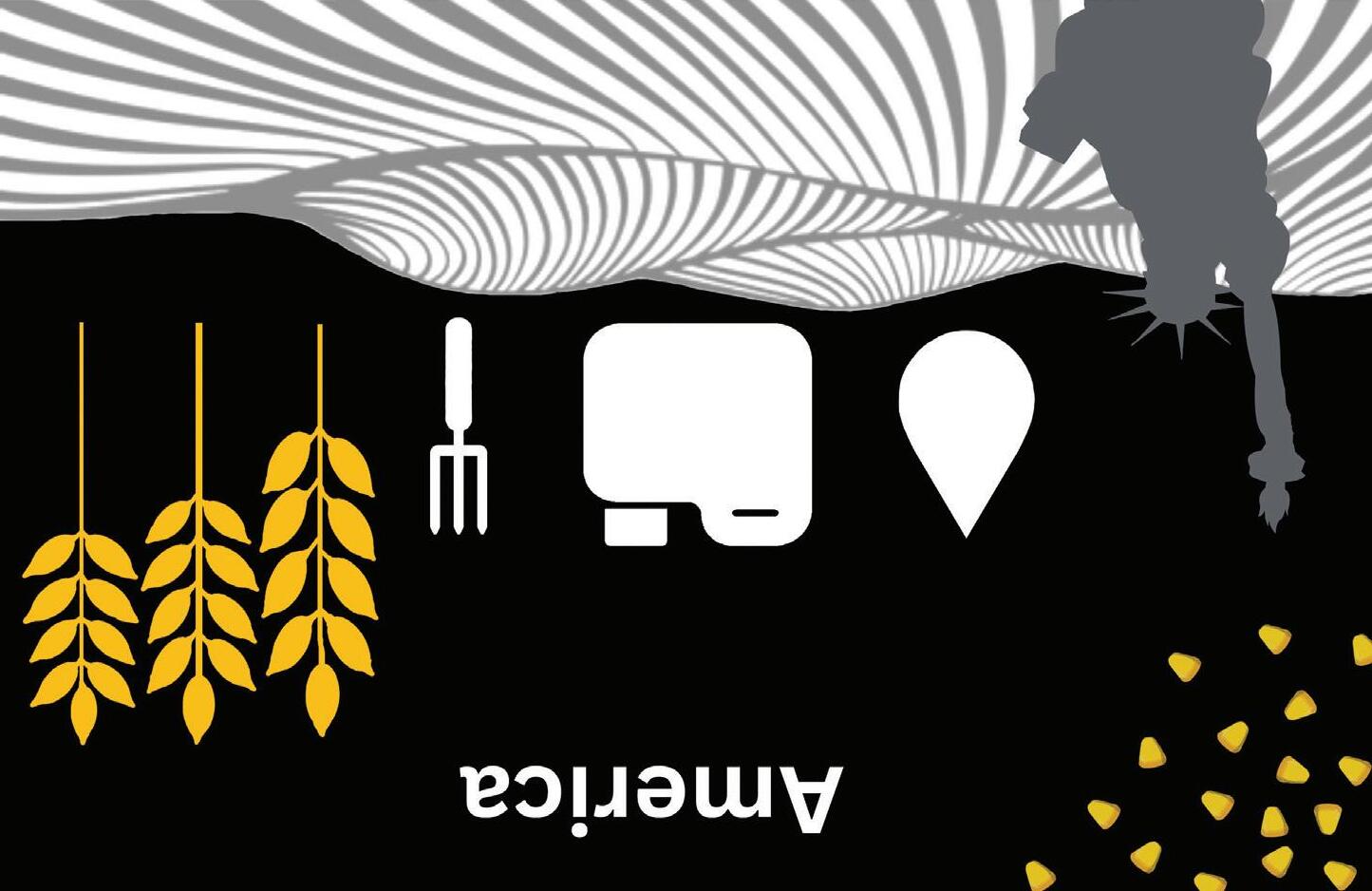
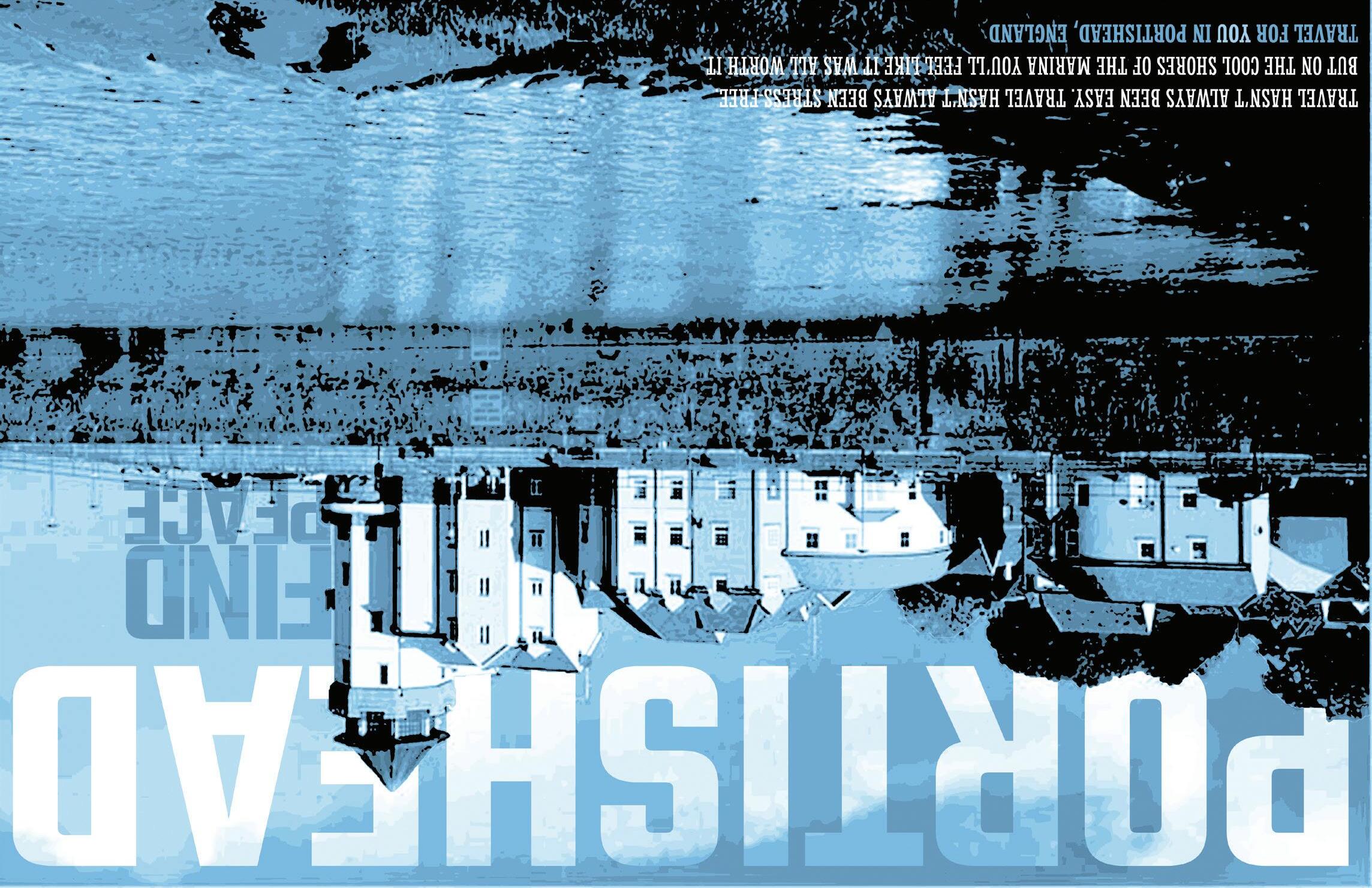

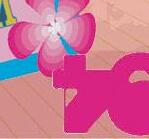





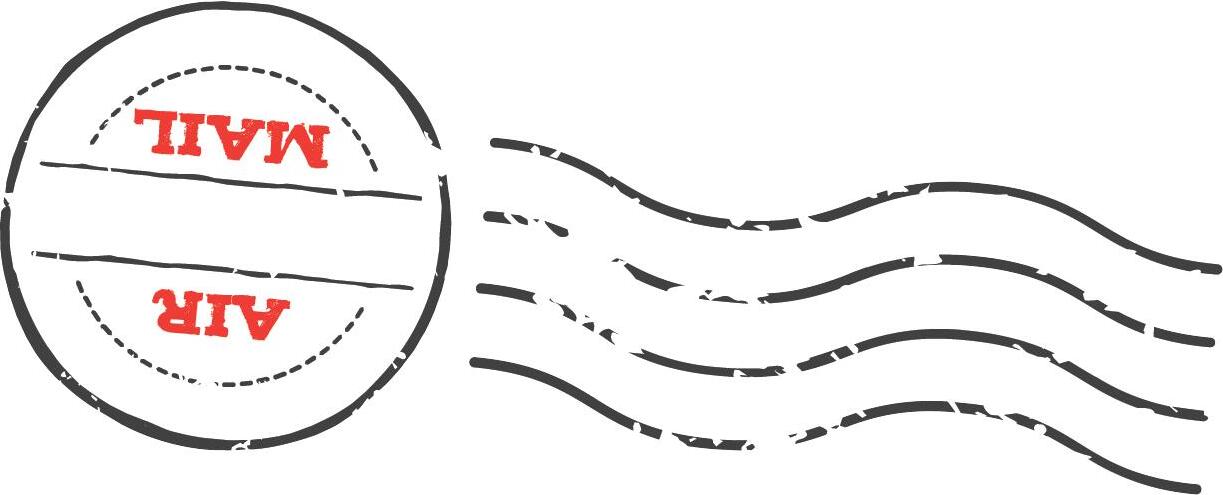
By Ian Johnson
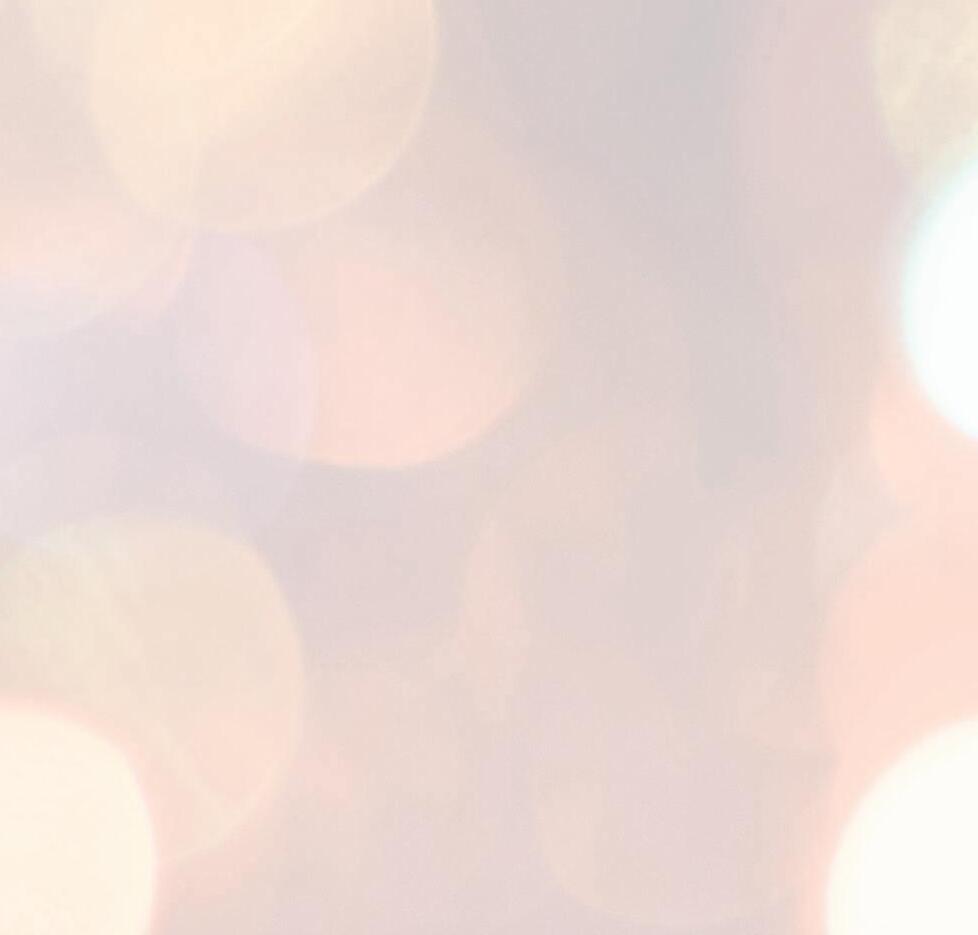
By Krissy Kida
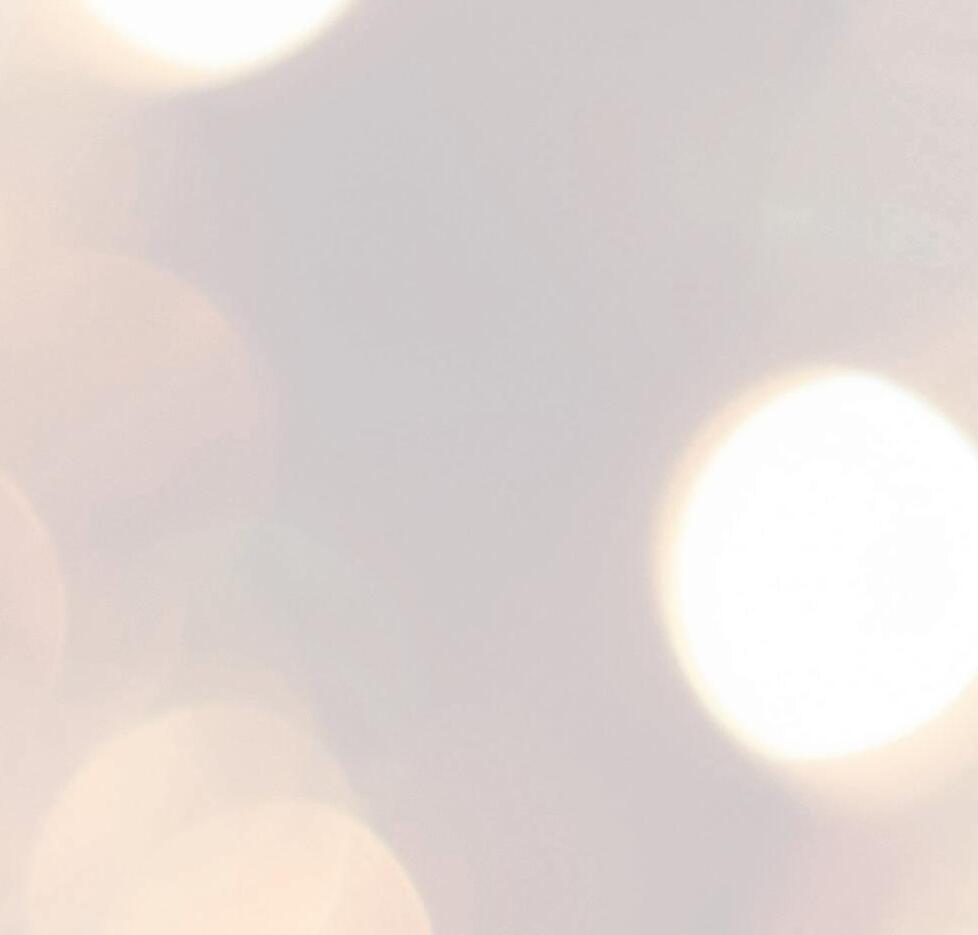
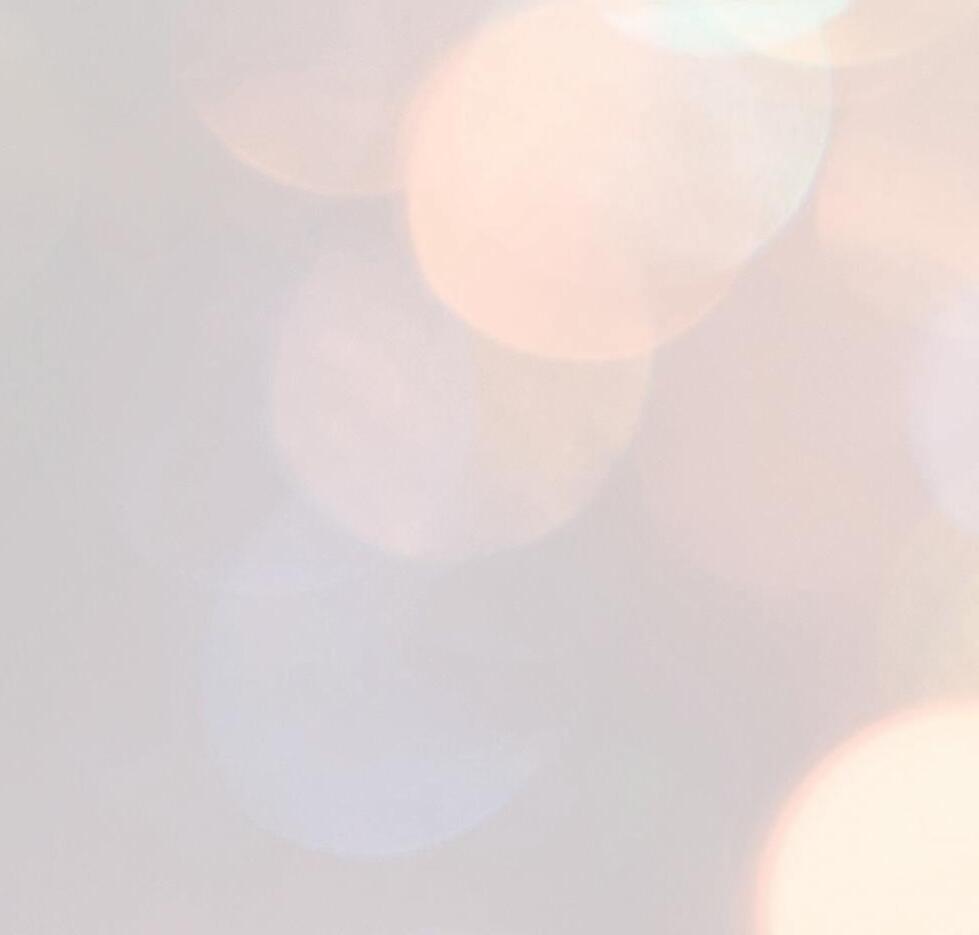
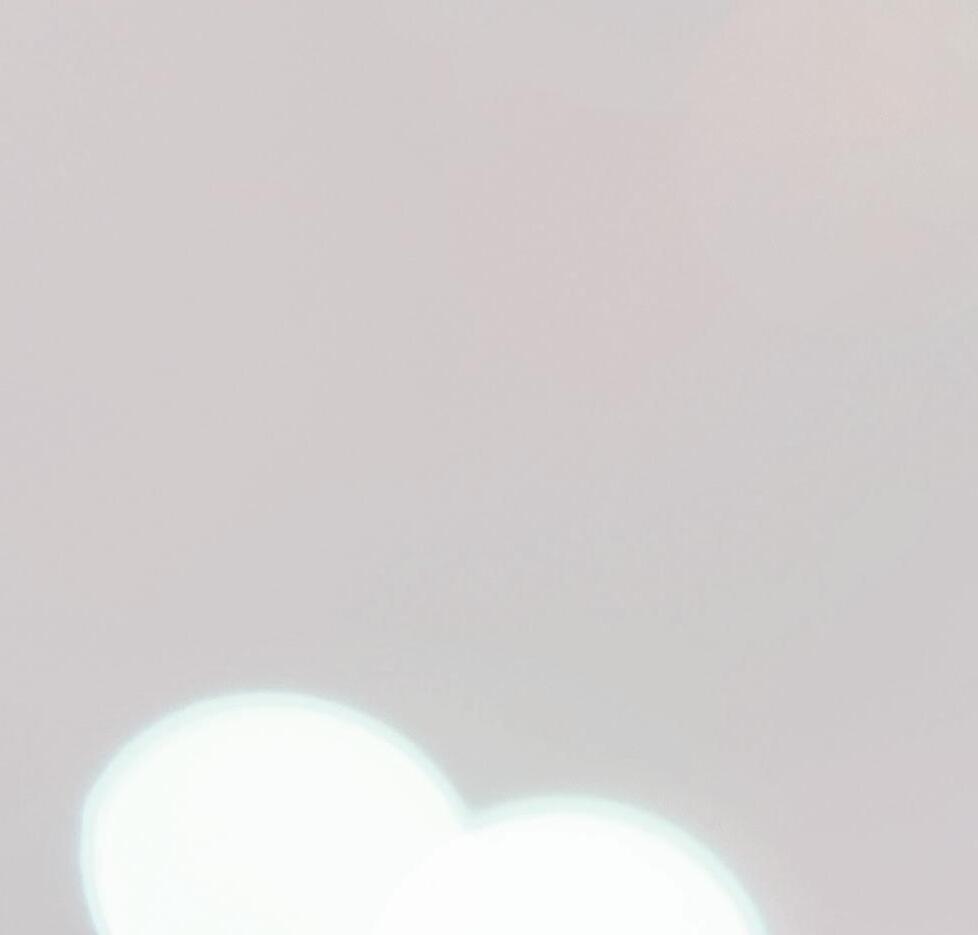
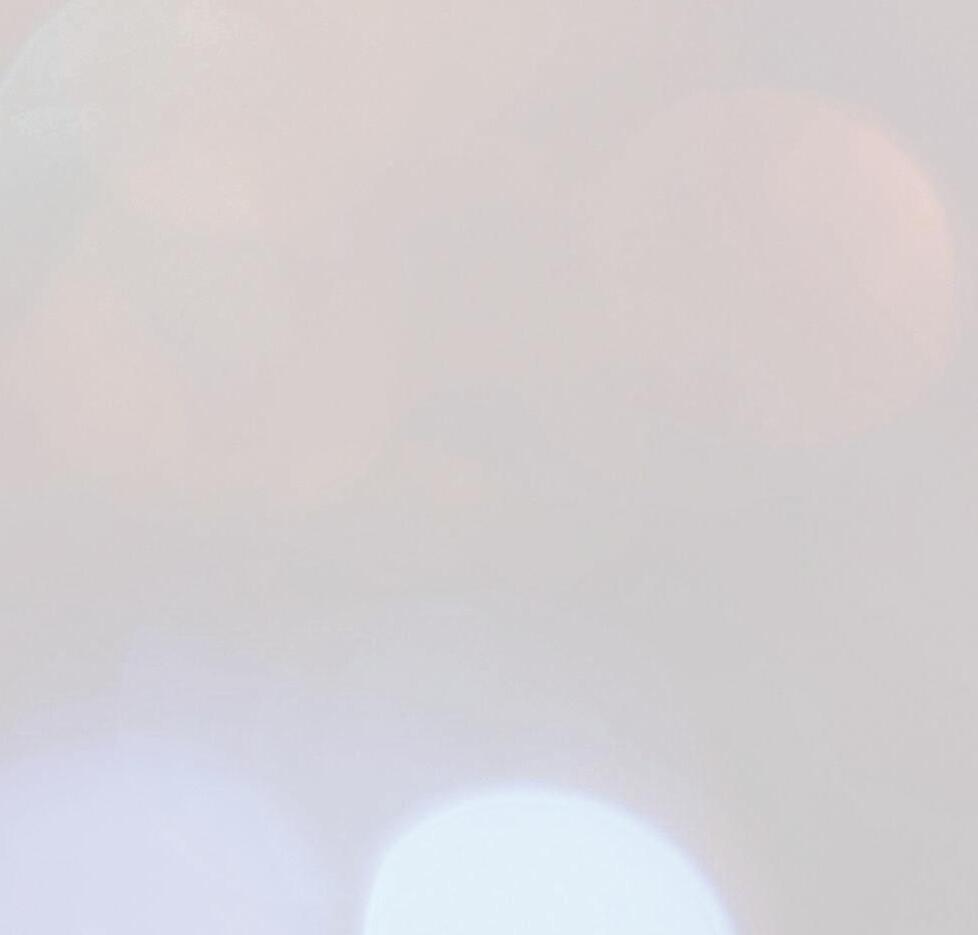
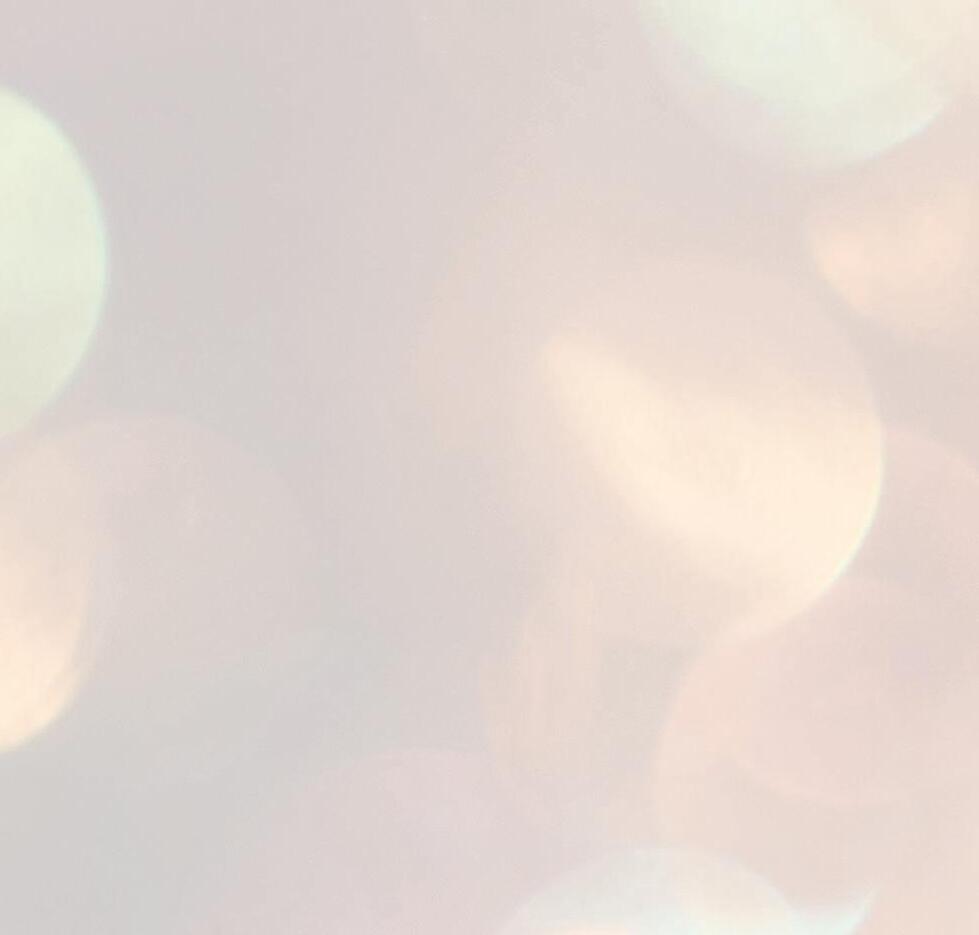
The cold rips through me as I queue in line at 11:30pm on a crowded street in Ybor City. Anticipation and anxiety build as I get closer to the club door. Teetering and tottering on 5-inch patent leather stilettos, I fumble my clutch purse, dropping it to the gritty ground.
“Shit,” I say, embarrassed. Squatting down to retrieve my ID and cash gives the bouncer an aerial view down my lowcut dress. We make eye contact as I Bambi-leg my way back to standing. Gravity wins and I topple into the bouncer giving him a surprise and a handful. He grins and tells the doorman “No cover on this one.” He unhooks the rope that covers the entry to the club, gives a quick wink, and gestures for me to go in. A short outward breath and I walk into a vibrant, outlandish new world.
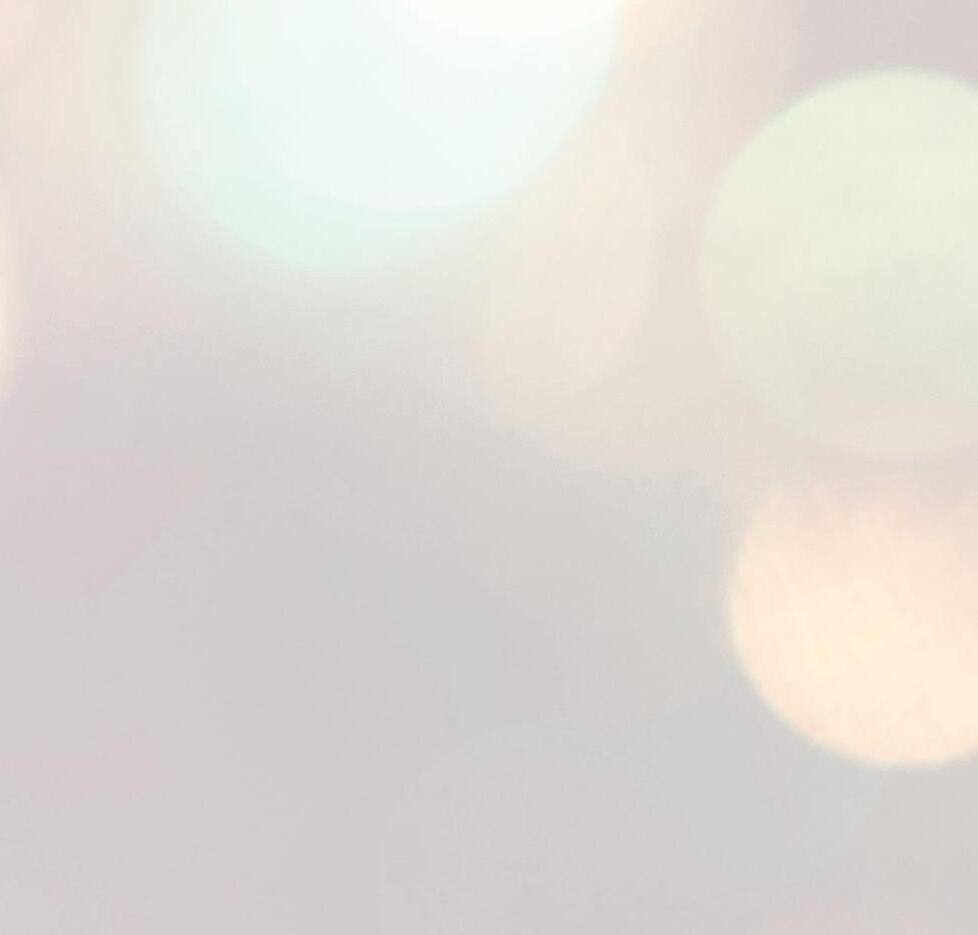

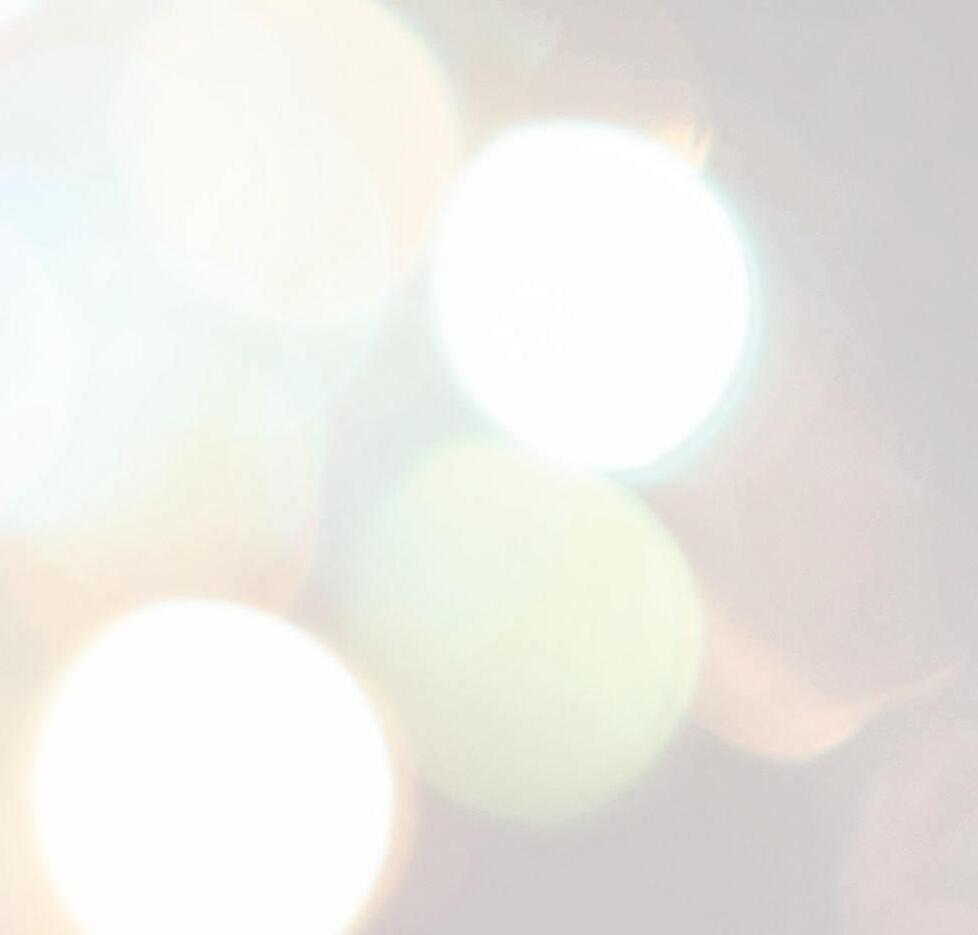
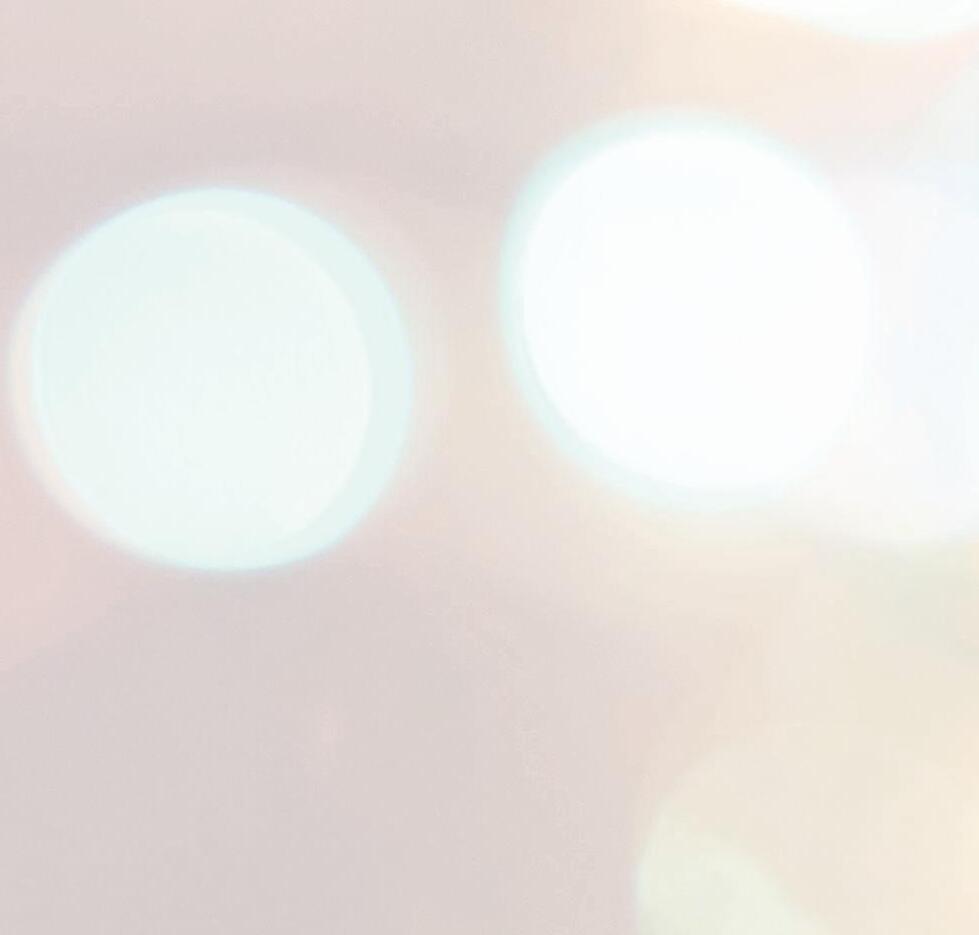

Kylie Minogue serenades my entrance to the club. Pushing through the wall owers and voyeurs, I head to the bar for liquid courage. The bar top is tall and even in 5-inch heels I struggle to lean close enough to the bartender to shout my order. Hands suddenly grasp my hips and lift me up until I’m sprawled over the counter. I squawk so loudly I swear you can hear it over the pounding bass of Armin van Buuren’s newest mix. Pushing up on the bar, I turn to see who has manhandled me. His bright blue eyes meet mine and his lips split quickly in a hidden smile. He looks out of place in a swarm of Abercrombie and Hollister and shell necklaces. Dressed in a black shnet shirt and black eans, his studded belt imprints my thighs as he holds me in place.
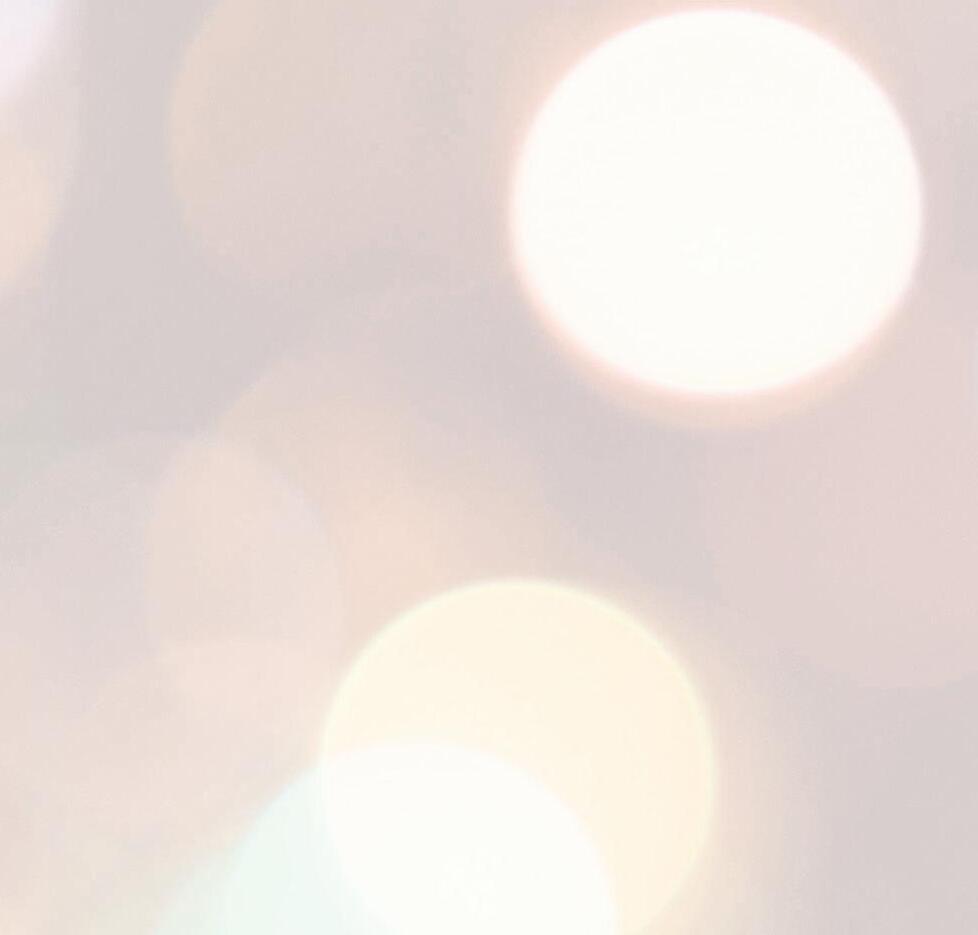
“Go on, order. And get me a vodka cranberry too.” I stare dumbfounded at the audacity this man has to give orders, but he does have a hand up on me. The bartender is amused and leans in to get the order. I start to squirm down but he holds me in place. Leaning over me, his lips graze my ear, “Aren’t you going to get your drink?” His face so close to mine gives a very intimate view. I am on the verge of unleashing hell on this impudent guy when the bartender returns with both drinks. My purse is currently stuck beneath me, so I twist trying to pull it from under me. He pulls a twenty out of his wallet and hands it over, waving off the need for change. “Come on,” he goads as he walks toward the dance oor.
I pull from him, stumbling back. “What makes you think I’m going with you?” I yell over the music. He shrugs and leans down near my ear again.
“Luck favors the bold. Figured I’d shoot my shot, you know,” he husks, his warm breath making me shiver. He toasts me with his drink and weaves through the throng of people. “Maybe I’ll see you later.” I remain speechless and watch the crowd engulf his broad back.
That guy is unbelievable, I think. Although, I swallow a large mouthful of my cocktail, maybe…and follow.


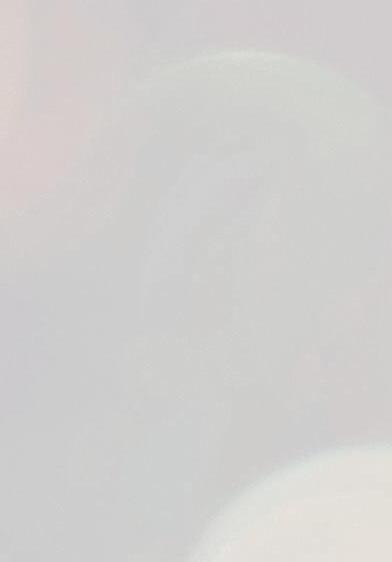

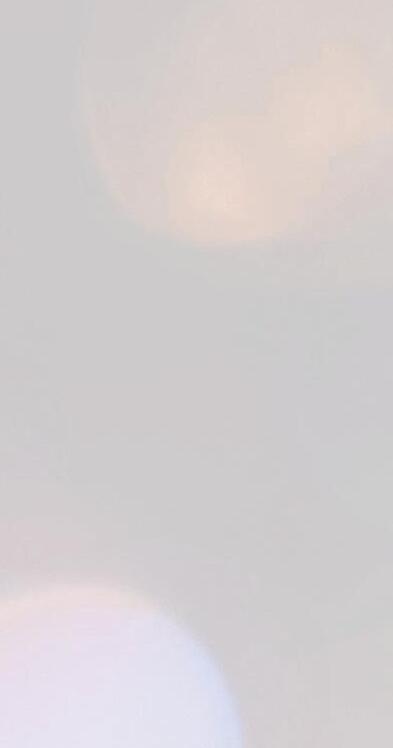

I think it’s better to be broken than to be hurting. We climb up four ights of scrappy, skinny stairs, all hands on deck carrying extension cords, string lights, and booze to the rooftop of the school. Brother Safe fashions a table out of old crates and abandoned beach chairs, collected from the adjacent roofs, while Sister Cindy nds an outlet for the strings and speaker. I’m uselessly standing around, like a lost puppy, or a lost foreigner, watching the way of life. Once Cindy nds one, we pull out our hammock seats and lay the lightbulbs across our laps and over useless crates. Joy and Makki, Safe and Cindy’s friends, appear at the top of the stairs. Makki used to be their old IELTS tutor throughout high school. She’s short, sports a uffy brown mop, and speaks English with an Australian accent. Safe introduces me in Thai to Makki, speaking in foreign slang I don’t understand,
so I smile sheepishly. They missed her; Safe had gone off to College in Bangkok with Joy, and Makki was in Australia continuing to learn English. She has a warm smile that comforts me. It makes me feel okay. Maybe I am glad that when Safe and Cindy invited me to play drinking games with her over dinner, I said yes. Intruding seems to be the best option tonight.
They laugh and joke about something I can’t decode. Anxiety butterballs in my stomach. I force a stuttered laugh anyway.
“Do you want this?” Safe offers me a red solo cup with brown liquid. The surface zzles and pops, swirls down and swishes. I want to look like I’m going to refuse.
“What’s in here?” I bubble. od, I am childish. Bubble quieter. You’re too excited. He grins. “Oh, just, uh some Coke… and a little bit
of my Dad’s rum. Do you want it?” I take a baby sip in approval, but I’ve already got my intentions for how I want to be tonight. ***
It’s overcast over the setting sun, and the smell of rain and traf c hangs in the air. The humidity drops in my stomach as I rise from my camp chair and nd the concrete wall peering down the downtown strip of Nakhon Sawan. Colors of the Thai ag glitter on LED rods tied to pushcarts amongst clusters of cars and cycles and delivery driver’s scooters, who pick up plastic containers of paad thai, or roti smothered in sweetened condensed milk. Humming cars drive at each other in disorganized cacophony, while durian trucks blare advertisements for the sticky, smelly fruit, and old women work intensely in the heat, calling out meal numbers. Behind this, skinny, scabby wild dogs sit defenseless at his feet on the hill. Buddha, large, golden, and illuminated in yellow lights, watches over the city in endless tranquility. Tranquility, something I wouldn’t know about. Strange, but his eyes tingle along my spine, and it feels peaceful. Maybe there is nowhere I’d rather be than here in Thailand.
But I don’t belong here. Cindy, Safe, Joy, and their teacher understand each other, in every sentence. They have a history I can’t touch. We all know who’s the odd one out: the blond, stupid boy in a sea of Thais. Here, the humidity
wraps a choking hand down my throat, silent suffocation heat stroke. My default is looking like a bulging tomato freshly showered in sweat. It’s painfully lonely, being a sunburnt stubbed toe in the hot shower. How did I get here, where an ancient man eyes me from above? Why do they drive erratically below? I don’t belong here. But it’s better than at home.
Safe says something and walks over to me wide-eyed with a liter of Coke and a small vial of rum in hand. He lls my cup again.
Then,
Three shots of rum.
Who knows Thai anyway? I’m an idiot. A bumbling, blond idiot, who is I, who knows, who knows nothing about culture. A fraud of the people. I would win People’s Choice Fraud!
Downed.
Soju and blue raspberry syrup.
I always wanted to run far away, so why do I want home? Why, why did I have to go away from my beautiful Bo, who is at home? She’ll have been waiting for me for ten months, if I can manage that long here. My love, waiting out in the snow, out in the soft sunshine and why did I do this to her heart that hurts so much? My love, waiting at home. I want her so bad. I wish for her beautiful brown eyes to land upon me… standing behind her door, doused in cold sunshine…
Drowned.
Blood red wine in a big-rimmed cup.
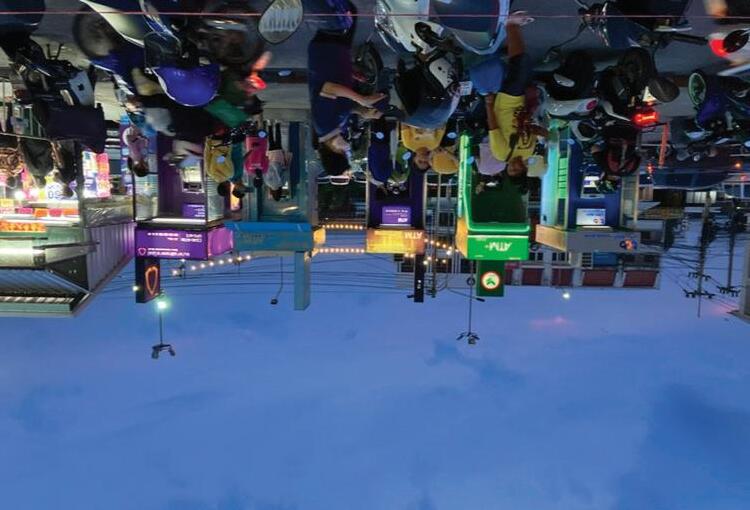
My heart badum badums in my throat. One, two, pulses in my veins, swells my neck. So many beats, aw, my blood I must bare safe and sound to see my baaaby. Words and thoughts, thoughts and words bounce on the yellow light between Buddha’s eyes. I’m so warm. My stomach is so warm! Buddha’s
face contorts on his podium and his gaze nds me, blond baby, insufferable boo, tomato-faced beanbean on the rooftop. He is my life’s tour guide, for sure. He kisses my forehead and whispers in my ear.
August, belonging is a doorway that is locked. Chill
out man. Like, I am sitting on this hill. Actually, like, just sitting here all day. I’ve got nowhere to be. Do you, man? Have another drink, life is short after all. It’ll take the edge off to forget… just go with the ow, bro. Nirvana’ll nd you in nothingness. Dude, peace is found in a space nowhere. Another drink is another place to hide in plain sight…
“Oh my god, thanks Buddha. Seriously.” My hands feel empty. No glass? Dark, grimy stairs below my feet. Oh my god, where am I? My hand searching grips on a sticky railing.
“Bro, where’s the wine? No wine here?” I say. Where is Buddha? Only Safe is standing on the stair behind me.
“Safe, where are we going?”
“August, we must go back inside the school already. It is raining.”
“Oh.” My head spins, dreading the inside. Rain sputters like a symphony on the pavement. My shirt is soaked. I’m so small, so small. I get down on my knees in front of the window. I see this golden bro out in the rain again. “Hey Buddha, it’s me again.” His motionless movement irks me in a way to talk. “Bro, do you understand me in English?”
I bite my lip. “When will I nally feel correct in the World’s eyes?”
His eyes open and earlobes lower even lower down to me, and his golden lips part,
“August, get up. We must go home now.”
Whipping to the right, Safe is looking in my eyes. His ngers wrap around my arm and try to pull me up. “Are you okay?”
“Yes.”
“There’s no rab. We will take my motorcycle back. You will be okay to ride?” he asks. I ponder it. Six kilometers, three people on the cycle, in the storm I’m thinking about pondering this more. Actually, sounds like a blast. A smile spreads on my face. “Yeah, totally.”
We three squish onto the scooter’s tiny seat, and I sandwich in between. We pull off of the school’s sidewalk and into the quiet streets. This is freedom, isn’t it? I nally won the games.
We get out of the city, closer to home. We make it to the golden bridge above the river, passing the elds. od, I want to run a victory lap in them. The scabby dogs don’t scare me anymore. The mean streetlights shine nicely, the wind feels cooler, and the rain is like postage from a better time. I’m meant to be here. I’m meant to be free. Stormish winds push the new grasses.
my hair like I’m crying in the mirror. I cradle the wet spots on the shoulders. Her warmth, her soft gaze, now so far away. The wet spots weigh me down, it’s rain, but it almost could be she who cried on my shoulder. Love, your tears are my tears, which are never far away.
How nice it would be to be warm, not sticky. And loved, not sweaty. If I drink all the time, it can be her warmth of my body and not mine.
I step in the shower, pushing it as hot as it will go. My skin screams in red, but nothing, nothing, hurts like the blood swelling my heart, the deathly force of radiating heat in my stomach. It’s not warm enough. I hate the hot. I love the warmth. Oh my od! All this is the sharpest pain mudding my brain. No one told me being an exchange student star requires me to burn myself up like one too. I don’t want to think I care anymore. I’m hot, I’m warm, I’m whoever will t in. I don’t want to think about who I will face, sober, in the re ection of just me tomorrow.
I stumble off the bike and crawl inside. A screaming hopelessness cracks into my side as I crawl to the bathroom upstairs. Rain dripping on the path I’m making. leaming across marble stairs in low light. Buddha, I never want to go home! But I cannot handle this pain to be away from my love. I lock the door and stand to see my re ection. Rain drips off
Just me.
By Lilly Garno
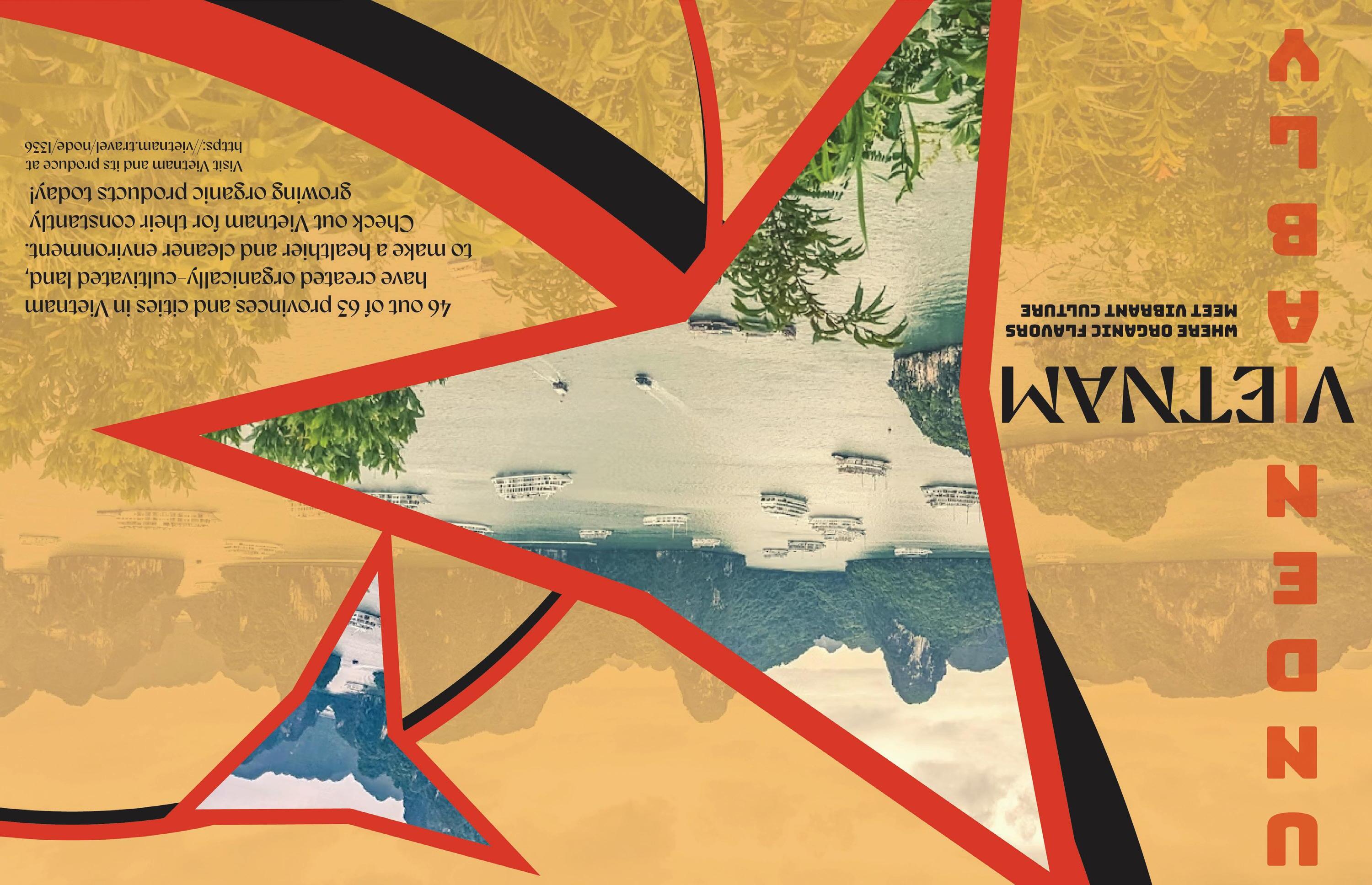
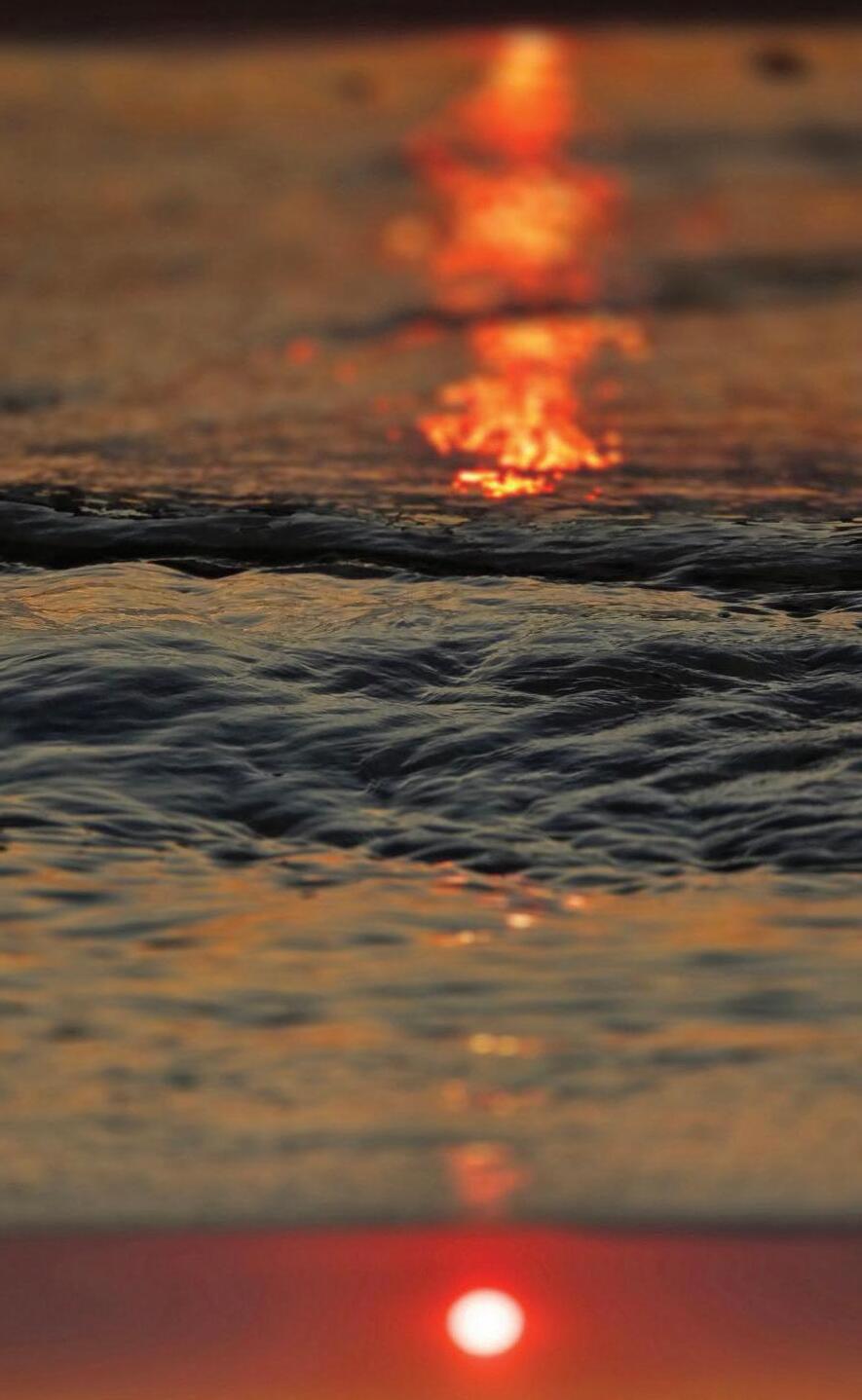
By Bethany Turja
By Susan Odgers
Travel as a privilege is a hot topic in the disability community. While a small segment of the disabled population has disposable income for travel, many others are barely meeting their basic needs of food, shelter and medical care. Some disability justice activists, especially given our current political climate that’s negatively impacting people with disabilities, view travel as a frivolous topic.
Pleasure or leisure travel is evaluated differently from travel for medical reasons or to attend funerals. The pandemic shutdown
heavily impacted the safety and availability of travel for many people. A fair number of passengers have not returned to their pre-pandemic routines. Remote work has drastically affected the travel industry. Current air travel statistics report that 12% of airline travel is for business, yet represents 75% of revenue. The rest is leisure travel.
The internet is lled with travel blogs written by people with disabilities. One popular example is “Curb Free With Cory Lee”. Most of the disability travel blog writers are
I have always found peace anywhere near a body of water. Whether it’s a lake, ocean, pond, or stream, it’s always been therapeutic for me. Capturing unique views at or on a body of water is my favorite. There are so many details to appreciate. This photo was taken on Lake Michigan at Peterson Park in Northport, Mi. It’s one of my favorite places to photograph. It had been a beautiful, warm, clear, sunny day, and as I noticed the sun was setting, I rushed over to the beach. I sat right on the rocks and probably took 50 photos, waiting for just the right one. I felt like this photo captured a beautiful moment in time.
white, heterosexual and male. For some, their blog is their livelihood and underwritten by subscribers and advertisers. Often these sites and related APPS like this one (link below) for Ann Arbor, Michigan also serve an important role in educating individuals with disabilities and their families as to what travel options are available. Many of the bloggers share rsthand experiences. I’m a middle-class, white, female wheelchair user (since age 18). While I’ve traveled a great deal, how I’ve traveled has varied.
As the eldest of ve children and before my paralyzing spinal stroke, my travel experiences, while minimal, were mixed. I went to a summer church vacation Bible school group, ventured by plane and train to see my father in NYC, summer vacationed with my family in cabins, took car trips with my grandparents to State Fairs and family reunions, ew with my family of seven to my grandmother’s wedding in Wisconsin, visited several reat Lakes ports of call via my high school boyfriend’s family cabin cruiser boat, worked with my high school buddy as a nanny so we could accompany two neighbor families to Cedar Point and early in high school, during spring break, traveled with my boyfriend’s family to Acapulco.
As an able-bodied person, I took the relative ease with which I could travel for granted.
I had my spinal stroke at the end of my freshman year of college at Oakland University in Rochester, Michigan.
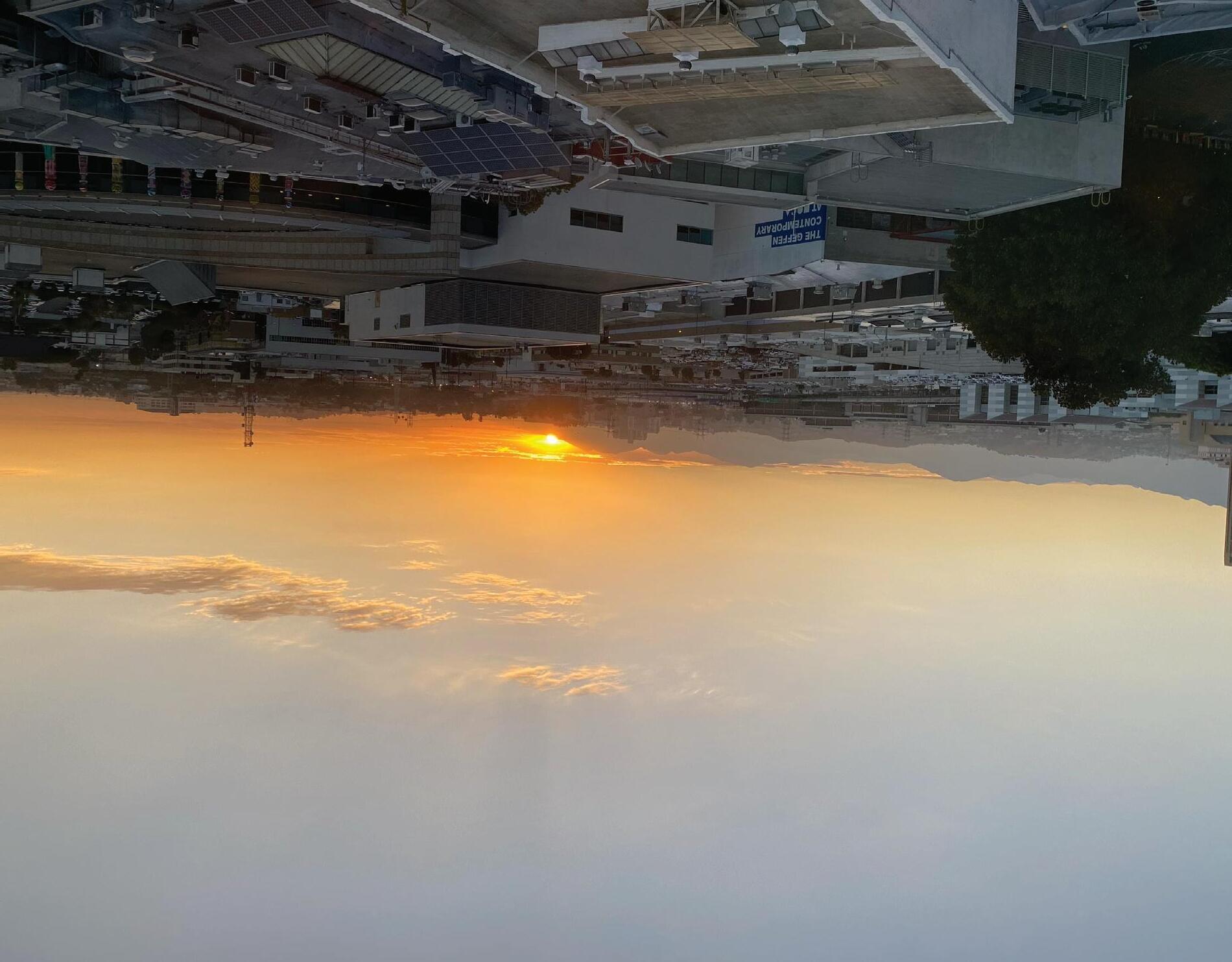
That rst Christmas of my sophomore year, I wanted to y to NYC to visit my father.
It was extremely dif cult. The airlines broke parts of my wheelchair and lost my luggage, which contained medical supplies. NYC had huge curbs and minimal curbcuts. Few subway stations were equipped with elevators. My father and stepmother helped me make the best of that rst trip, though I came back from break disillusioned by the idea of future travel. This was before the ADA was passed. I was 19.
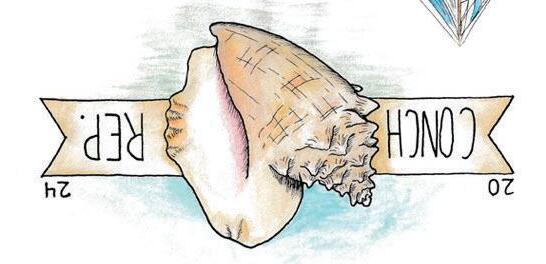
As a person with a disability I’ve utilized most modes of travel. I traveled from Michigan to California by reyhound Bus with my mom to see my Marine brother who was getting married. I traveled by train to Chicago and other cities, rode a seaplane to Isle Royale and ferries to Beaver Island, Isle Royale, Manitoulin Island, Mackinac Island and S. Manitou Island. Boarded a huge transport ferry to Corsica, ew to and worked/lived alone in Europe, went to Arizona alone on spring break, helped a friend celebrate her 80th birthday by traveling by international cruise ship to Haiti, carrying earthquake supplies and continuing on through Jamaica/Mexico/Bahamas and rand Cayman, countless road trips to conferences, living and working in Nice, FR, lots of tent camping to state parks and forests and so on.
more formal than I wanted. My husband and I like traveling but not necessarily being tourists. Our goal is always to become friends with people living wherever we’re visiting. We’ve built lifelong friends all over the world and have returned to many locales. While making friends who can show us “real life” in places, we’ve emphasized shared connections through academia, politics, the arts and social justice.i’ve been fortunate to visit the homes of a handful of our NMC International students, who were also my psychology students. Their families love repaying the kindnesses I showed their loved ones while they were at NMC.
PWD’s. Many travelers now require properties to email them videos of rooms- including dimensions of beds, bathrooms and elevators. Unlike many travelers, it is dif cult for me to stay with friends and family due to lack of ADA access. Not being able to do this adds considerable expense. One odd fact is that now all hotel/motel swimming pools are required to be ADA accessible. Many use ramping into the pool or portable wheeled lifts.
As the price of some travel has lessened and the availability has expanded, fewer travelers work with a formal travel agency or agent. I have used travel agencies specializing in services for persons with disabilities. They were useful for an introductory, initial trip, like the rst time I went to Europe with my husband and aunt.. However, I came to realize they were more expensive and the itineraries
As a person with a disability (PWD) I’ve encountered a variety of travel dif culties. Uber Lyft ride services as well as most taxis, are generally not accessible. Reserving hand controls on rental cars can be complicated. Few accessible hostels, Airbnb/time shares/vrbo and hotels are ADA accessible. In the recent past, hotels with too tall beds have become a signi cant problem for
Some modes of travel transportation offer discounts for PWD’s or their traveling companions. Examples include national bus companies like Indian Trails, Amtrak trains and the Beaver Island Ferry. Many public transportation subways and smaller regional bus routes offer free or subsidized fares. Our own BATA (Bay Area Transportation Authority) does this. I’ve rode BATA with my family to the Cedar Polka Fest, Northport’s UnCaged Festival, Pit Spitters baseball games, Traverse City Film Festival, Cherry Festival Orchard Tour, Interlochen summer concerts, the
NW Michigan Fair and so on.
Living in northern Michigan, means living in a travel and tourist destination that is highly rated by everyone from “ ood Morning America” to Conde Nast media company. I’ve written a column for the “Traverse City Record” since 2008. It’s called ‘Adapted in TC’. I often receive inquiries from locals as well as visitors regarding ADA accessibility to our attractions, festivals, parks and beaches.
TV shows featuring travel and exotic locations such as “Survivor” and shows our parents and grandparents watched “Love Boat” and Detroit’s own “ eorge F. Pierrot” provide the viewer with armchair travel. Today, streaming services can pretty much open the globe to the subscriber. Equally, individuals anywhere in the world can use social media/Zoom to communicate directly.with another person.
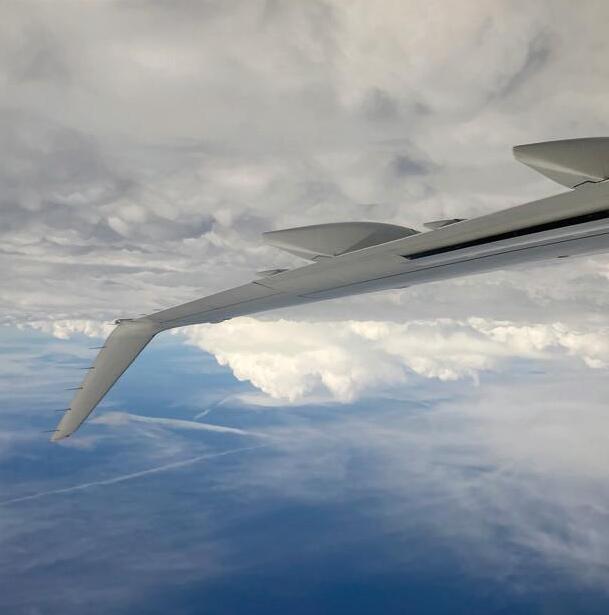
Luxury travel may be a privilege and there are inexpensive ways to travel, such as wwoo ng, interning, spring break Habitat for Humanity
trips, working on a freighter or traveling on one, joining the Peace Corps, working as a nanny, foreign exchange programs and staying at artist residencies. Some see serving in the military as one of the best ways to have their travel underwritten. Obviously, this isn’t for everyone.
Currently, I’m on the board of the nonpro t SeedKeepers. See link below. This year we’re offering artist residencies on Beaver Island. The goal is to provide an exquisite rural opportunity for urban artists. Artist residencies often offer a stipend and other bene ts. See link below for the Alliance of Artists Communities.
Since the ADA, travel for PWD’s has improved but with glaring exceptions such as the inability to get to or use the restroom on commercial jets even though PWD’s pay the same price for tickets as temporary able bodied passengers.
Travel is one of the best ways to educate oneself about other people and the world. The ability to explore the globe should be available to anyone regardless of socioeconomic status, age, physical or mental disabilities or any other variable.

By Eliza Bardenhagen
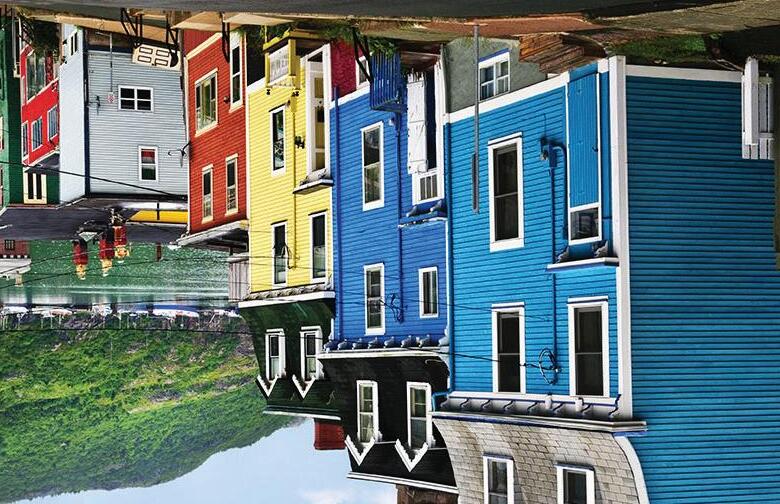
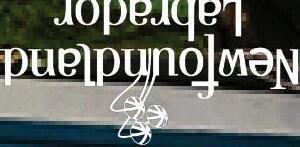
Where you can be your New Found Self
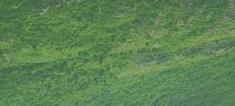
Spend your time shopping in St. John’s. Wander through the relaxing nature of the Long Ranged Mountains. Watch whales breaching, and enjoy the views of icebergs along Battle Harbour.
“Where shall we go from here? If it’s with you, anywhere…”
– Kondou Asahi
The Unwritten Law of my life is that I have horrible taste in men. No matter the background or upbringing, none were ever a complimentary t. So, my best friend Jodie, decided to set me up. On a blind date.
“A blind date? Seriously?” I ask. “What year is it, 1950?”
“Seriously. He’s a good guy.” Yeah, they all were, until things didn’t go their way. “Just meet him.”
On a Friday evening in Florida’s sticky repressive summer heat, sitting in the garage of Radek’s house at a rickety round plastic table in a plastic lawn chair on its last leg is a silent dark-haired man. His body, still in his Publix uniform, is thick and broad, giving the impression of a Soviet Heavy Draft workhorse. He is introduced as Mirek, and he came to meet me. He stands (only a couple of inches taller than me) and gives a shy nod. I stare down Jodie, giving her an incredulous look. What the fuck? She shrugs and meanders off to grab beer. I follow her as I need something stronger.
“On what planet did you think we would go well together?” I say, pouring a heavy double of whisky. “He is absolutely not my type.”
“Yeah, well your type sucks,” she replies, popping the beer cap off, “so you are not allowed to choose anymore. And he’s my choice.” Heading back to the garage, he watches as I sit almost across from him. The conversation takes multiple turns, but he doesn’t talk in any discussion. He silently stares and drinks his beer. Ugh, he won’t even talk with his friends. What the fuck am I supposed to say to him? Radek impatiently addresses the reason we’re all here.
By Krissy Kida
“So Mirek, you want to take her out?” Radek cajoles.
“I’m getting there.” His thick Slavic accent makes me wonder how long ago he left Poland. Radek switches to Polish leaving me in the dark. Mirek’s cheeks pink at whatever is said, and I go for another double. Jodie and Katy, Radek’s wife, follow me.
“So, what do you think?” Katy asks. “He’s a bit shy but he will open up.”
“What made you think we would do well together?” I ask again.
“Well, Mirek...” she trails off. “He doesn’t have experience. He’s never dated so he is virgin or maybe likes men.” I’m pissed. I’m not anyone’s training wheels and I have never been a fan of teaching virgins. It also leaves me feeling like the Whore of Babylon.
“So, what, I’m meant to test him?”
“You can rebound, and he gets experience.”
Jodie says. Cool, my dating life has been reduced to a video game level to clear before moving on to
something better. Back in the garage, re lled drink in hand, I sit back in my chair, arms framed on the chair’s.
“So are we going out?” I ask, emboldened by the whisky burning my chest. I know the look on my face is most likely haughty. I’ve never been good at hiding my irritation. His stare which hasn’t left me since I returned now switches to the beer in his hands. Picking the label, he says sure, which sets off everyone.
“You can’t let him be the man?” Radek demands. “Let him ask!” Katy scolds Mirek in Polish. Understanding is lost but her tone speaks volumes. He looks back up and meets my gaze.
“Do you want to go to Mi Pueblo’s?” he asks. It’s a popular family run Mexican restaurant; I’m surprised by the choice but agree. Thursday is our date, assumedly so everyone can gossip over it next weekend. Lovely.
I pick him up for our rst date. Learning he doesn’t drive adds another strike on him in my head. rowing up in Poland, he just never learned
and despite having been in the US for over 10 years, it’s never interested him. He takes public transit or waits for one of his siblings. Life for him moves at a much slower pace to my frantic frenetic chaos. Waiting for a table, we make small talk about the weather, Seth and his nieces that he’s close with, our jobs. Within fteen minutes, the conversation lapses. How am I supposed to date someone that can’t even talk to me? After being seated our male waiter starts speaking to me in Spanish which I don’t understand. I interrupt him with a quiet “ah, no habla Espanol.” He beams a wide smile realizing his mistake.
“Ah, no problem, no problem.” We order and sit staring out at the courtyard. I’m unsure of how to keep this going, draining my drink without noticing. Mirek’s is similarly empty with the lack of conversation. Our charming waiter pops back up whisking my glass away, replaced with a re ll while ignoring Mirek’s. We look at each other confused.
“Maybe he didn’t realize,” I murmur. We smirk at each other and decide to count how many times he comes back
without the drink. Five, the number of times he comes back and ignores him is ve. I’ve been switching glasses with Mirek every so often but the waiter only notices when my drink is empty. This becomes a full-on conspiracy between us. Speaking in hushed voices, we nally connect on some level. Thank the universe for bad waiters. We squabble over the bill which he ultimately pays and I take him home. We sit quietly for a moment before he speaks up.
“Can I see you again?”
“Yeah.” I reply.
We go out a handful of times in the next couple of months, quiet dates at various restaurants. Nothing earth shaking happens, but I’m de nitely leaning towards him being a virgin as he hasn’t made a move beyond austere kisses. It’s confusing because usually there’s at least an attempt for more. On a drunken night in late September, he learns the way the rest of us did in high school. He gures it out quick enough and it’s fun. It’s without the violence
The night is chilly, and we gather around the re pit in Radek and Katy’s backyard. Mirek stays drinking beer while I am drinking whisky. Radek comes out with the Fireball and a shot glass. Sitting the pair in front of Mirek, he tells Mirek to drink like his woman.
“Come on, she outdrinks you. Where is your Polska pride?” I tell him there is no need to do this. Whisky is not for everyone. His pride gets the best of him as he downs the rst shot. Choking, he proceeds to take six shots. I don’t even take that many and I’m used to the burn. His skin looks sallow in the relight. Oh shit, he’s going to vomit. As soon as the thought runs through my mind, Mirek is racing to the fence to throw up. Heaving, Katy tells him to go lay in the spare bedroom. I recline in my chair.This is the wrong thing to do as I am bombarded with coaxations to go after and take care of him.
“Why the fuck would I do that?” I take another sip of whisky. “It’s not my fault he can’t hold his liquor and took the bait.”
“ o, he’s your man now.” Katy admonishes. I slam the rest of my whisky and look at Jodie.
I’m used to though. That confuses me. Maybe he’s not that into me.
“How did you get me a man that can’t even drink with me?” She laughs and waves me off. I wander to the spare room and nd him lying on his side. He’s sweaty and pale. That’s going to be one hell of a hangover. I ask if he needs anything to which he says no. I lay behind him, rubbing his back and blowing gently on his neck. He passes out soon enough. I leave after making sure he
can’t turn from his side.
“You’re not going to stay with him?” Radek asks as I start collecting my things.
“Uh, no. I’m going home to my kid.” I reply, still moving. “He’s a grown man, he can take care of himself.” I don’t call him.
He presents a ring a few weeks later. I panic. I just took one off, I’m not ready for another. I ask him what it means to him. He says it’s just a symbol of us dating. Hell, no.
Christmas comes and with it Wigilia, a Christmas Eve dinner with twelve distinct dishes to honor the twelve Apostles. I swear this is meant to be a Fear Factor challenge for me because everything is FISH. Served after Midnight Mass, the feast is meant to go until dawn when they exchange gifts. I decline going as I don’t eat any form of seafood. His mother, Kiepska, is not thrilled at this. Instead I visit him at his sister’s on Christmas Day but it’s awkward and stilted. New Year’s Eve seals the year with another chaste kiss. For me this isn’t working. We aren’t tting. Our birthdays are coming up in March, they’re a week apart. I wish him Happy Birthday and then ignore his calls. It’s not Spooky Season but I am a ghost.
We meet up again at a party at Jodie’s in April. She swore he wasn’t going to be there. That lying bitch. He asks me out again and I answer that I’m not ready to seriously date.
“I can wait.” he says. “I can wait forever for you.”
Way to be creepy, dude.
He tries again at an End of The Year party for the kids. I say sure because ooh is the dating pool shallow. We start again slowly. This time spending more time with family. He needs to see the crazy I came from; I need to understand that his traditions and mannerisms are different. Summer passes in a blur. School restarts. He starts going to Seth’s school functions with me. He’s blending more into my life seamlessly.
On Halloween we mark our transition into exclusive dating. I keep waiting for the obsessive feeling I always felt before. That ash re that consumes but it never comes. He simply is. A constant, never moving. Can I build with him? Will I be happy? I’m going to try.
We travel to Traverse City in March of the next year. It’s our rst time traveling together. I’m terri ed because they say you don’t know someone until you travel with them. It’s Seth’s rst-time seeing snow. Mirek loves the area as it reminds him of home in Poland. Seth and his cousin, Ava, hang together for most of the trip until Ava projectile vomits all over our hotel bathroom. We send her home with my sister and pray Seth doesn’t catch whatever she has. And he’s good until 2AM.
“Mom. Mo-blaugh.” I’m out of bed without realizing it. Seth vomited all over the carpet. Fuck. He’s not gonna want to deal with a sick kid. Neither my ex- ancé or Seth’s dad ever wanted to take care
of Seth when he was sick. Mirek wakes up as I’m soothing Seth.
“Hey, I’ve got it.” I tell him. “Just go back to bed.” I head to the front desk and ask for cleaning supplies. It takes a bit for them to gather everything. I return and nd Mirek on his hands and knees scrubbing the carpet.
“I got most of it. Seth is in the shower.” I stand there, stunned. He takes the stuff from my hands and tells me to go to Seth. “I’m going to go grab him a pop for his belly.” He heads out to the vending machines while I get Seth dressed in clean pajamas. Everything is cleaned up by the time we exit the bathroom. “Let’s go back to bed, kochanie.” I climb back in beside him, lying there thinking to myself that it’s time to stop waiting for the other shoe to drop. That he loves Seth as his own. That it’s okay to fall in love with him. That this is what unsel sh love feels like.
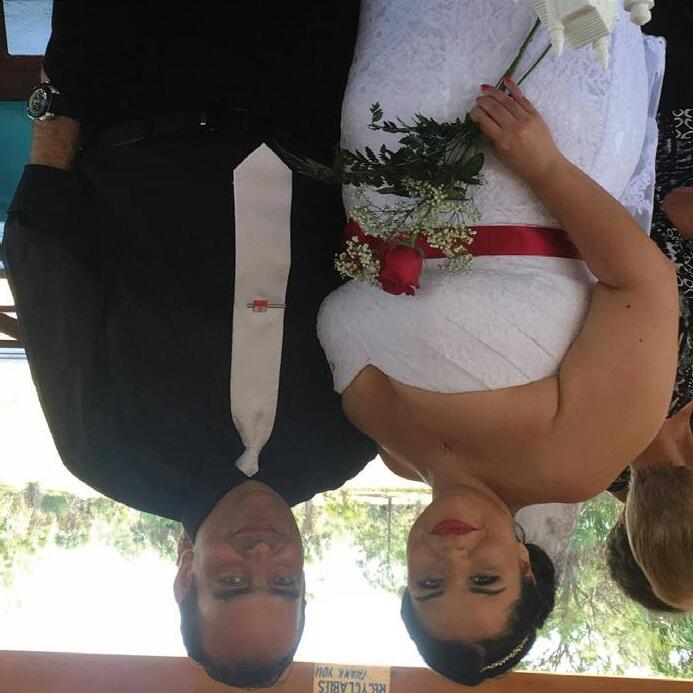
…And dear reader, I married him.
By Cameron Flees

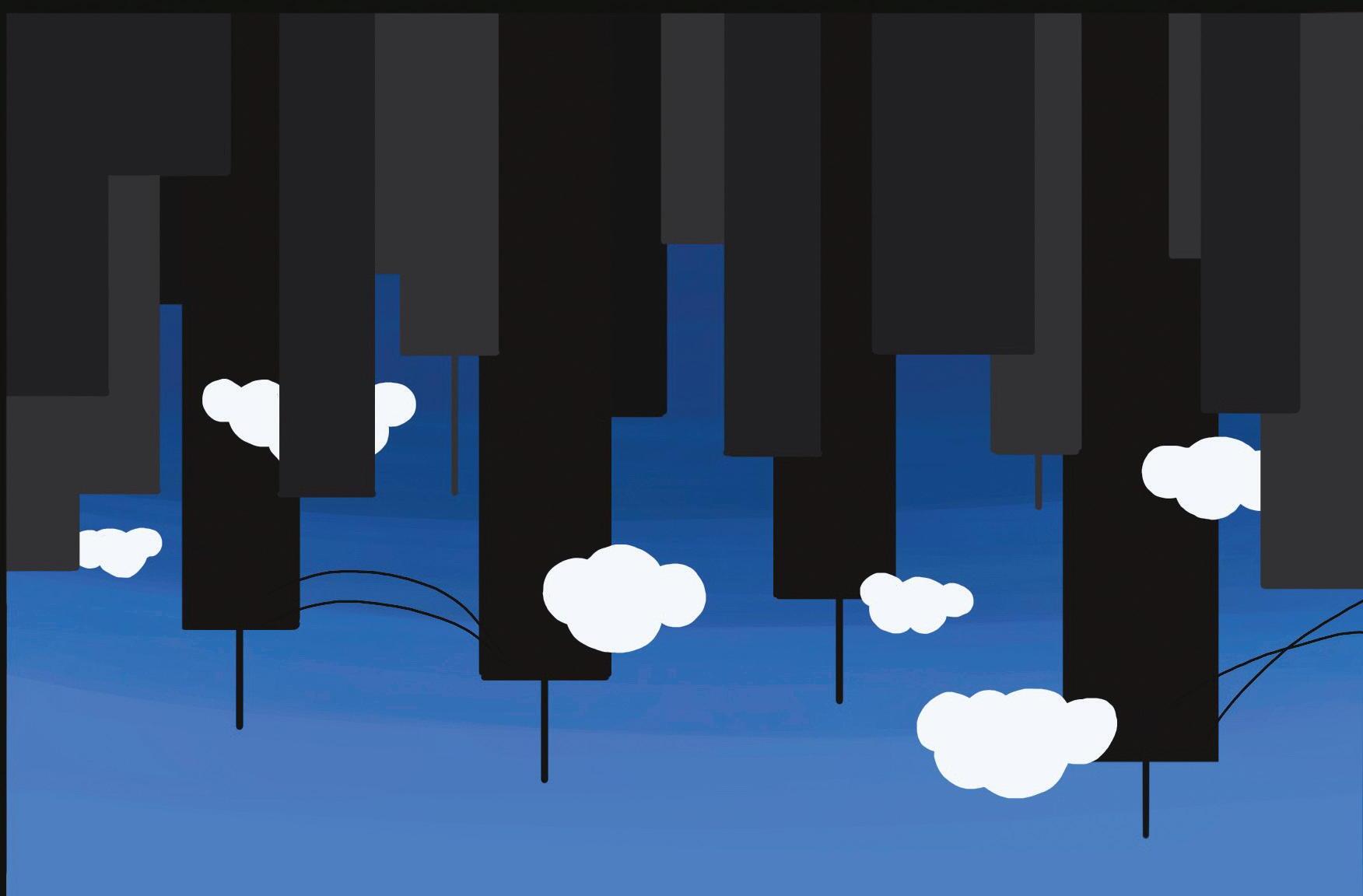
This is a sequential panel piece I created in my 2D design class this semester. I made this on ProCreate. I chose to do a scene of the night falling in New York City. I ew there last May for my senior trip in high school, and it was always a dream of mine to travel there. I have always loved the statement “the city that never sleeps”, to me it’s almost like it is describing how busy and active the city is even with a starry night. I have always been attracted to the luxury and beautiful lights that New York comes with, especially in times square. I was inspired to recreate a simplistic 2-D view of how I see the city. I incorporated NYC as the title into city towers and added power lines between the rst two of them to make an illusion of an “N”. I added details of clouds and birds in the bright blue sky to symbolize more “busy-ness” during the day. Then the sky fades away to a darker blue and then the city lights and stars come into view. Which then leads to the statement “the city that never sleeps”, that themed the whole thing.
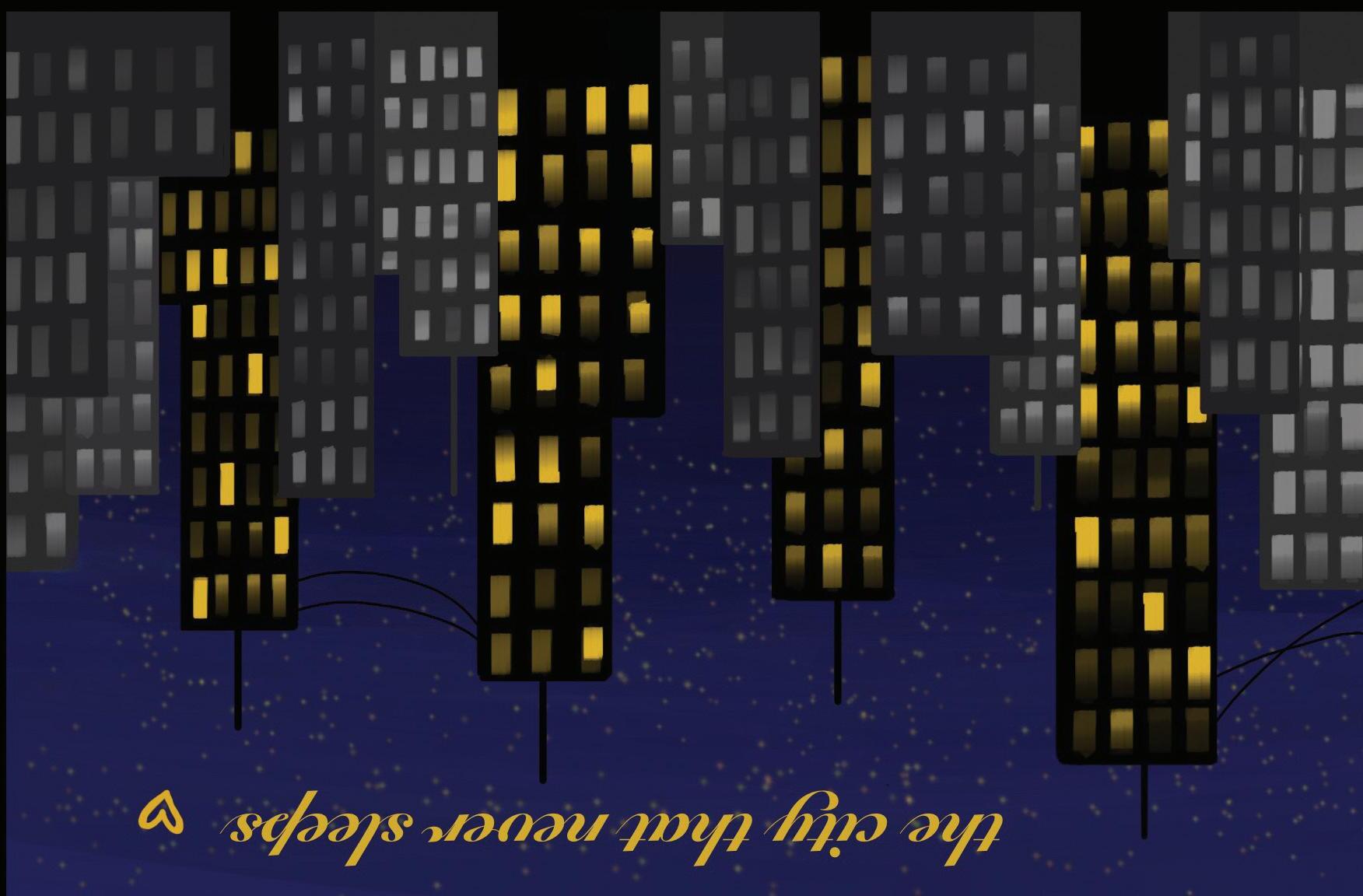
By Cameron Flees

Los Angeles is alive. The breath of hundreds of languages awakens the streets over street food and graf ti. A Russian speaker stands next to a Spanish speaker in Little Tokyo, both relishing in the diversity of LA, comfortable with their identity. I feel comfortable in my body here too, I feel part of the larger community, even as a tourist. No part of my body was writhing to escape homogeneity, I was simply able to exist and explore simultaneously. The people are open, they are strong, and free. The language of LA is beautifully beyond words, but the words that do reach our ears are etched along the sides of buildings, around the homeless camps like home decor, and marked in every writing system. Over spring break, we ew to LA to celebrate language itself at AWP (Associated Writer’s Writing Programs) conference held there. I listened to poetry from the young and old, about the people from this realm and the underrealm (one session was about ghosts,) queer and straight, from colonized countries and colonizing ones.
The swan upon us is unmade when poetry is created. Our common tongue can share the ache, share the pain, share the strength.
-August

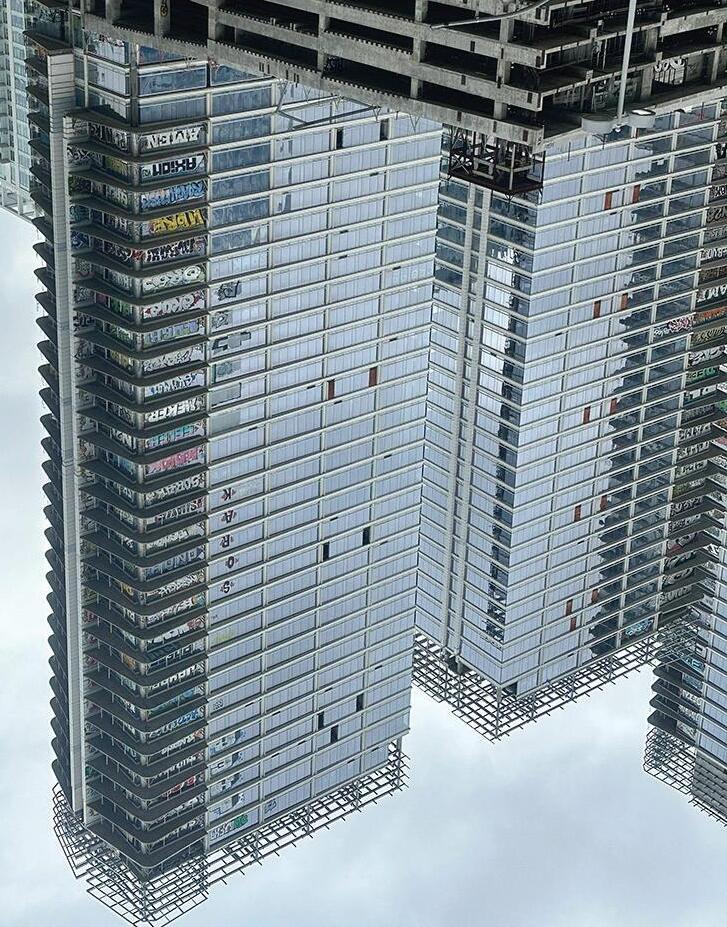
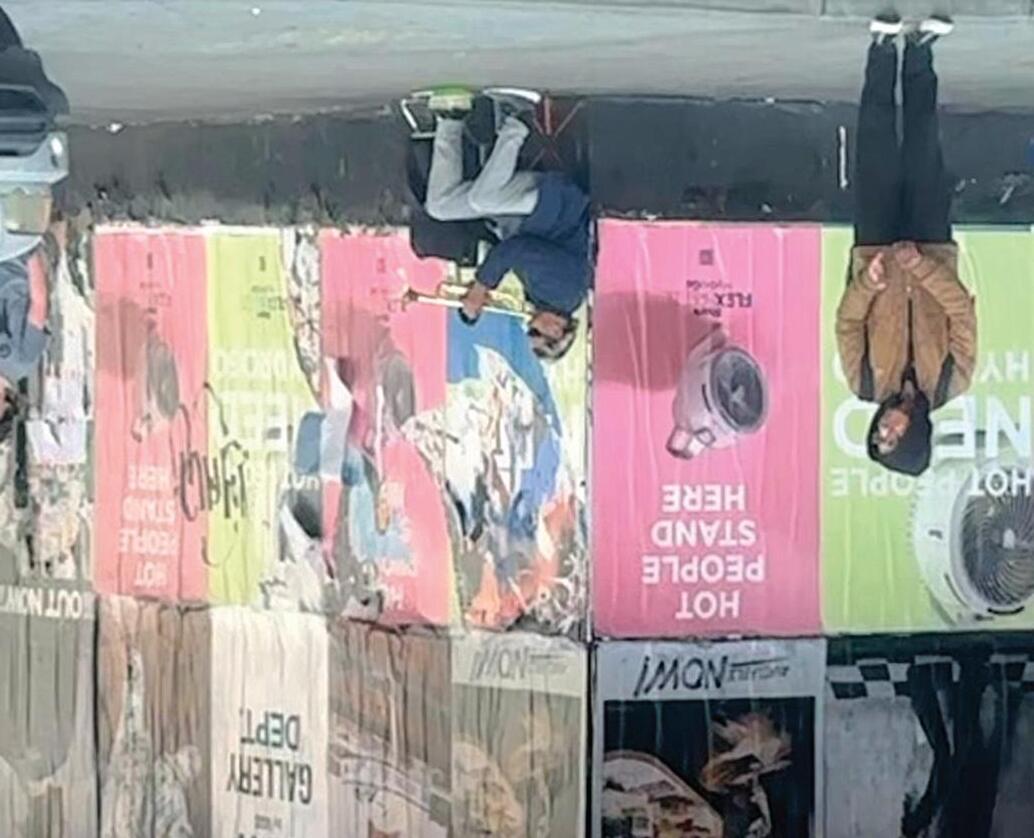

The Welsh call it “hiraeth”, the ermans use “fernweh” and in English “anemoia”, the feeling of homesickness or nostalgia for somewhere you have never been. For me, Los Angeles feels like coming home, like hope for a family I didn’t grow up with, a comfort with my own appearance I’ve never had, and an acceptance of international cultures being blended into something that is so unique, it can only be called American.
There is currently heated debate on what “American” means, and ostracization of anything that isn’t “Leave It To Beaver” white. LA embraces the differences and celebrates their multicultural city. They hold their heroes for everyone to see. 2Pac, Nipsey Hustle and Kobe are displayed across city walls. Shohei Ohtani mid-swing on the side of Miyako Hotel. Name upon name of celebrated
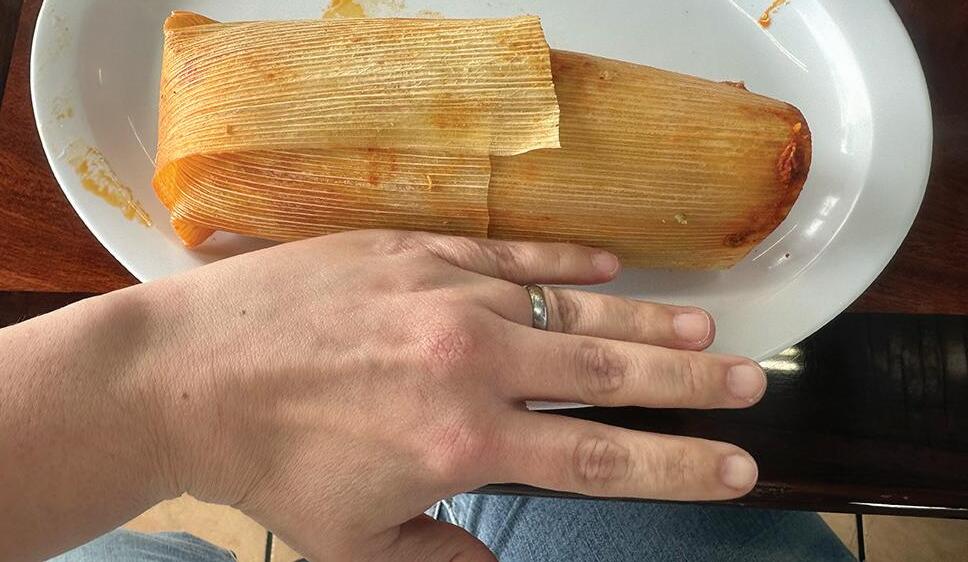
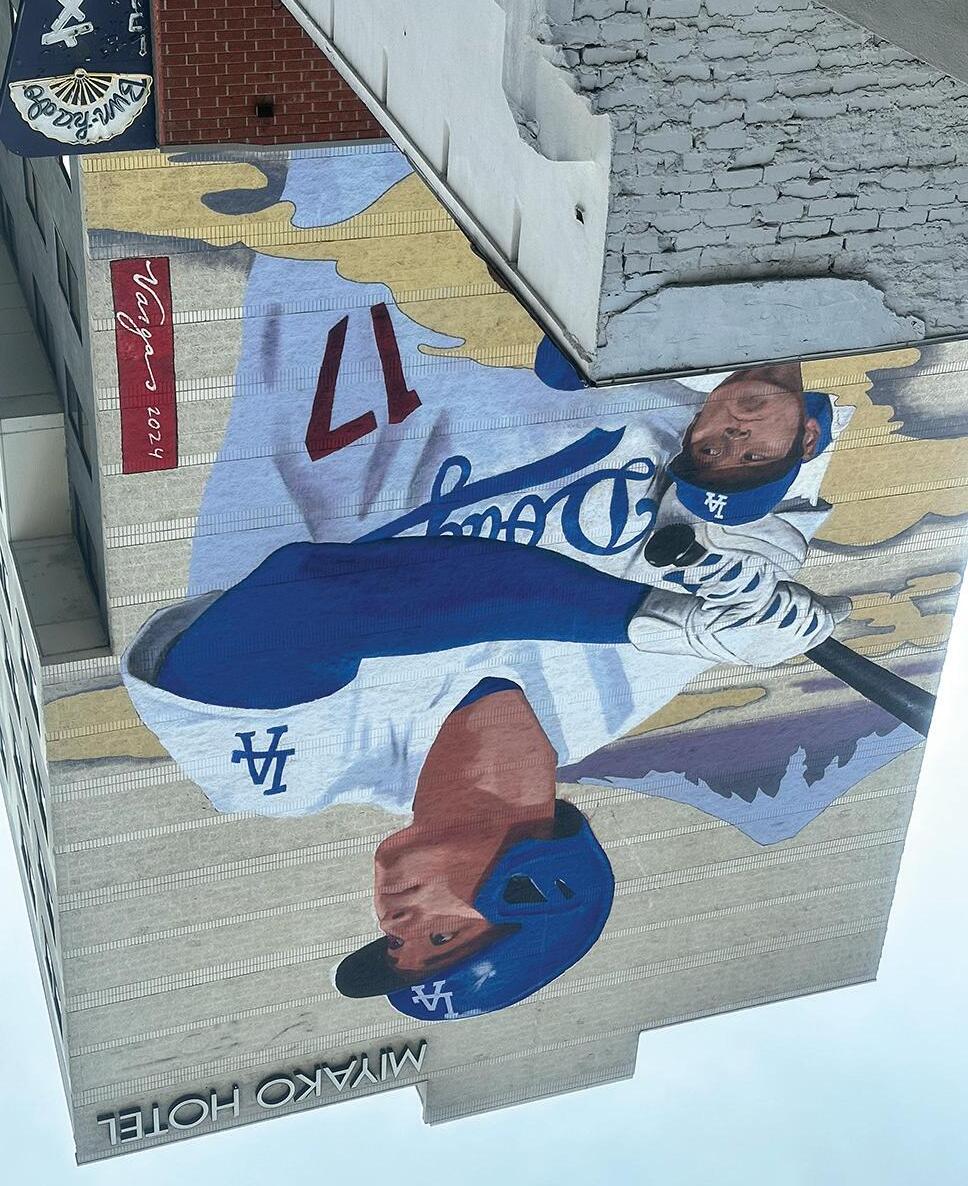
actors, actresses, musicians, directors strewn across the sidewalks. Pho shops next to tamale stands and takoyaki food trucks blend cultures in one of the best possible ways: food. Every kind of cuisine available at all hours, at whatever price point you can afford, served by some of the kindest, most welcoming people I have ever had the good fortune to meet.
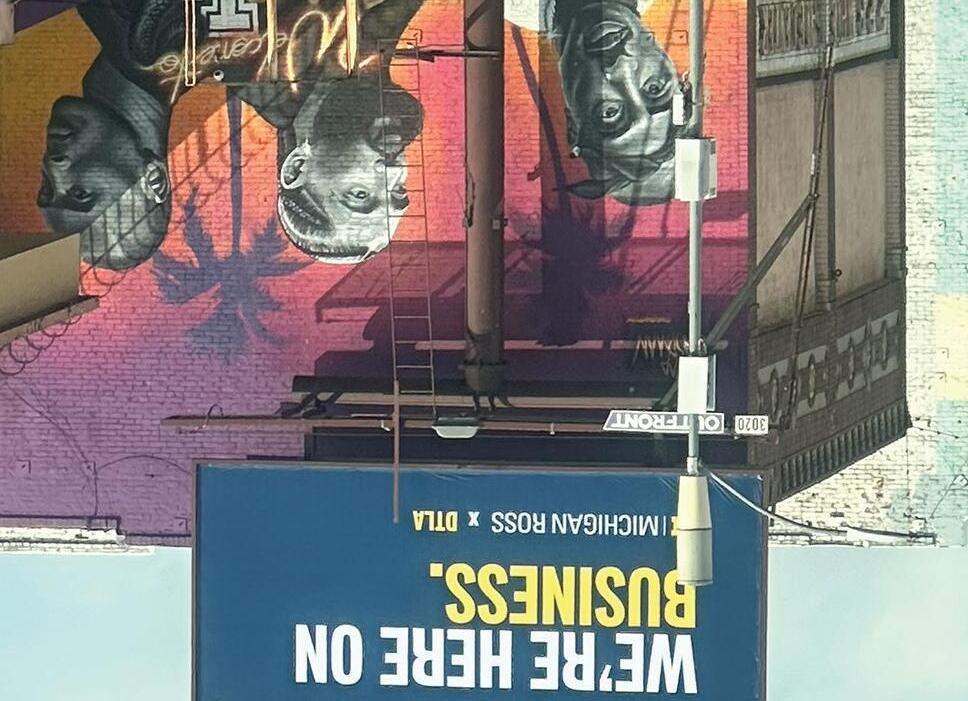
Even during an impromptu Palestinian protest downtown, the city was ready. Metro workers arrived to direct traf c, cars and buses let each other zipper into place to allow traf c to ow. Nothing fazed them, no one ran through them. That is the epitome of Americans: indifferent to differences. Visiting AWP here was incredible. Listening to the panels of authors, writers, and poets has given me hope that America can come back to herself and the talented writers of AWP will be there to document and give voice to all.
-Krissy
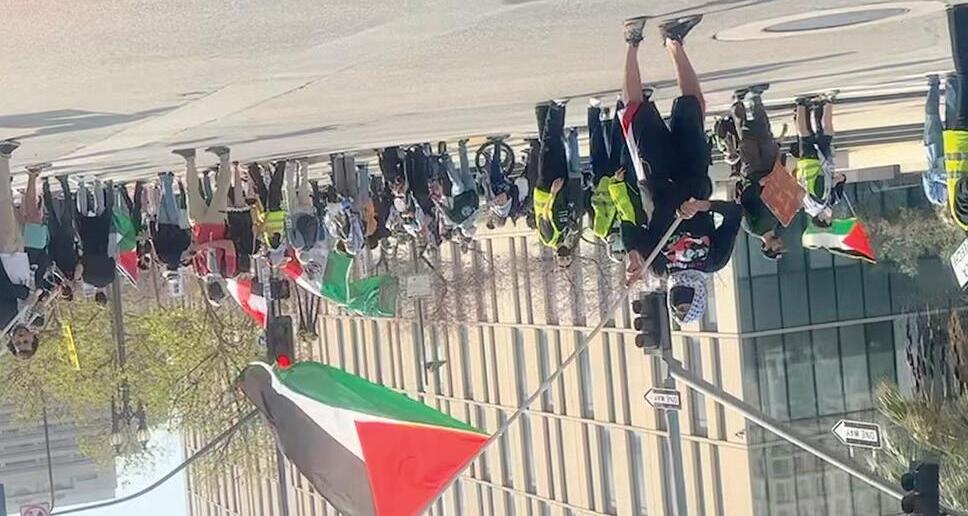
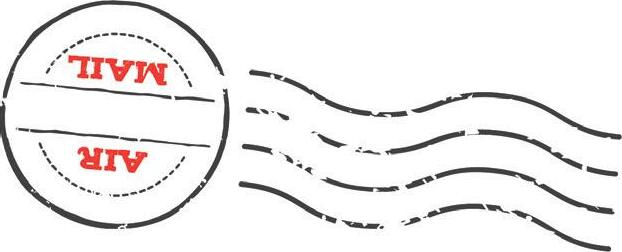
By Isabelle Borden
We understand the world through stories. In every single culture, there is a way to answer the question, “Where did I come from?” The universe hatched from an egg, or was formed from the dead body of a giant. It appeared with a bang, then slowly cooled and coalesced over billions of years. Stories are essential to how we view the world, our actions, and ourselves. Our culture’s stories tell us we were carved from wood or shaped from mud and bone. Our familial stories inform us as well. Our parents met at a Christmas dance, or they were high school sweethearts. My family’s story begins when my grandparents met on a plane to ermany. My grandfather was going to an army base because of the Vietnam War and my grandma, well, she wanted to go skydiving. Her mother, my greatgrandmother, hated the idea, so, she gave enough money to my grandma to take a trip to ermany on the promise that she would not go skydiving again. randma learned she hated the experience, but she found my grandfather. These stories provide a link to our community. History is caused by change: changing kings, changing ideas, or changing environments. Our stories spark change. I remember my rst dance. We were so young, before our friendships fractured and identities solidi ed. Our heads were full of big dreams and we had our weddings planned. I thought the night would glitter and taste of sugar. Instead, it was hot, sweaty, and crowded. Bright lights ashed and music blasted around us. Rumors started to swirl that someone brought a gun to the dance, and the suspect swayed as he walked. That night, we grew up. Stories let us hope. Stories are speculations on what the future could look like, or cries from the past. Stories are hope, bel onging, and dreams. I have a dream, a fairytale. I will study to be an engineer, then ee and explore. I will learn erman, and live in the country, taking my family to see the places we used to live, and making new memories elsewhere. Fairytales aren’t real. But if I work hard, my dream might become more than that. All stories have to come from somewhere. Someone has to tell them, either by making them up or extrapolating an incident. Someone has to draw others in, to tell them why stories are important. You know where you came from through stories. You remember the before and the after. You have scars and victories. Tell your story, of a world where people are kind, where you are who you want to be. Let your stories change the world.
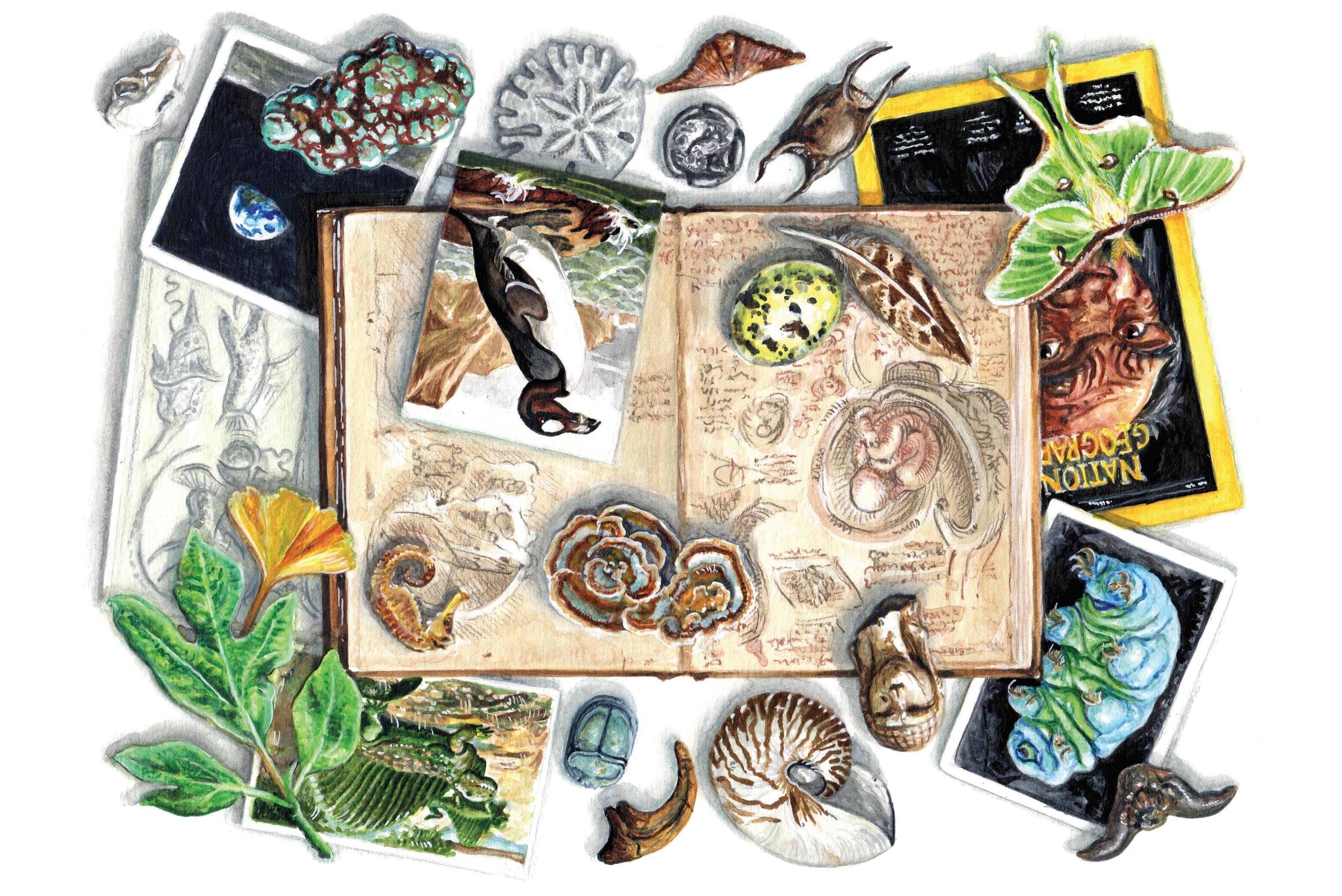
Scienti c illustration bridges art and science, revealing life’s hidden complexities. Beginning with archaeological illustration, my work expanded to marine life, insects, plants, and birds. Through this piece, I celebrate the rich tradition of scienti c illustration and its evolving role in modern science, inspiring curiosity and fostering appreciation through visual storytelling.
By Natalija Stojanovic
By Natalija Stojanovic
Ever since childhood, I have been captivated by the illustrations in science textbooks, magazines like National eographic, encyclopedias, and exhibits in natural history museums. These images transported me into unseen worlds—microscopic life forms, intricate plant and animal structures, Earth’s shifting layers, and the vast universe. They revealed the inner workings of volcanoes, the delicate anatomy of insects, fossils of extinct creatures, as well as the artifacts of ancient civilization. Together, these images form the eld of scienti c illustration—a discipline that brings the wonders of science to life through art.
My own journey into the world of scienti c illustration began with archaeological illustration, where I collaborated on interdisciplinary projects illustrating and reconstructing Neolithic gurines. As my practice evolved, my focus expanded to include natural science illustration—marine life, insects, plants, and birds. Scienti c illustration, to me, is not simply art in the service of science, it is a journey of discovery, an invitation to explore life’s hidden complexities. This text aims to extend that journey, offering you a glimpse into the history, techniques, and diverse disciplines that shape this eld.
Scientific illustration, to me, is not simply art in the service of science, it is a journey of discovery, an invitation to explore life’s hidden complexities.
The origins of scienti c illustration can be traced back to the Age of Exploration, when early naturalists employed illustrations to document their discoveries. Pioneers such as Leonardo da Vinci, Albrecht Dürer, and Maria Sibylla Merian established techniques that would in uence subsequent generations of illustrators.
In the 19th and 20th centuries, illustrators played a key role in scienti c communication. John James Audubon’s The Birds of America set a benchmark for ornithological illustration. Charles Darwin’s research was accompanied by illustrations, including those by John ould. Ernst Haeckel’s Art Forms in Nature highlighted the beauty of marine life, while Charles R. Knight pioneered reconstructions of prehistoric creatures. Their works exemplify the precision and artistic skill necessary in documenting the natural world.
Today, scienti c illustration is enriched by technological advancements. Digital tools such as Adobe Illustrator and Photoshop provide the exibility to re ne illustrations with precision, while D modeling software allows for the reconstruction of extinct

species and complex anatomical structures. Data visualization techniques now enable scientists to present large datasets in a visually digestible manner. Interactive media, including augmented reality and virtual reality, further expand the reach of scienti c illustration to researchers, educators, and the public.

Scienti c illustration requires a careful balance of accuracy, clarity, and visual appeal. While many illustrators begin their work with traditional media such as graphite, ink, and watercolor, the choice of medium often re ects the subject matter. raphite pencils are ideal for capturing intricate details, especially in anatomical or botanical studies. Ink—applied through pen or stippling techniques—adds clarity and contrast, commonly used in fossil reconstructions or zoological illustrations. Watercolors and gouache provide subtlety, offering natural gradations of color essential for rendering biological specimens. Recently, digital techniques have become integral to scienti c illustration, offering exibility in composition, precision, and easy adjustments to colors and details, while seamlessly integrating various media to produce high-quality illustrations for both print and online platforms.
To ensure that their work communicates clearly and accurately, scienti c illustrators adhere to a set of conventions. For example, using varying line weight to emphasize structural hierarchy, with thicker lines used for major forms and ner lines for details. Scale bars are standard practice for indicating relative size, while gure legends, labels, and annotations are placed strategically to enhance, rather than clutter, the visual information. Cross-sections, exploded views, and multiple perspectives provide additional clarity, especially in botanical and zoological illustration. A standard lighting convention—typically from the upper left at a 45-degree angle—ensures consistency in the portrayal of highlights and shadows, contributing to depth and uniformity. Illustrations are often drawn at twice their nal print size to preserve ne details upon reduction. By carefully selecting appropriate media and adhering to these conventions, scienti c illustrators ensure their work not only meets the rigorous standards of accuracy but that it also effectively conveys complex information.
Scienti c illustrators work across a broad range of disciplines, each providing a unique lens on nature, history, and human biology. Molecular illustrators offer visual representations of atoms, molecules, and biological processes such as protein folding, DNA replication, and enzyme activity. These visualizations help clarify otherwise abstract or microscopic phenomena.
Beyond the microscopic world, scienti c illustration also captures the Earth and the cosmos. eological illustrators document Earth’s processes—volcanic eruptions, tectonic movements, and seismic activity—while astronomers rely on illustrations to visualize distant celestial phenomena such as exoplanets and black holes.

In paleontology, illustration is key to reconstructing life through time. Fossils provide only partial clues, and paleontological illustrators use skeletal remains, comparative anatomy and evolutionary theory to complete the picture. From towering dinosaurs to delicate prehistoric plants, their reconstructions of prehistoric life transport us to ancient ecosystems, offering a glimpse of the world as it once was.
Zoological illustrators document the diversity of life. The delicate veining of an insect’s wing, the anatomy of a sh, or physiology of amphibians are all captured to highlight evolutionary adaptations and ecological roles. Similarly, botanical illustrators play an equally vital role, capturing the diversity of plant life, from fungi to owering species, aiding conservation efforts and enriching our understanding of biodiversity.
Fossils provide only partial clues, and paleontological illustrators use skeletal remains, comparative anatomy and evolutionary theory to complete the picture.
Medical illustrators create detailed depictions of the human body for educational and clinical purposes. Their work extends to forensics, biotechnology, and surgical planning, where precision and clarity are paramount.
Scienti c illustration also preserves human history and culture. Archaeological illustrators document ancient artifacts, offering valua ble insights into the material culture and technological advancements of past civilizations.
Through a careful blend of artistic skill and scienti c observation, scienti c illustrators transform data into accessible visual narratives. Their illustrations not only enhance scienti c communication, but also expand our collective understanding of the world.
As both a scienti c illustrator and an educator, I am committed to continuing this journey of discovery. Through my work, I seek to reveal the in tricacies of the natural world and contribute to the broader conversation in scienti c communication. Whether you are a student of art, science, or a curious observer, I encourage you to engage with the world through the lens of scienti c illustration—closely observing, questioning, and sharing your discoveries.
By Kendall LeBlanc
Ever since I was a kid, I’ve always had a fascination with Japan. Maybe it’s the culture or atmosphere, but something about it struck a chord with me. Back in August of 2024, I visited Japan for the rst time. My older brother was living there, so it was the perfect time to visit him. We never actually got lost in Japan, I just thought the title sounded sick. We visited four major cities while on our campaign. We started in Yokohama, traveled to Kyoto, made our way to Osaka and, of course, nished our crusade in Tokyo. I had just got done taking a photography class over the summer semester, so I was yearning to use my newly acquired camera skills to document our adventures in each city. From samurai castles in Osaka to the night alleyways of Kyoto, it was truly an unforgettable arc in the anime known as life. My end goal was to bring back a Japanese girlfriend, but it didn’t happen. Wish me luck next time in season two! ;)

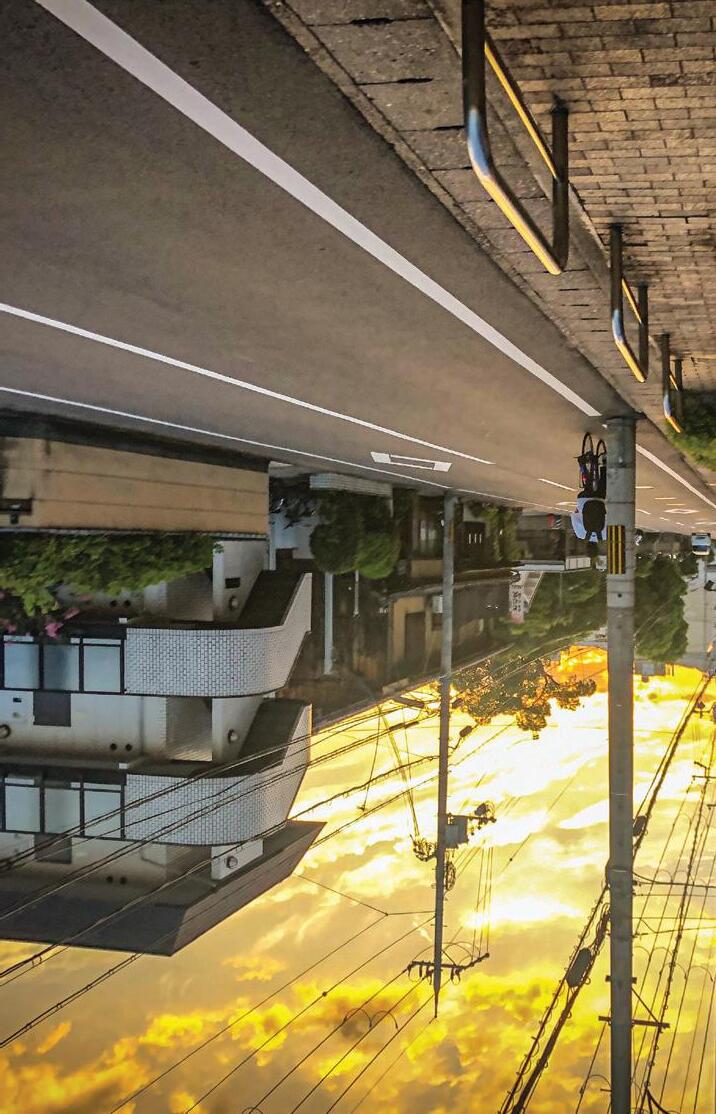
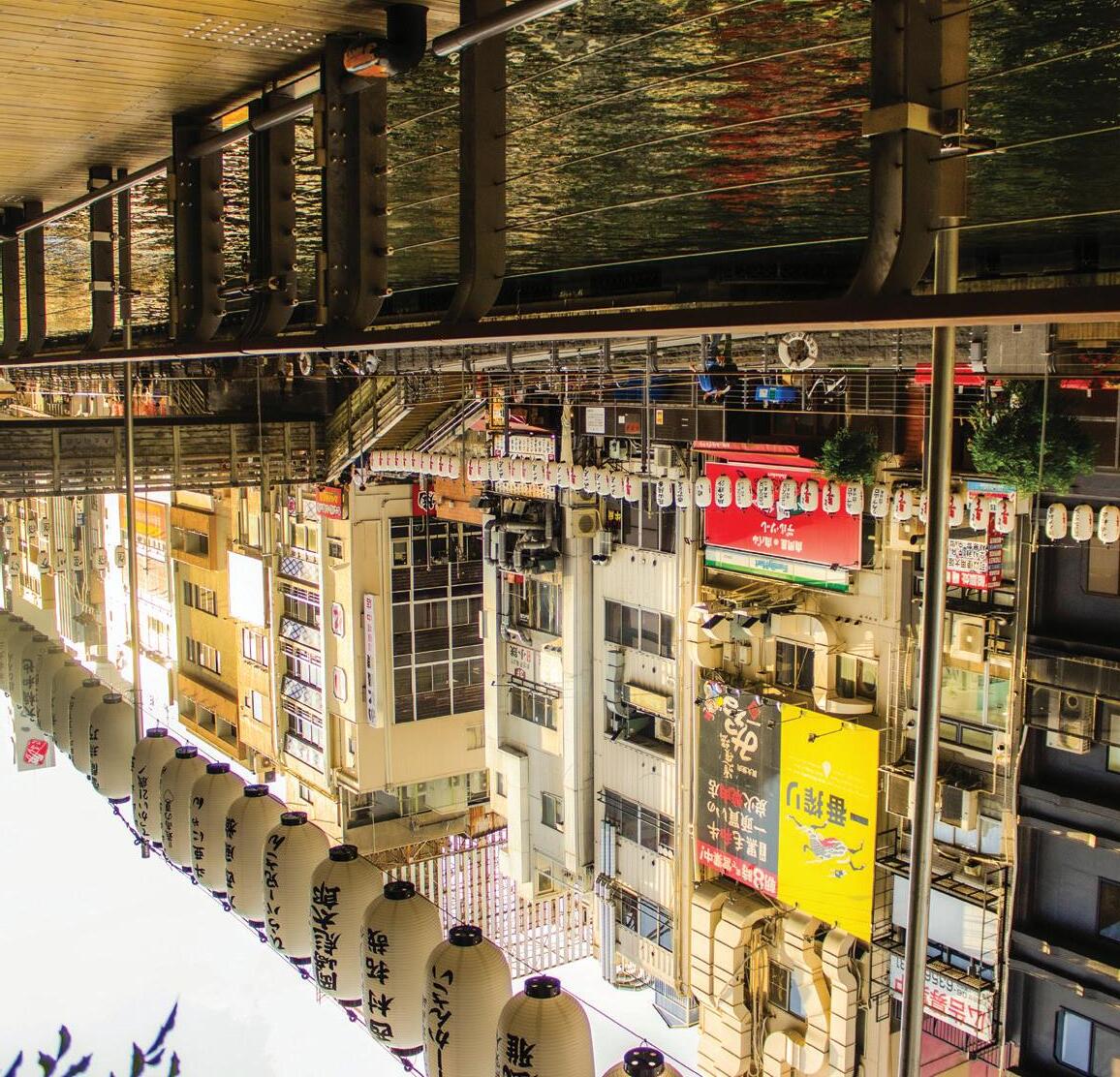
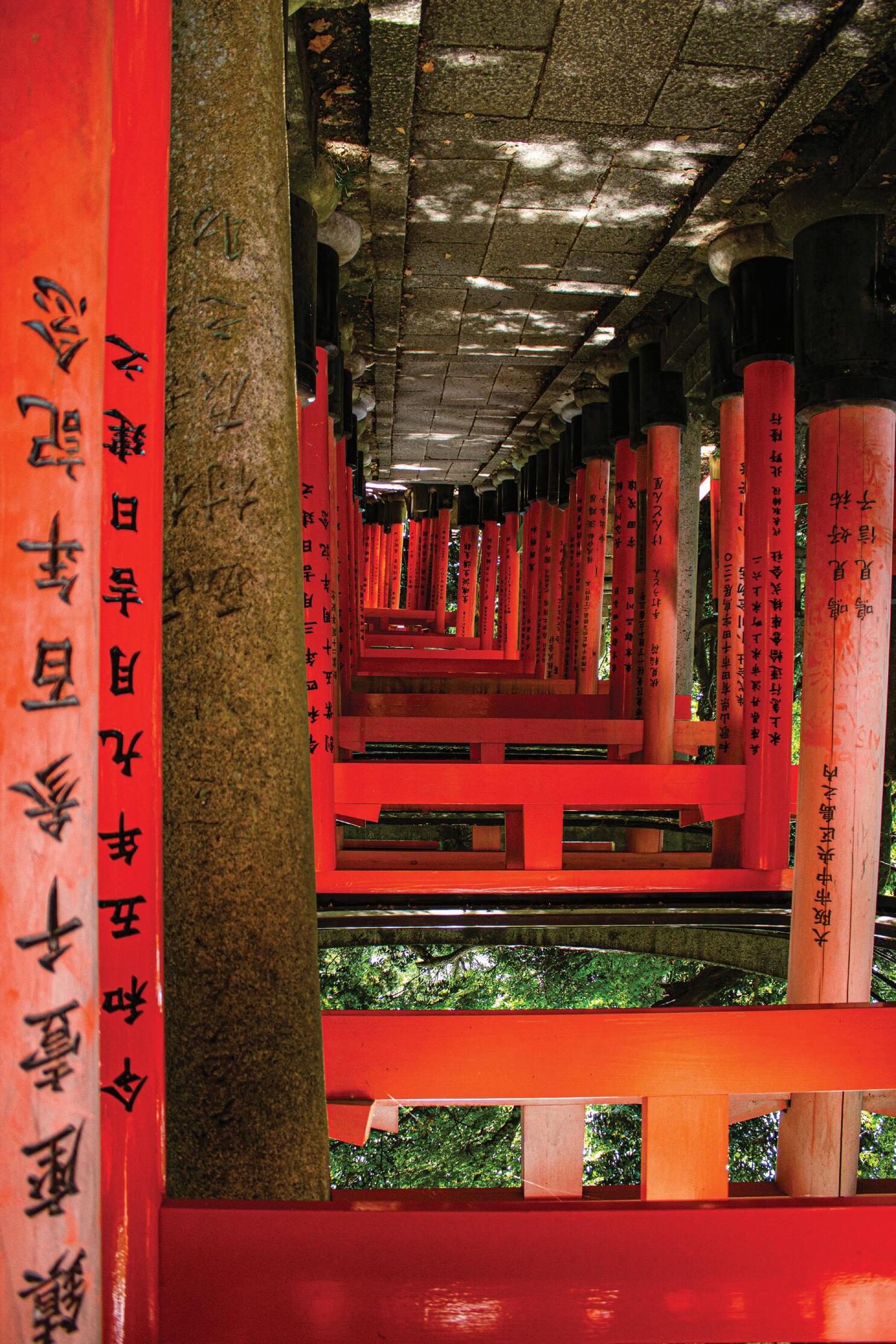
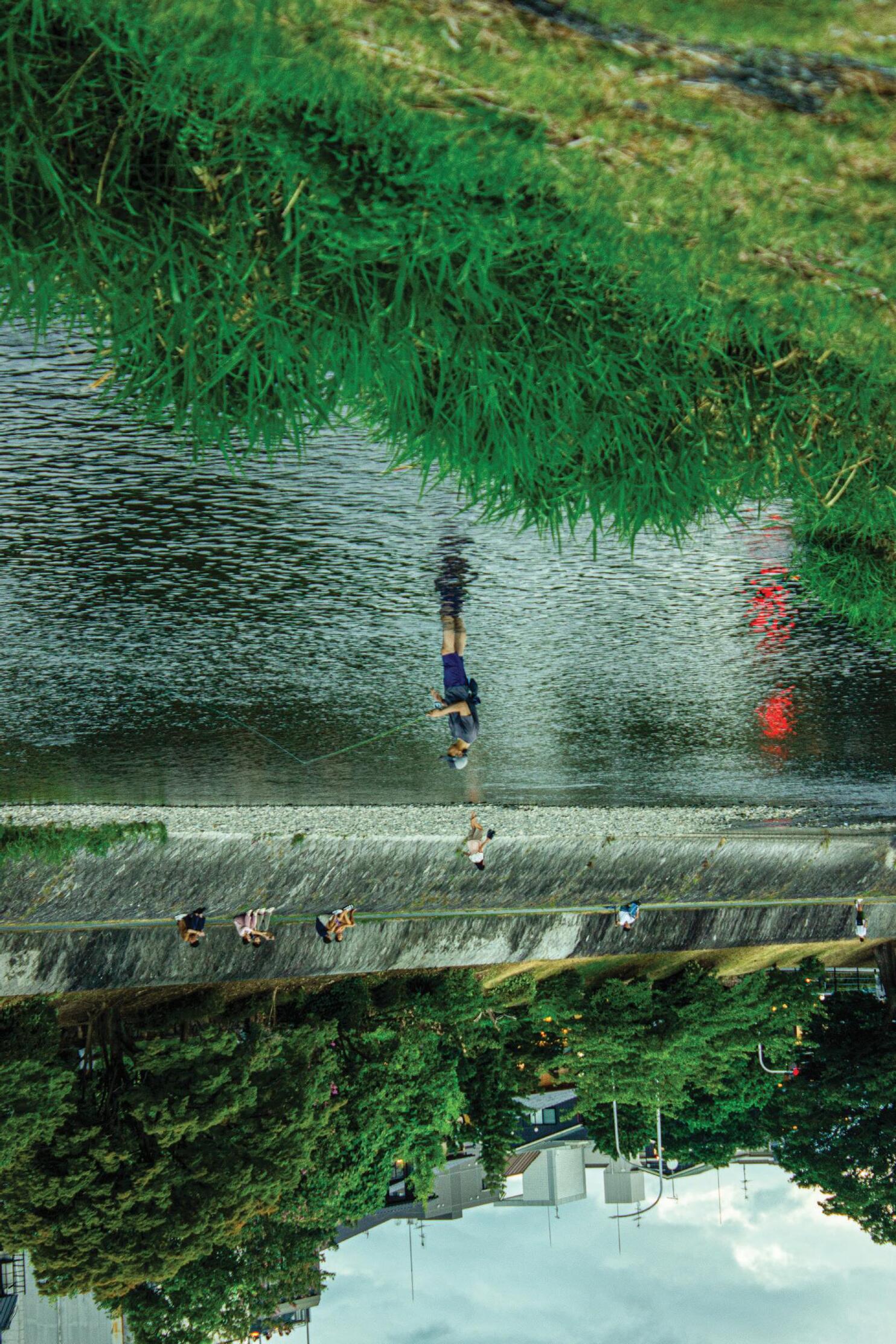
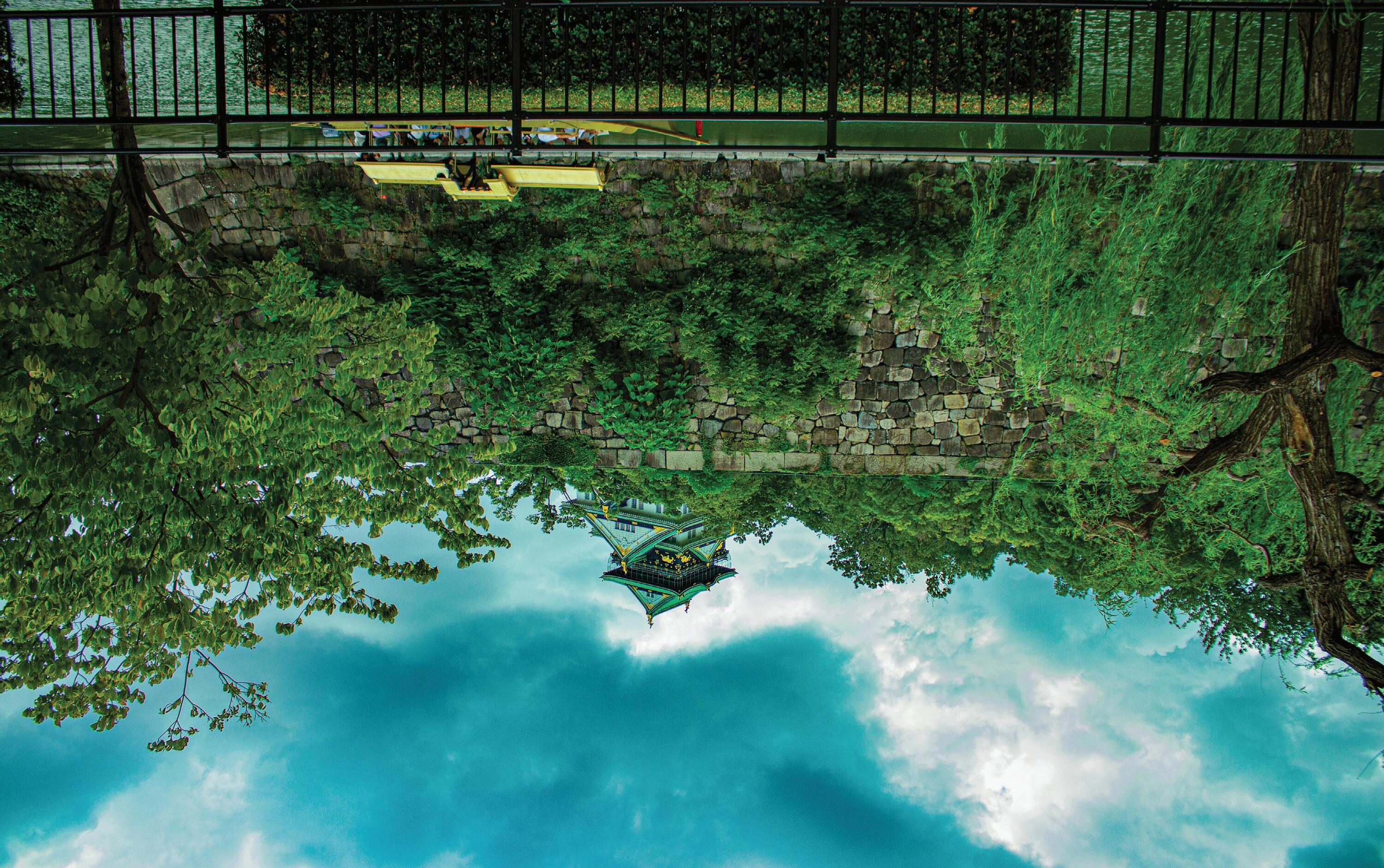
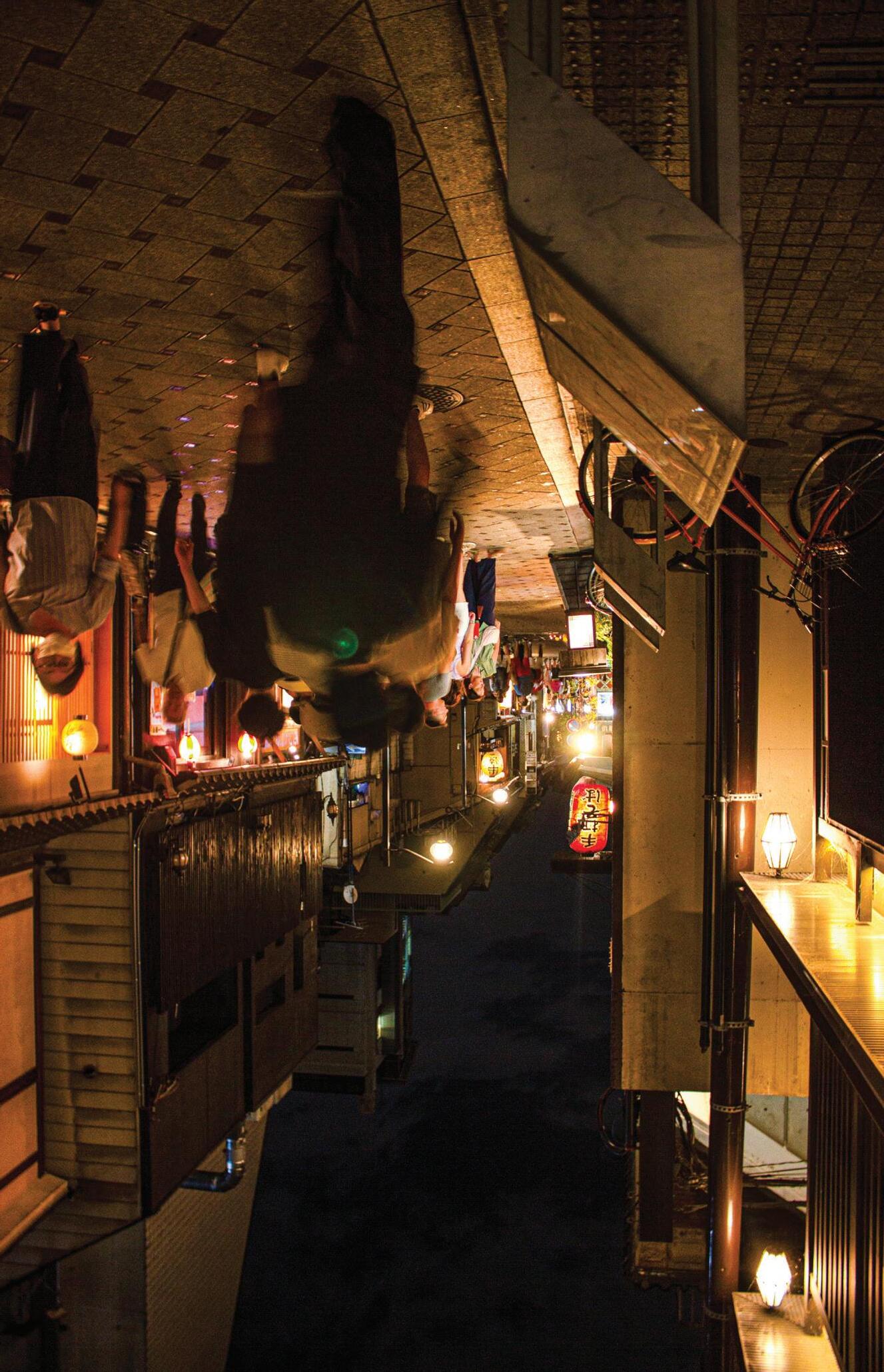
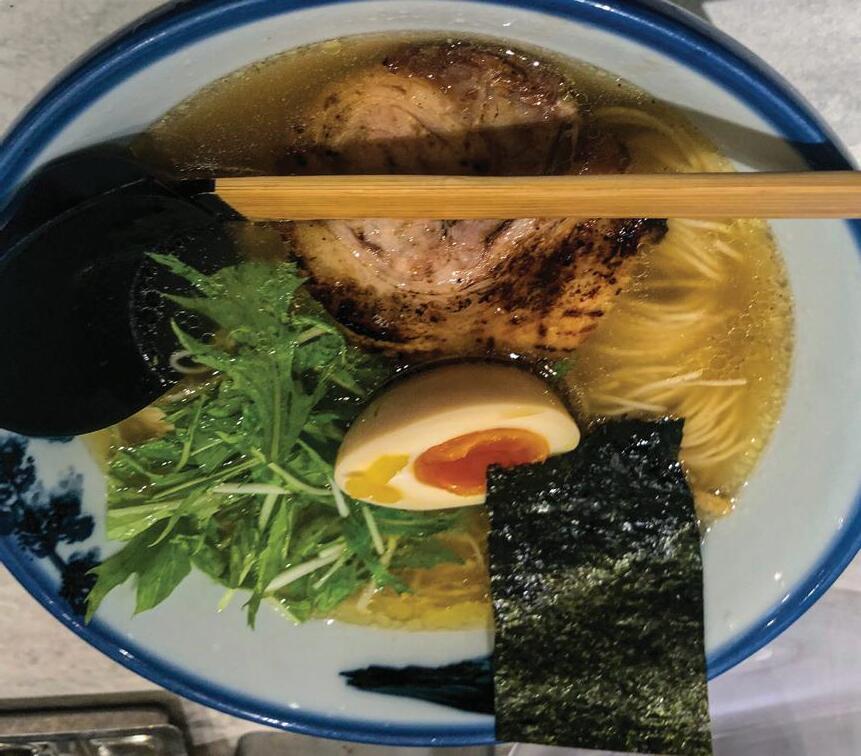
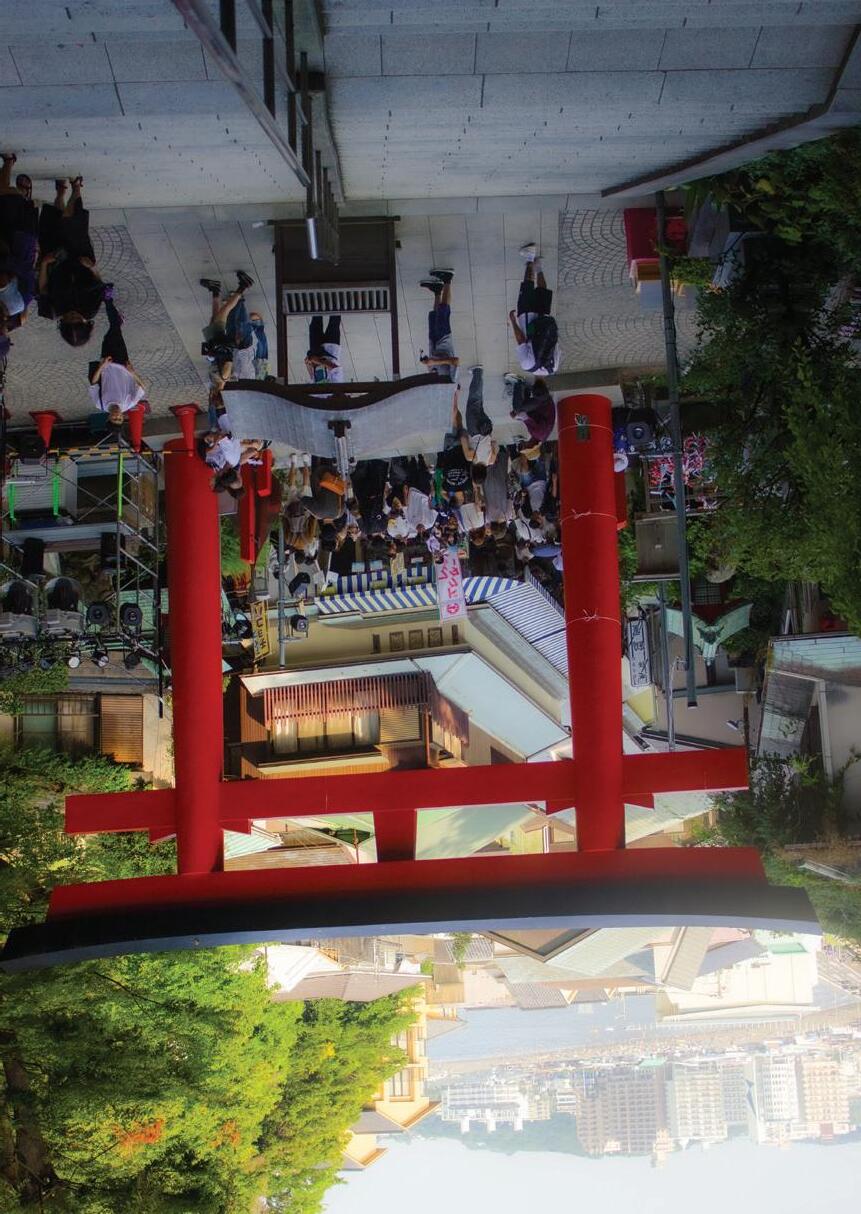
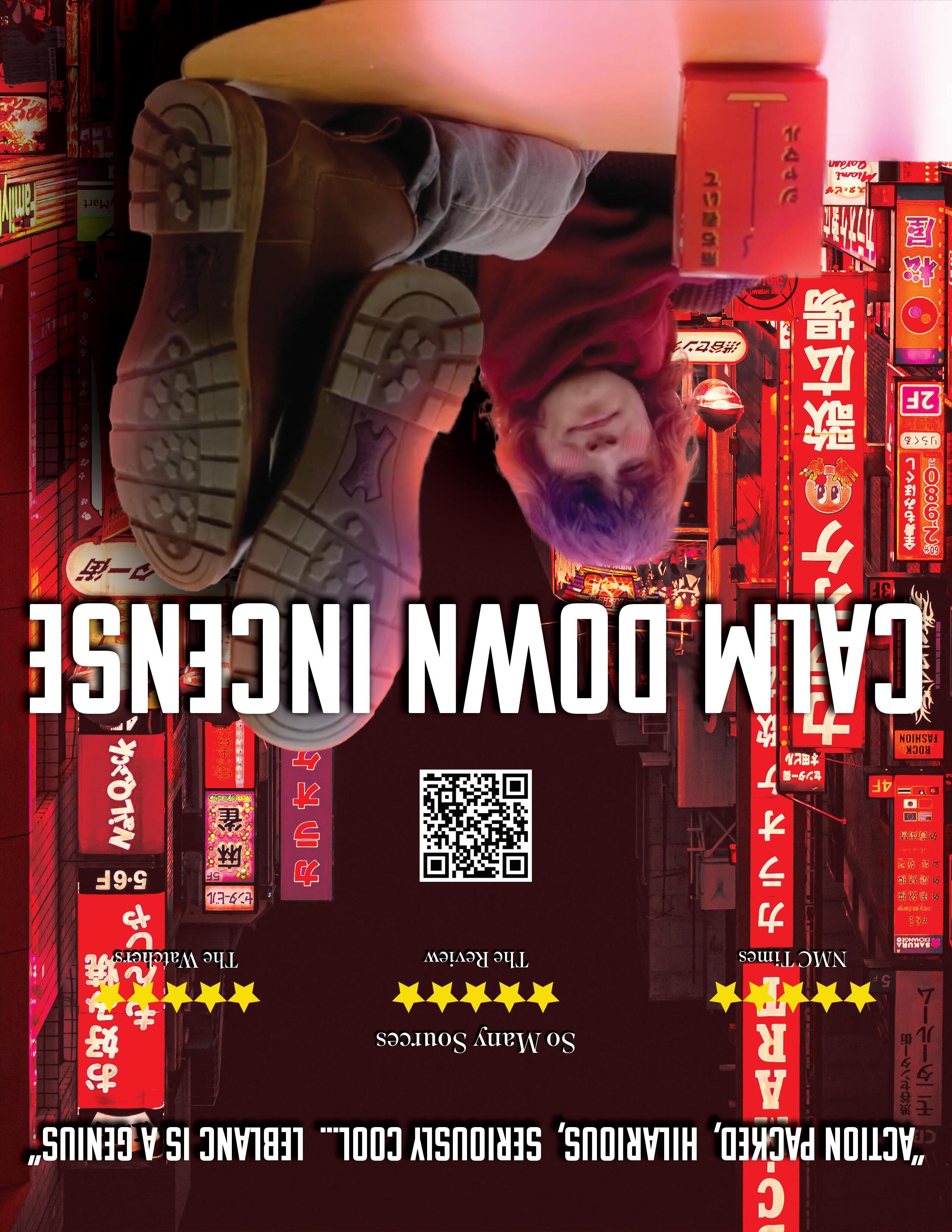
By Addison Lynch

In this piece, created in a creative ritin c ass, I re ect n the resi ience dande i ns as c d eather sets in hese ers stand str n hen ever thin e se ades, s i in an ne pected end rance and stren th in the ace harsh c nditi ns and the inevita e chan es i e rin s
sensing the chill, they stand still, a brave show, a hollow husk, all torn, with stubborn core, steady as ever, as i am sure,
yellow long gone, they spend on thinning light white wisps drift, carried to rest, gently reborn
root-deep, and weather-worn,
a dead head now, they rally beneath, sinking in soil, wind faced, see them wane, and feel them spin, as second nature settles in.
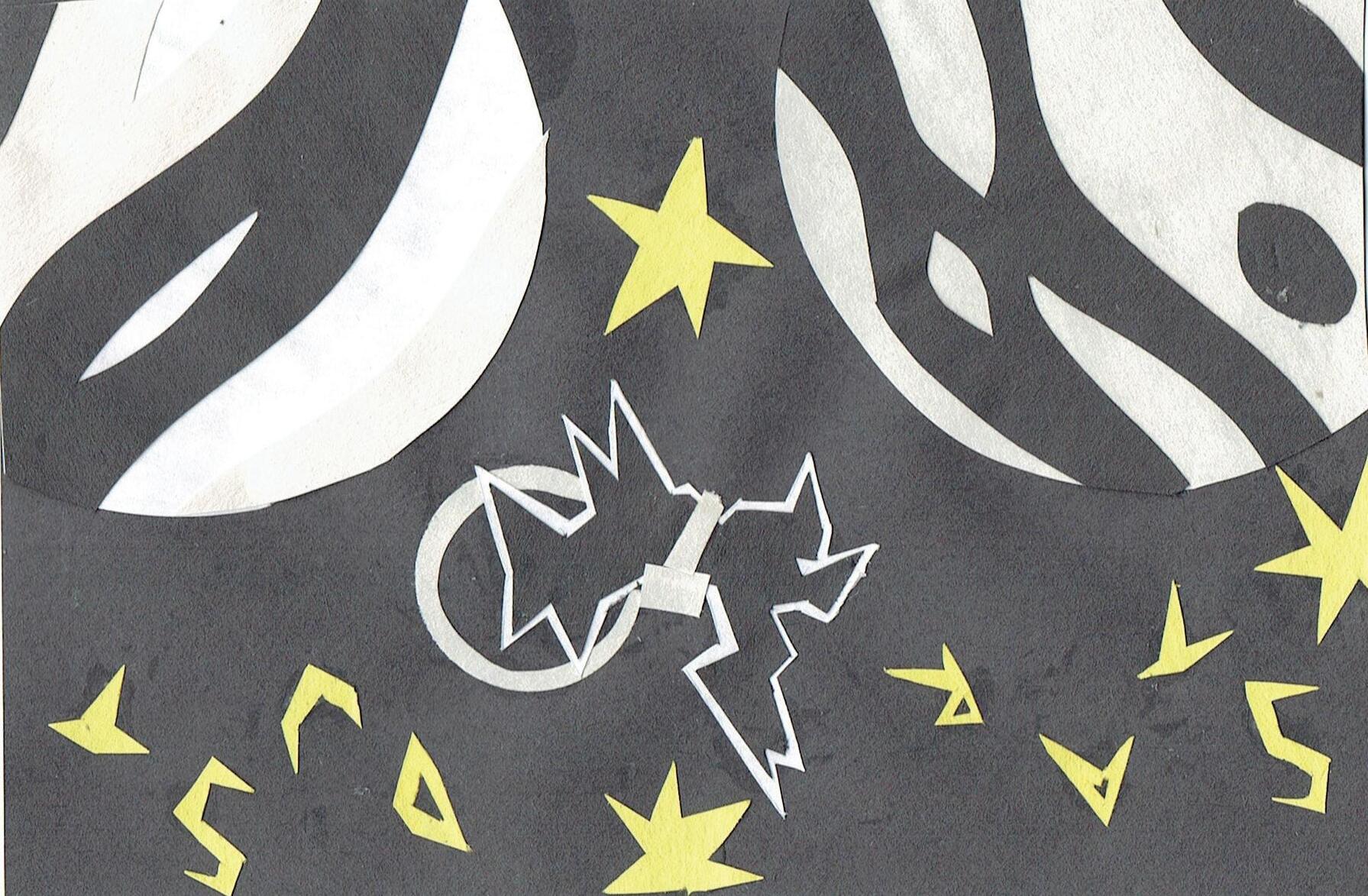
By Kathryn Hanes
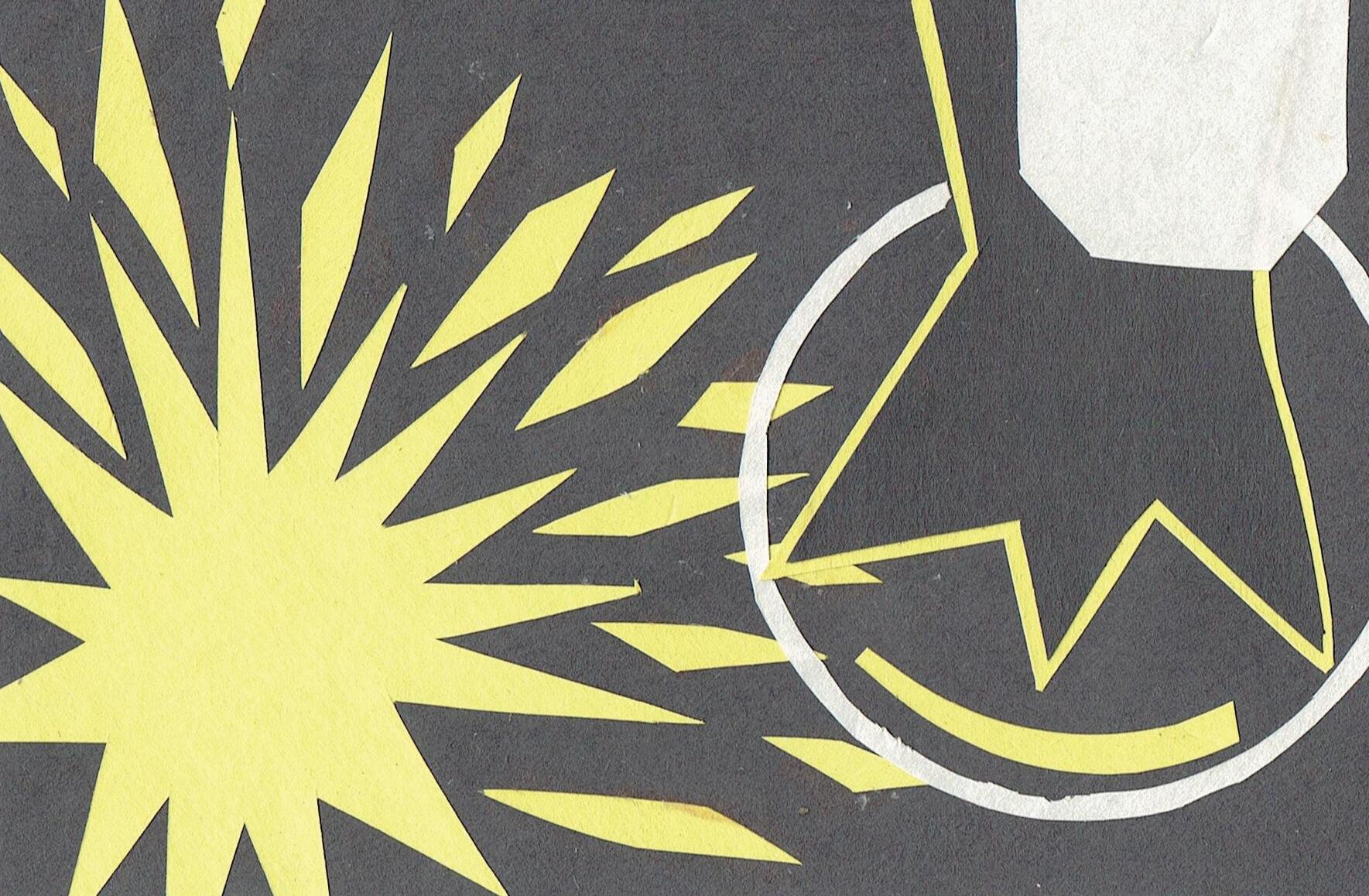
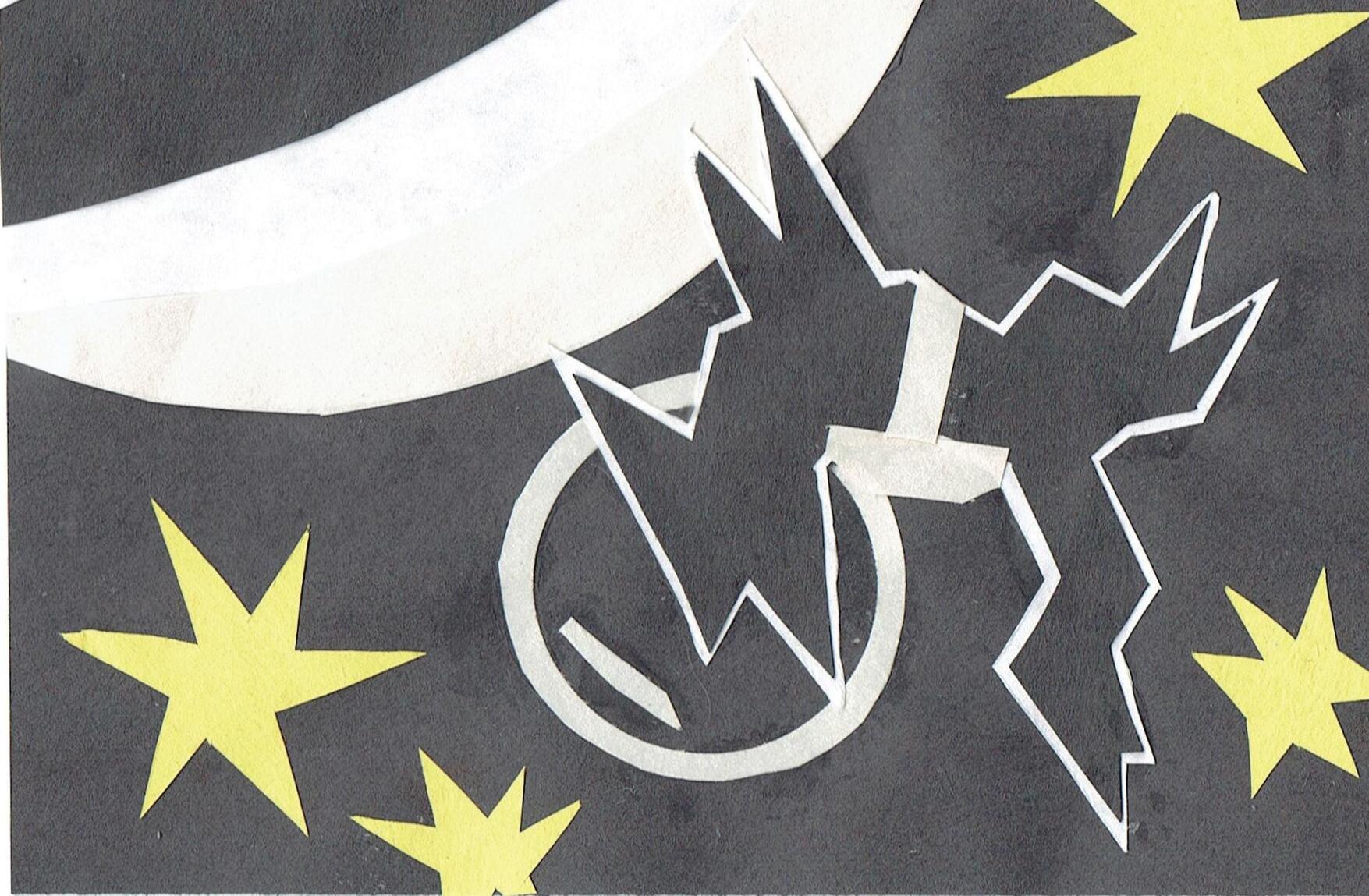
piece, tard st, represents c ri sit and r d e p rati n It as created entire t c t pieces c nstr cti n paper t narrate the sh rt st r a e p rin the niverse he trave s et een p anets, see in t its na destinati n t serve the s pern va a near star he si p e shapes and te t re the c nstr cti n paper are eant t c nve a ee in chi dh d n sta ia and nder as the navi ates the r d ar nd it
By Liam Strong
In most circumstances, the right side of my body can coast along just fine with its unstable ataxia. The foot for gas pedals, the hand at 2pm on a steering wheel, the asscheek best for cushioning a fall. On uneven surfaces, the canyons between ankle and calluses develop erosion, bruises calved from granite. For most people, especially those able-bodied, their brains or hearts or guts function as their internal GPS for decision making, where their bodies can go.
//
At the bottom of The Speed Demon card the flavor text reads, “Caution is for those who falter.” I pulled this mythic in the second draft for Magic: The Gathering’s February 2025 release for Aetherdrift, a lawless racing themed set cheered on by the ideas of a Mad Max: Road Warrior style competition. It’s silly, techy, neon. Schematically, limited format games between two players can run quickly; the card mechanics practically recommend fast-paced interaction. For other games, especially Commander games involving four or more players, the mechanics feel like a NASCAR grand prix that just won’t end. Because, as Magic suggests, Max Speed is where all the benefits are. Most cards in Aetherdrift require optimization, as in, the fastest is always best. The highest number is more equal than its lower counterparts.
// I tend to have a vendetta with masculine hobbies, activities. The rules bother me. They’re the type of things I enjoy breaking, because, ideally, the goal is to have fun. Not obey orders. At most indoor kart racing businesses, for instance, drivers like
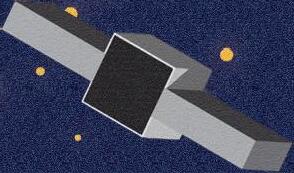
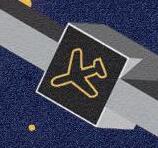

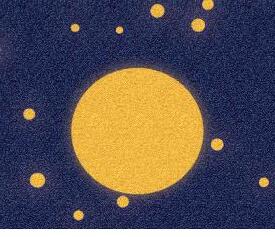


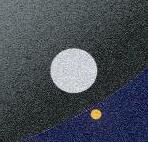



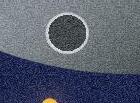














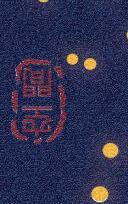
bly death, are: embarrassment, awkward silence as other racers watch you leave, evasion of eye contact, starvation, dehydration, negative self-talk, hypomania, anxiety diarrhea, lack of motor control, pronounced foot drop, and shame.
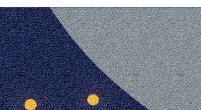
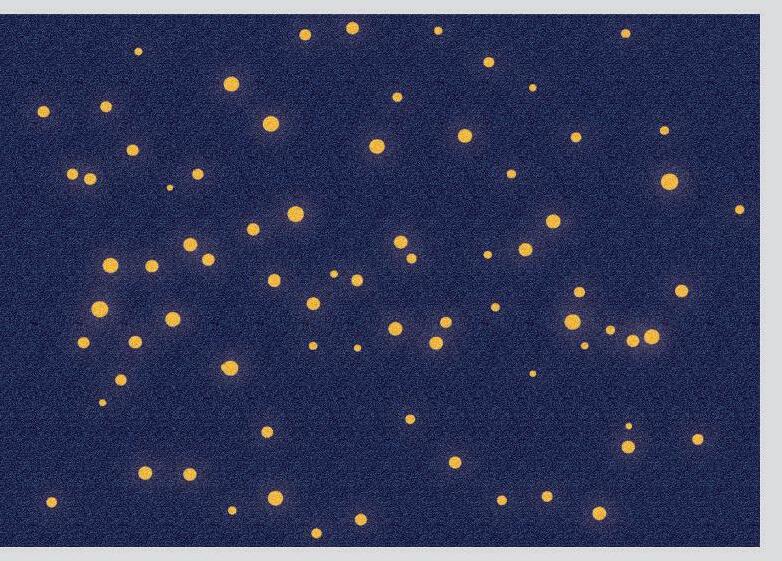

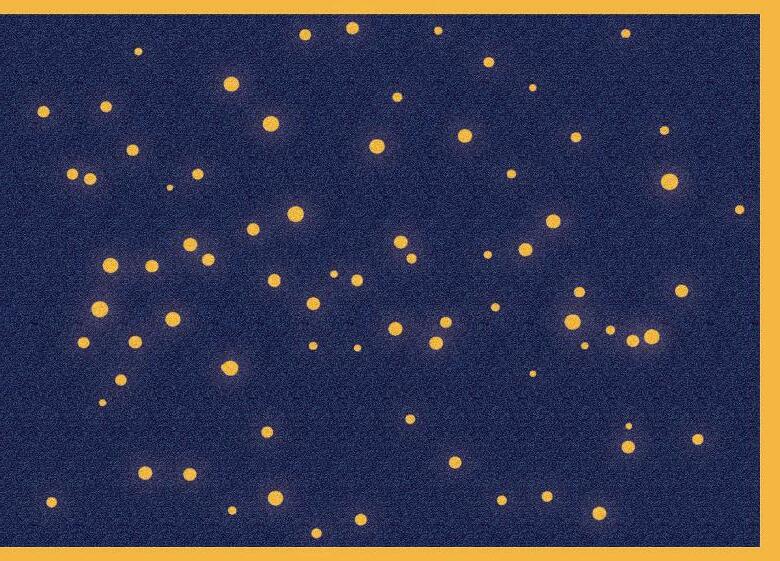
to disrespect the trackmaster, the person whose job it is to communicate infractions or warn racers to allow other karts to pass. It’s an easy hobby to pick up, easy to learn, easy to exploit. For people who don’t experience chronic pain or noncompliance with their own nervous systems, racing is an espresso shot of exhilaration.
The consequences for chickening out of a simple kart race, least nota-
“I tend to have a vendetta with masculine hobbies, activities. The rules bother me.”
// My legs would probably say to a doctor that they prefer flat places. That they’d want to travel around the globe, scribble it off their bucket list. Really, they just mean they like feeling secure and accommodated for. This is a bit much for most people to consider, so they don’t.
//
Whether I choose to or not, my body defaults to half lotus pose, full lotus on both sides. After spending time in physical therapy, little increments of my body deconstructed at a time,

what my body would fluidly, inadvertently contort itself into were traditional Buddhist meditation positions. At home, I’d organize Magic cards in seiza, alternate sukhasana between right and left legs while compiling hundred-card Commander decks in my spare time. It was a hobby my brain and body both approved of.
Traversing the sweaty, claustrophobic, and socially unconscious aisles of a Magic: The Gathering tournament, though, is harder. While I was a casually practicing Buddhist and knew my body could handle sitting in at card tables for hours–often past midnight–the pangs of inadequacy would also register in the tournament brackets. Even after four rounds and an energy drink later, making the top eight players at a local card
shop couldn’t beat out the shame of walking.
Walking, or some have called it limping, to the front counter, grabbing my prize booster packs, and getting the hell out of there. Everyone, staring, what should have been an empowering moment, the odd sound of my name in the shop owner’s mouth. Not unlike a week later, where everyone and no one noticed me escape through a racetrack gate, metal snapping behind me like a prison. For a while, I waited for my friends.
A quiet, unmoving statue.
//
The Jibbirik Omnivore, a two mana cost green creature card, has only lore text, and no abilities: “‘Roadkill’ takes on an entirely different mean-
ing when the beast you crash into is more likely to kill you.”
//
Lotus and its varying postures, however, also explore the most frequent cases of injury. Forcing knees to comply with placement on the thighs. Damage to the medial meniscus. Where immune-mediated nerves are pinched. Width of a needle, the space between thumb and index, .5 millimeters, in which a card might be drawn.
//
In Aetherdrift, the Cycling keyword returns to the forefront on certain cards. Players can discard the card, then draw from the top of their library. The unwanted or unnecessary debris is shoved aside, and something new is uncovered.
// Afterwards, I shoot pool with a friend, but I don’t know the rules, nor do I stress myself learning them. I exhaust the stripes of the rainbow into sinkholes. At some point, I scratch the cue without any collision, and feel like I’ve done something skillful, or something sinful.
//
Once a player has won the best two out of three games in a match against an opponent in a pre-release draft for Magic, only the winning points are actually counted by the tournament organizers. In a casual format–often just Fridays and Saturdays after the 9-to-5ers are finished for the day–a person could leave at any point, without saying a word.
Which, as a person who’s wallowed in and out of trading card games for years, makes the act of disappearance seem closer to a commodity, rather than a debilitating blow to one’s self-esteem. Additionally, a key component of trading card culture hinges on the rarity of cards, which implies an internalized hierarchy–that the more capable, useful, and sparse a card is, the better a player will do in a game.
Although the phenomenon is not a one-to-one science, there’s no rewriting its effects. As the land card Swiftwater Cliffs claims, “Glory is all the sweeter when
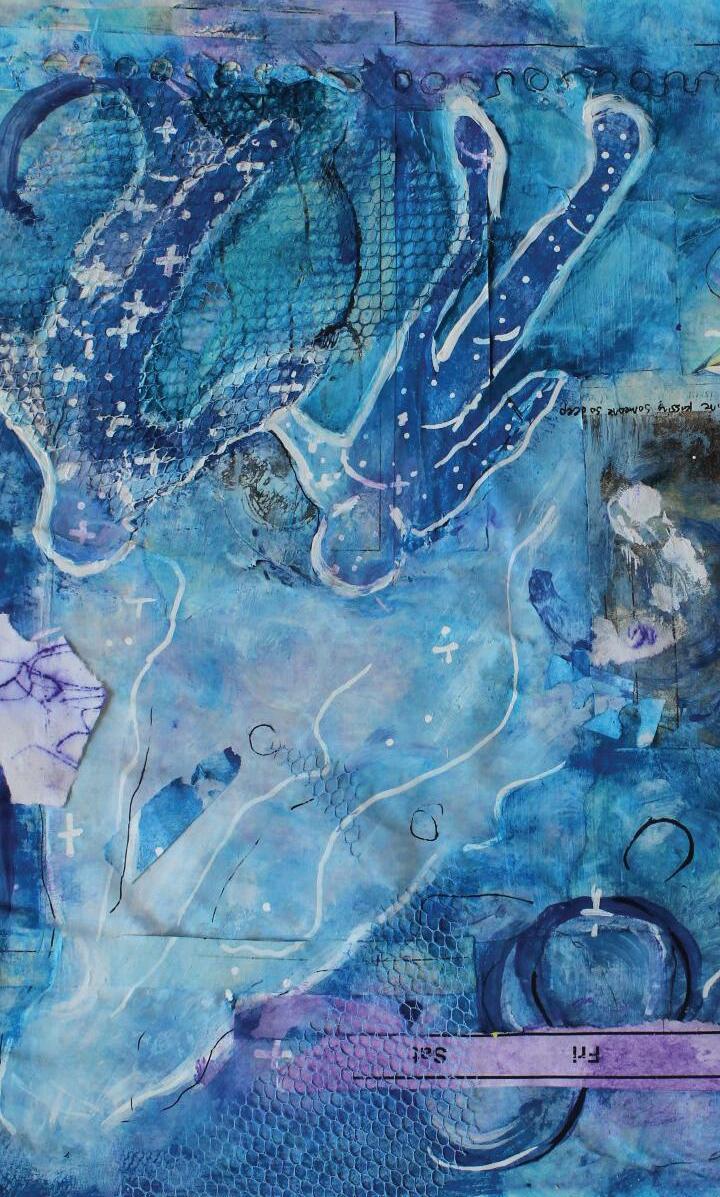
it’s won at the expense of others.” Only the people who can withstand pain, let alone pay to subdue it, then, till its end, are deserving of being identified as winners.
// Radiant Lotus, a colorless artifact card, consists of vague sentiment in its flavor text: “After devastation, hope bloomed.” By paying its sacrifice cost, a player may generate an excessive amount of mana to expend at their disposal. Said player could choose to target another player to give all of that extra ability to play more cards. Most players don’t, though.
// Able-bodied humans who jog place-to-place have time for exploration, have shoes fabricated from light years. The ratio of distance is less than the sum of its parts. When I had a body egalitarian to others, the world, naturally, conformed to the difference. The recurring cast of Magic: The Gathering, collectively known as Planeswalkers, drift through universes, dimensions, landscapes without effort. They, in literal terms, just walk between planes, and that’s that. The trouble of time doesn’t even disable them.
In Magic, it’s canonized that the player doling out spells in the form of foiled cardboard is, too, a Planeswalker. Without this logic, there would be no other reason for people to come together. The reality is that exclusion plays a role in its own community by subjugating and normalizing those with less ability as inferior.
In another lifetime, one where karmic justice might
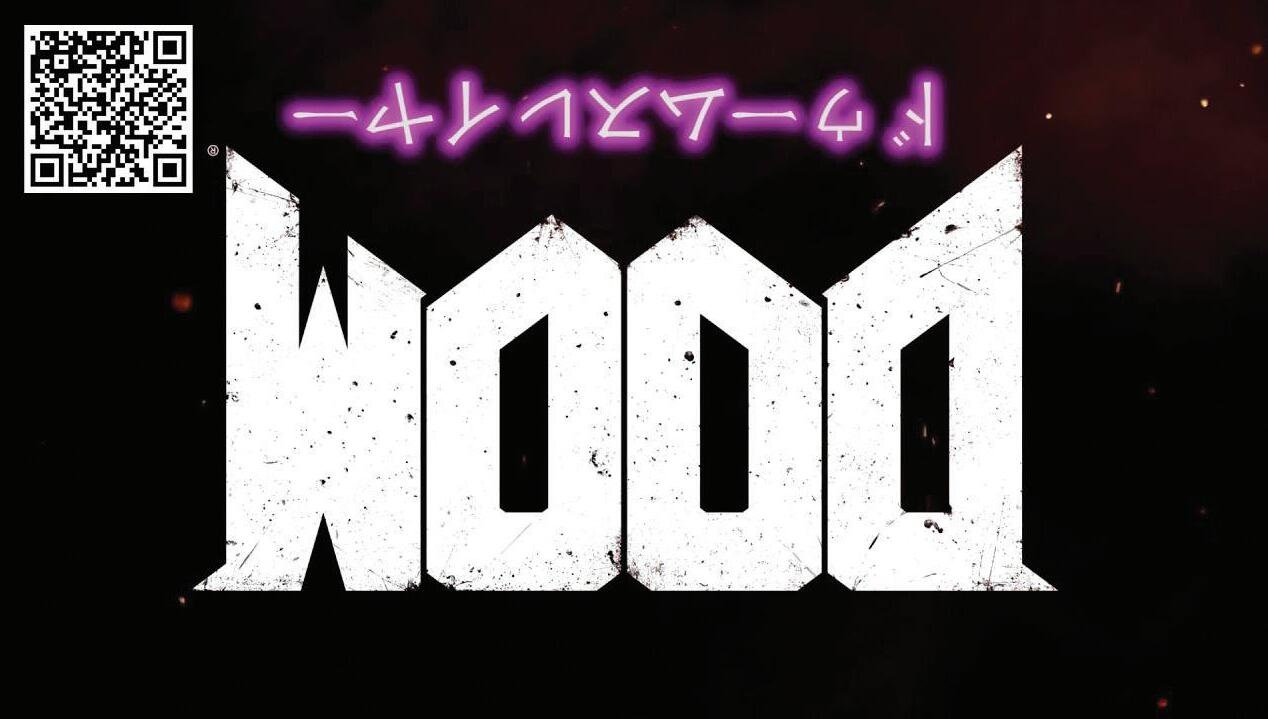
By Kendall LeBlanc
be warranted, it’s possible that I wouldn’t need to endure pain because I have to. There’s a plane of existence where the disabled person doesn’t have to apologize for every minor action that interferes with the ableist world we’re sequestered to. If I had the sorceries to do so, I wouldn’t have to embody that want for change through a card game. If I had bones and nerves confident enough to operate a vehicle, then yes, on paper, I’d be more utilitarian, valuable to society. I can sit with fatigue, meditate, but I’ll never have the correct, proper posture. Eventually, a deck will run out of cards, and also its answers.
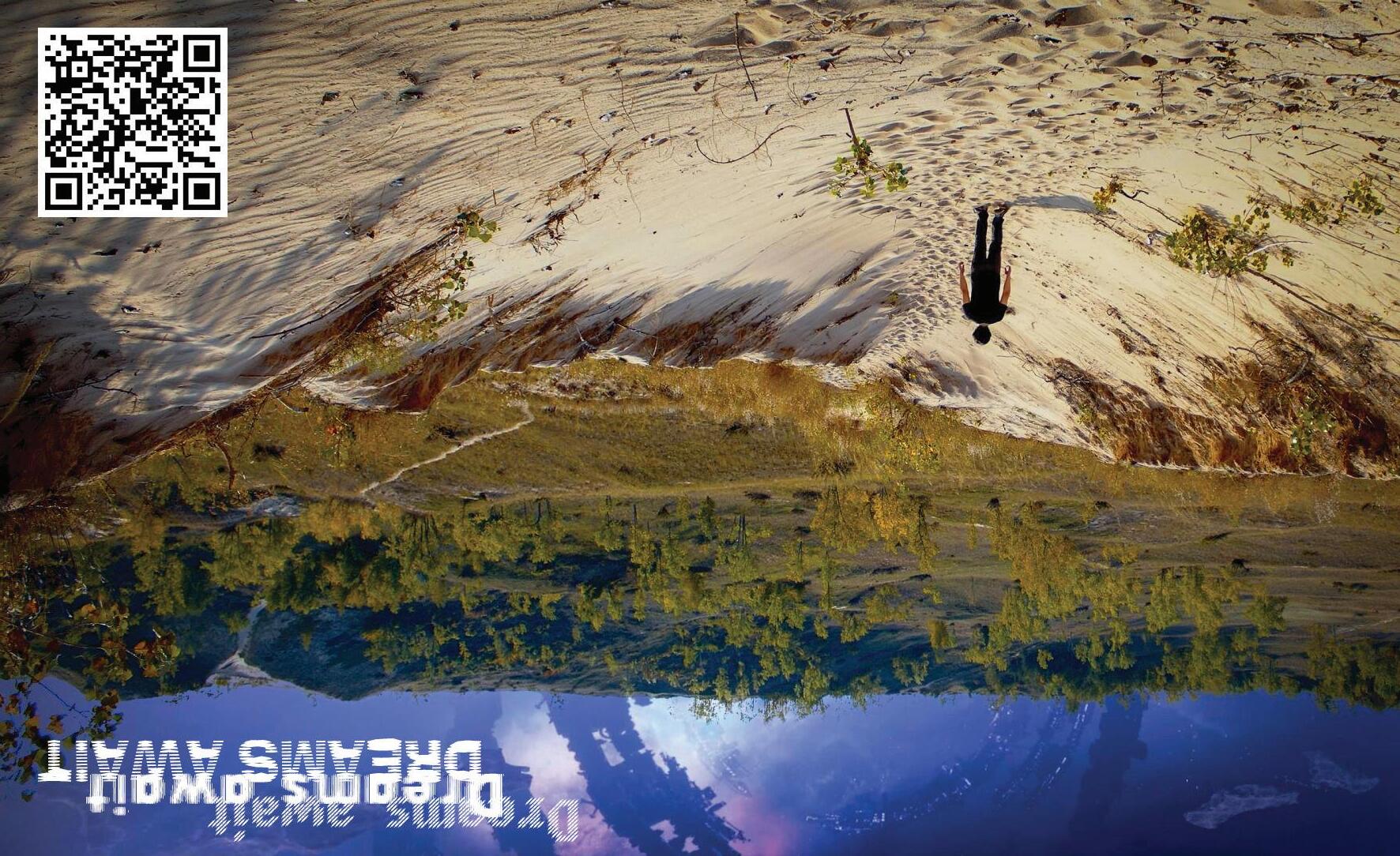
By Kendall LeBlanc
By Kendall LeBlanc
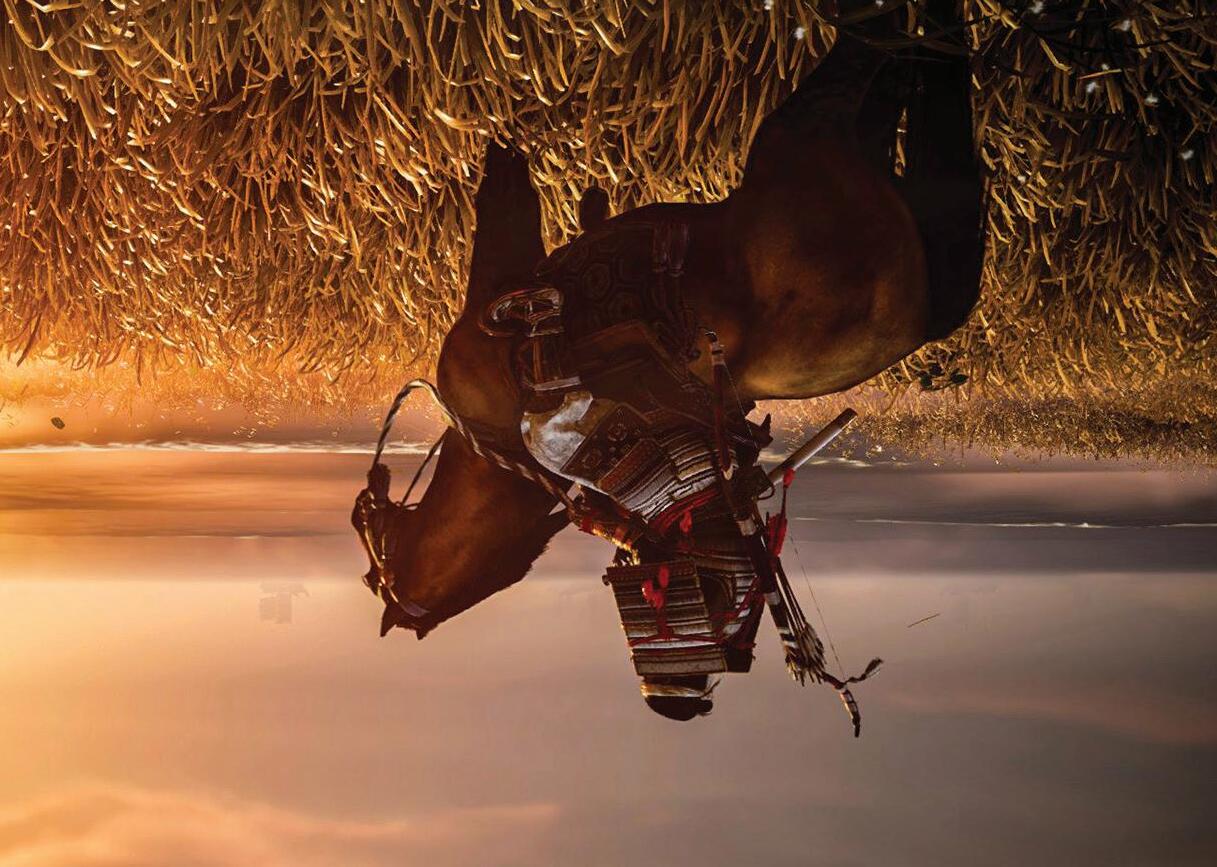
Artist Statement
I took these fan art photos while playing Ghost of Tsushima.
I thought they looked crazy cool. I put them into photoshop and made them pop.

Through skeletons of winter tree limbs
Seldom seen sunlight seeps in and my breathing deepens
I stand, swaying with this arbory army
Shoulder to shoulder like soldiers protecting the ground under me
Surrounding the perimeter, the sounds of the river
Thistle draws its thorn like a quiver
Careful precautions in preparation for an enemy
That I brought along, kept, pent up in me
A mind resistant to silencing
Wiley, resilient, resourceful and quite conniving
But with some sleight of hand and sly convincing
I can always get him to give in to me
By Jeremy Palmer
We all win in this sweet surrendering
Peace found in this pristine unfettering
Mind made clean by uncluttering
Clouded and clogged with worry and things
Carried away by clouds and chickadee wings
And With a wink
You see, I think
We never were prepared to ght
Arms in the air Unloaded, Made light
Let your cares Too Take that ight
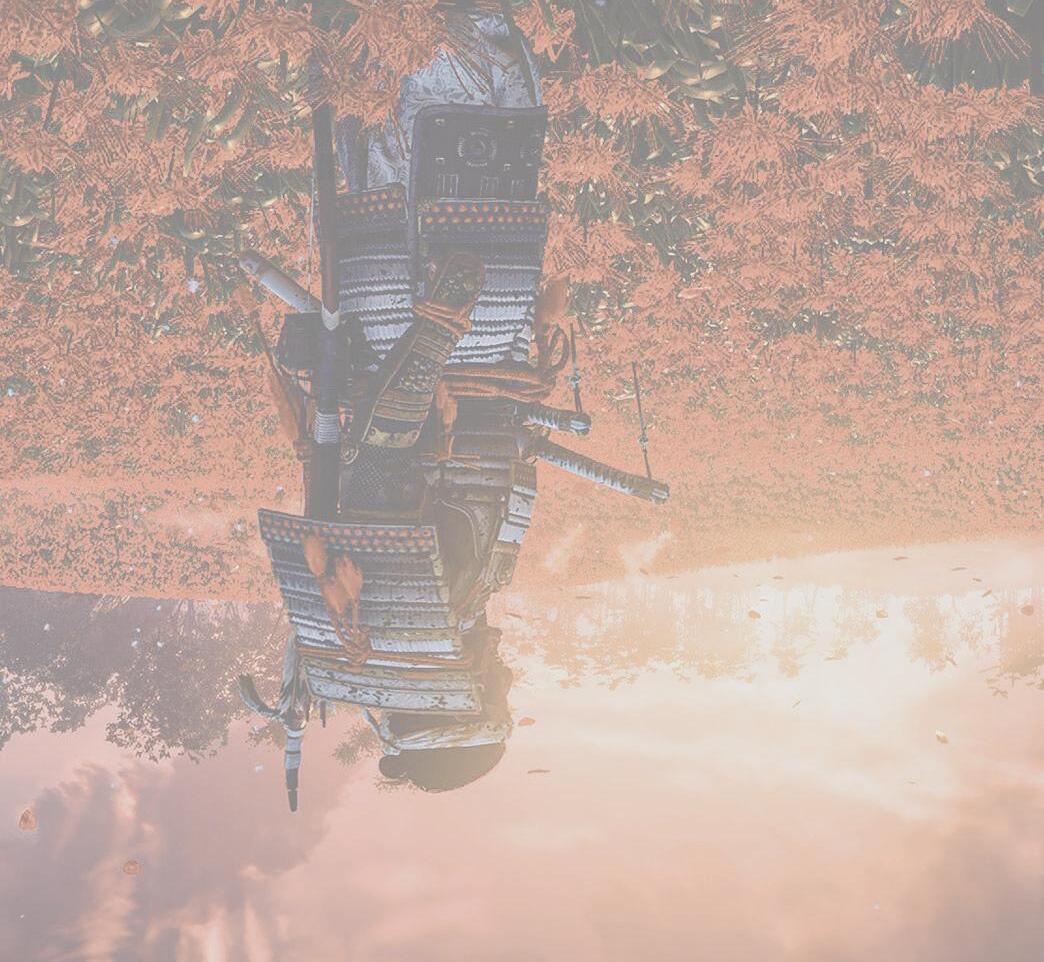
Eperfero mos mil il ex et quae. Gia dolorae sciatur iorerum que volendigenti illores minimpe rovitemo tem es acitatur aut aborehe ndipsam voluptusit aut, offic tet at verferibus arum, omnihillab id
By Stick Phillips
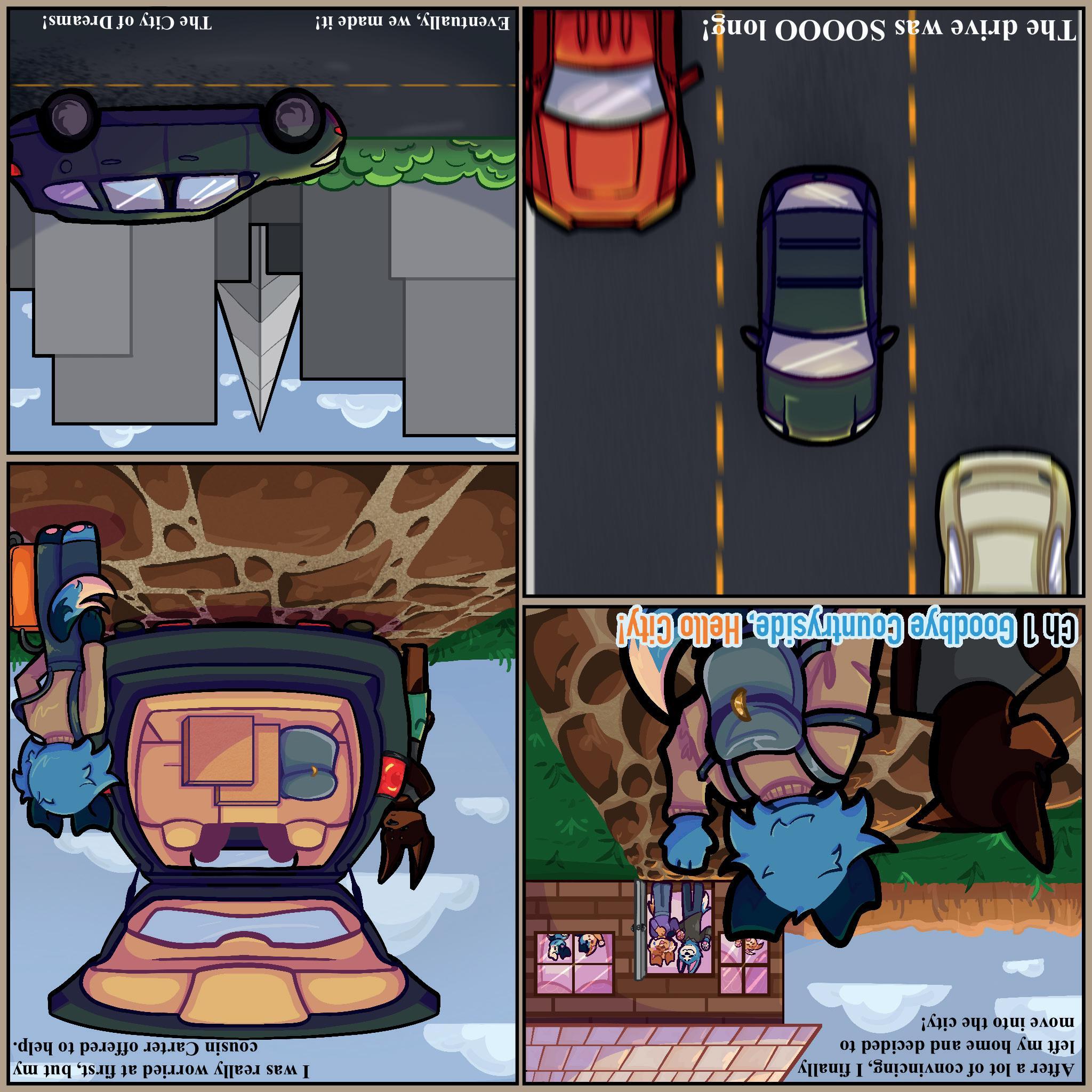
Artist Statement
